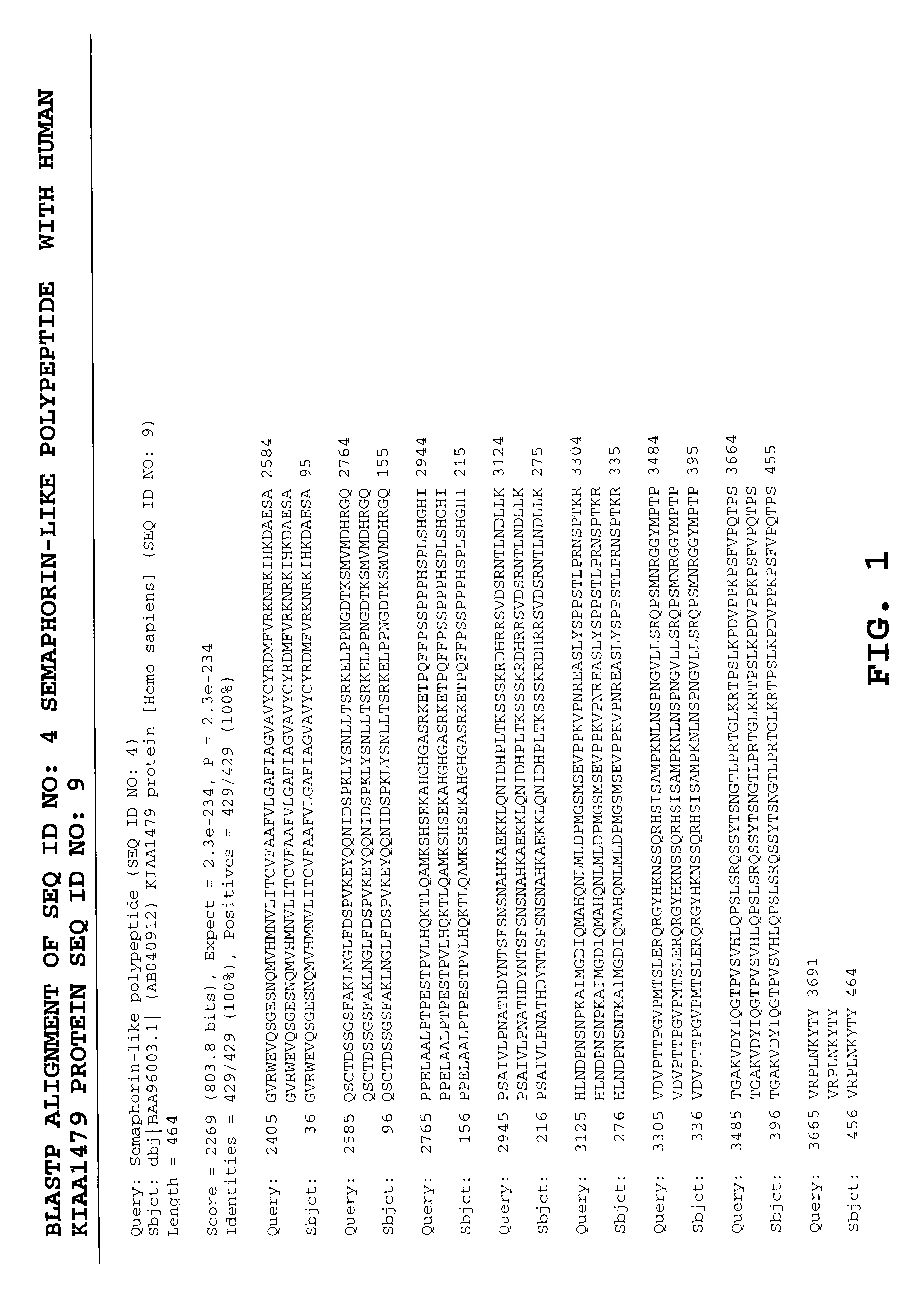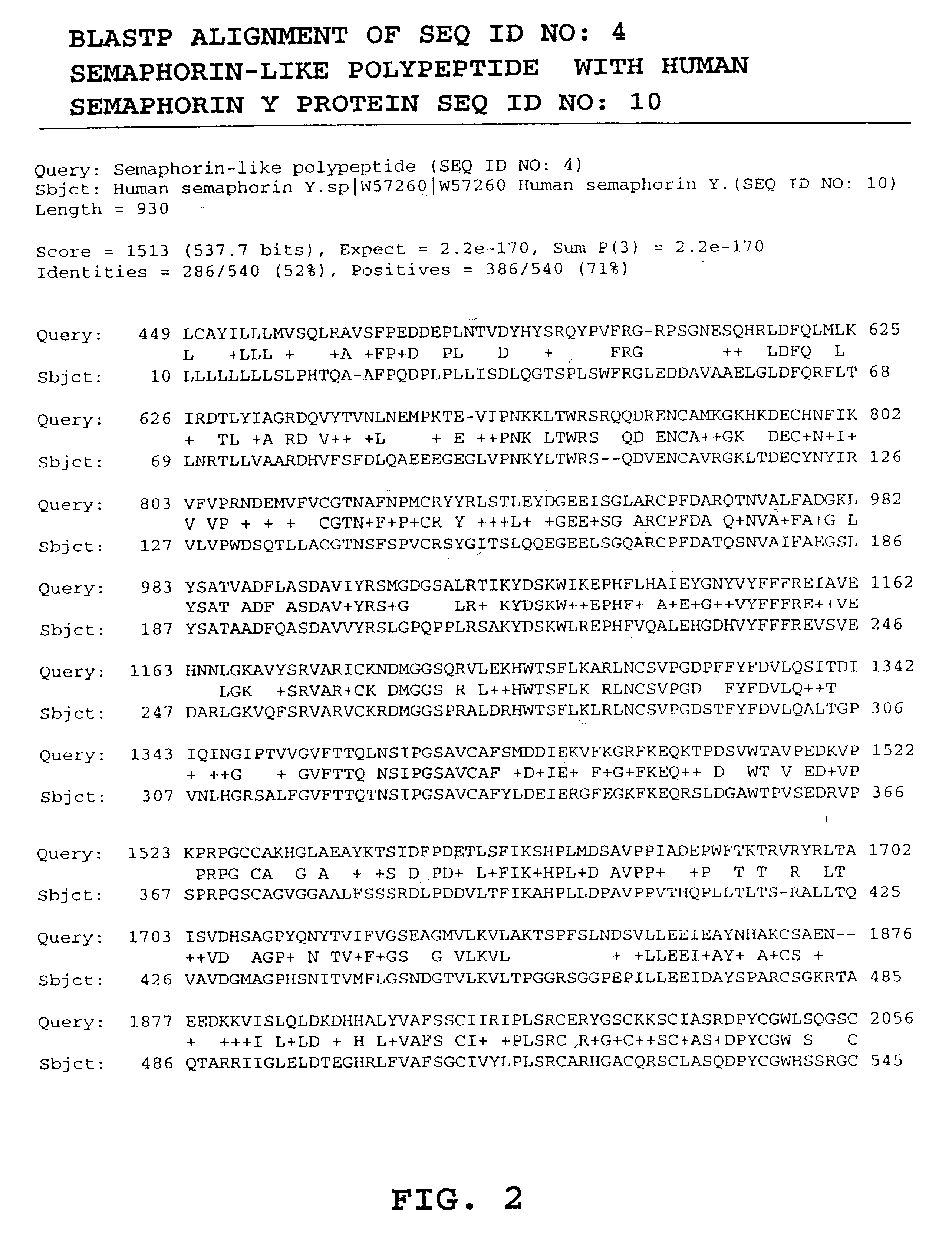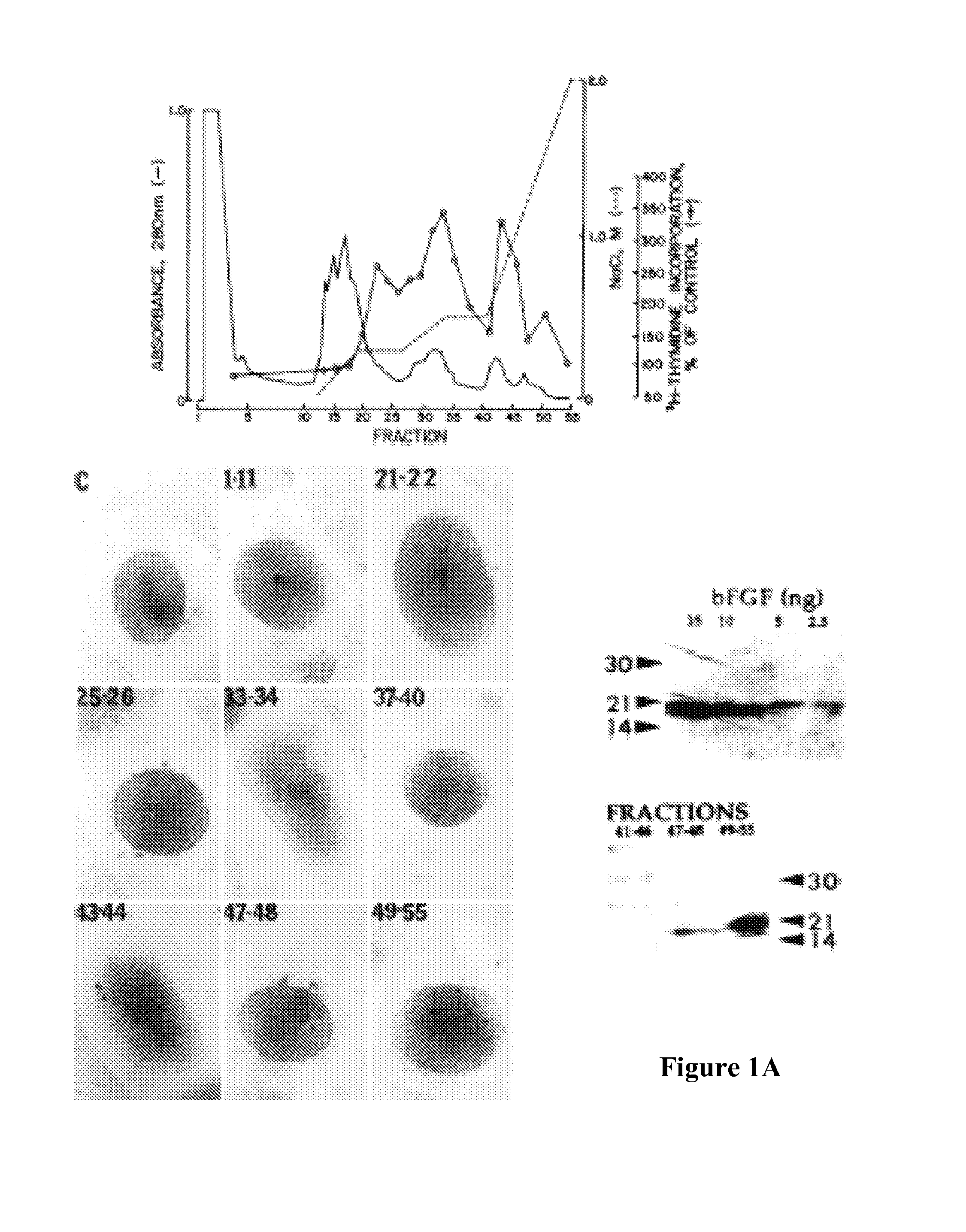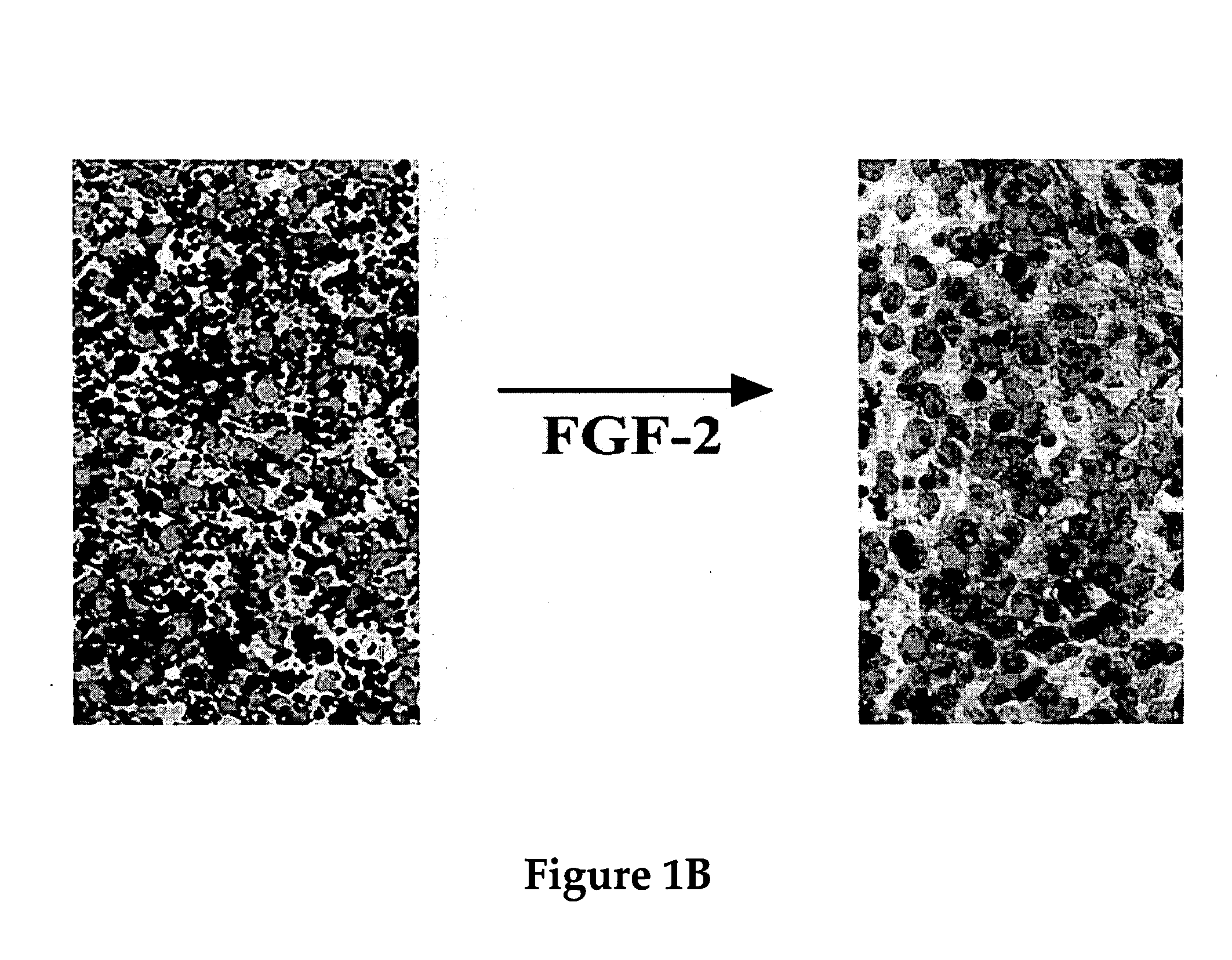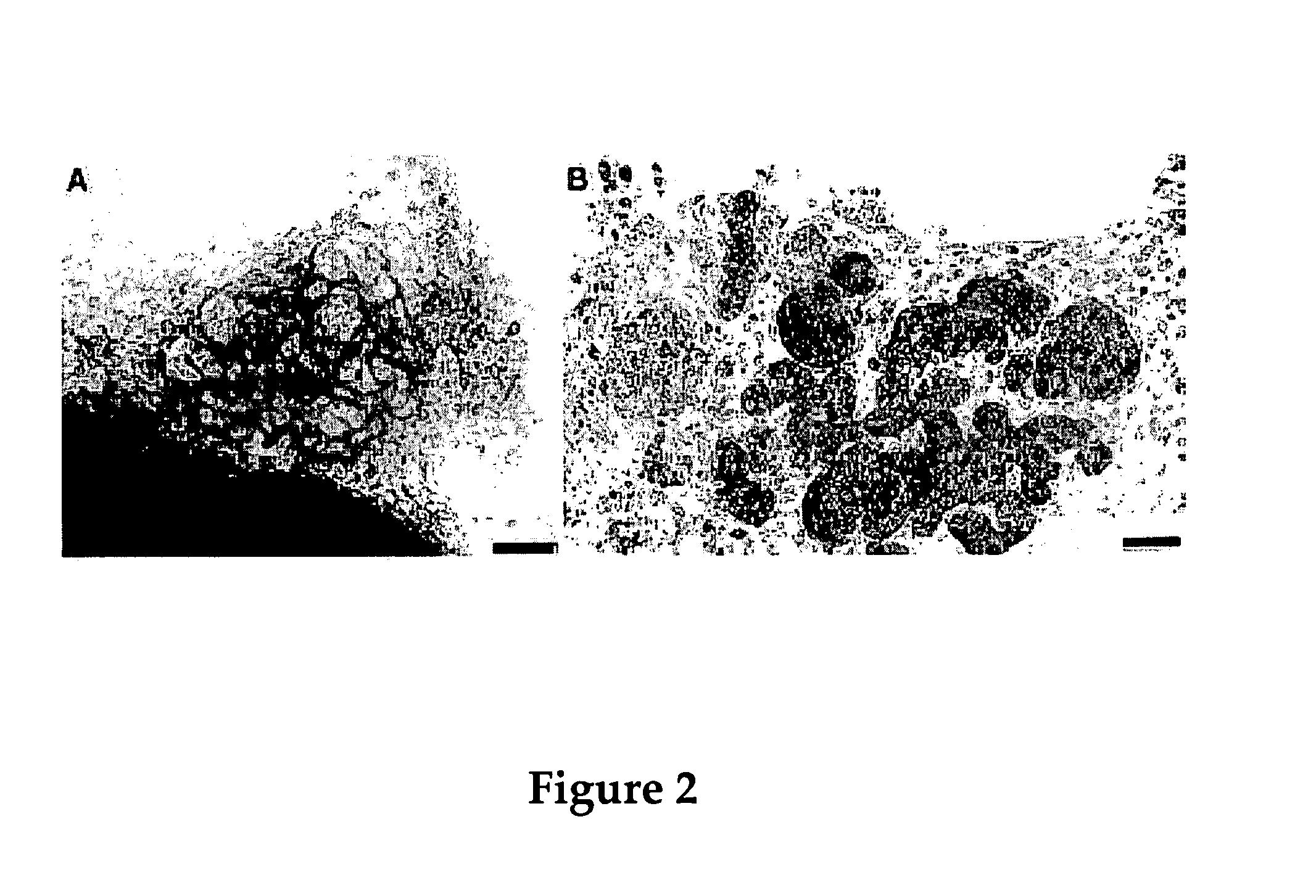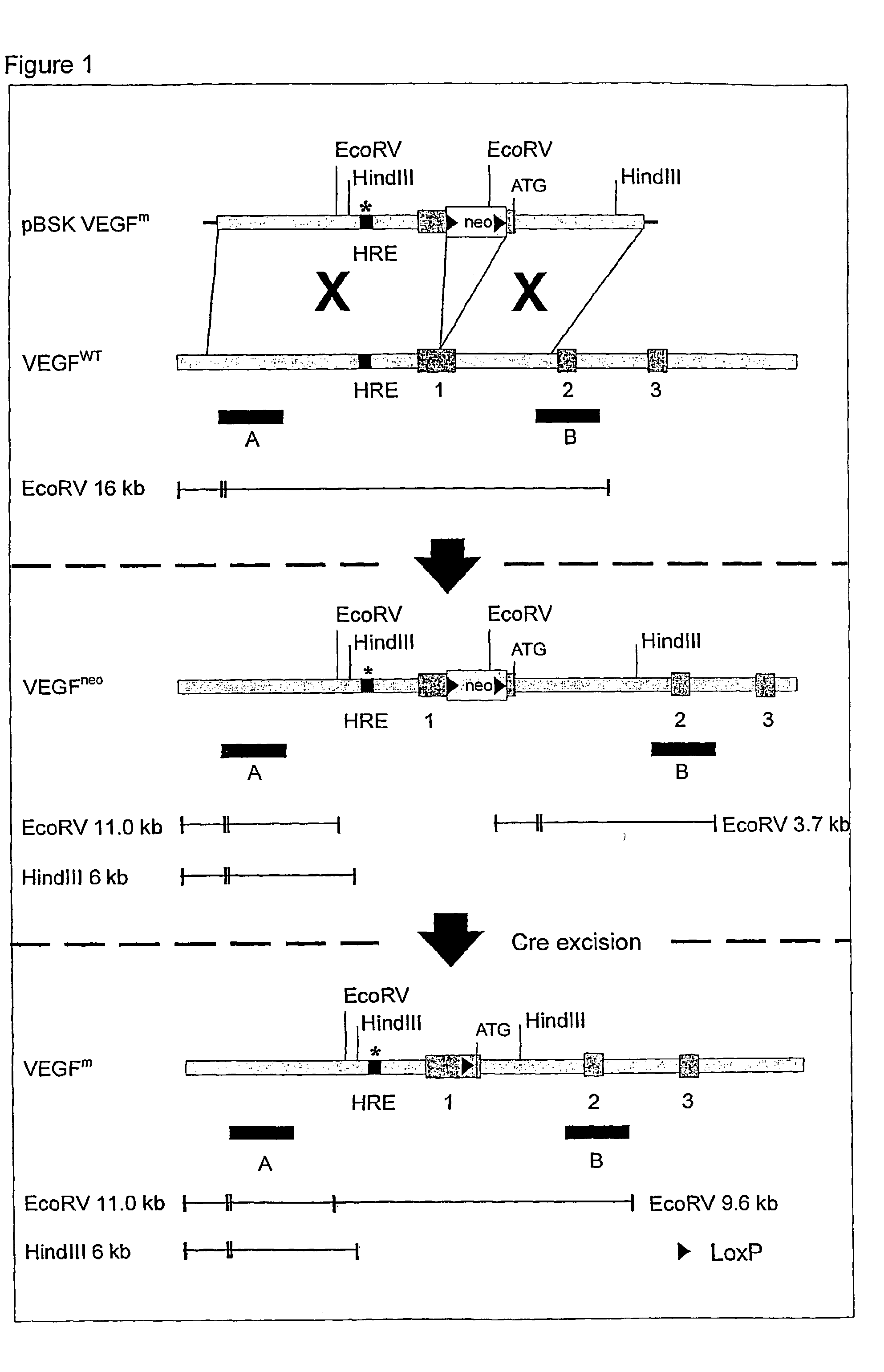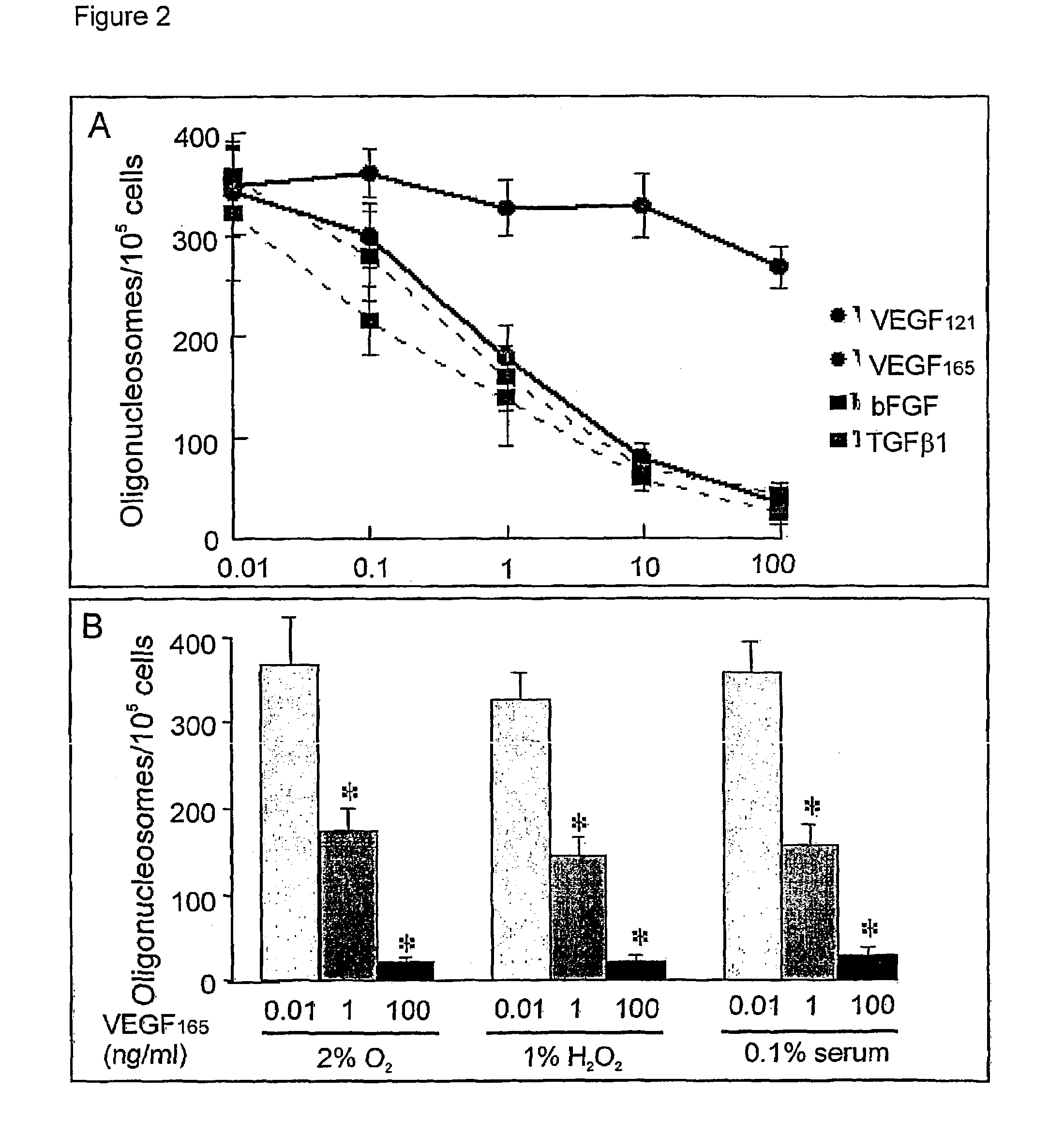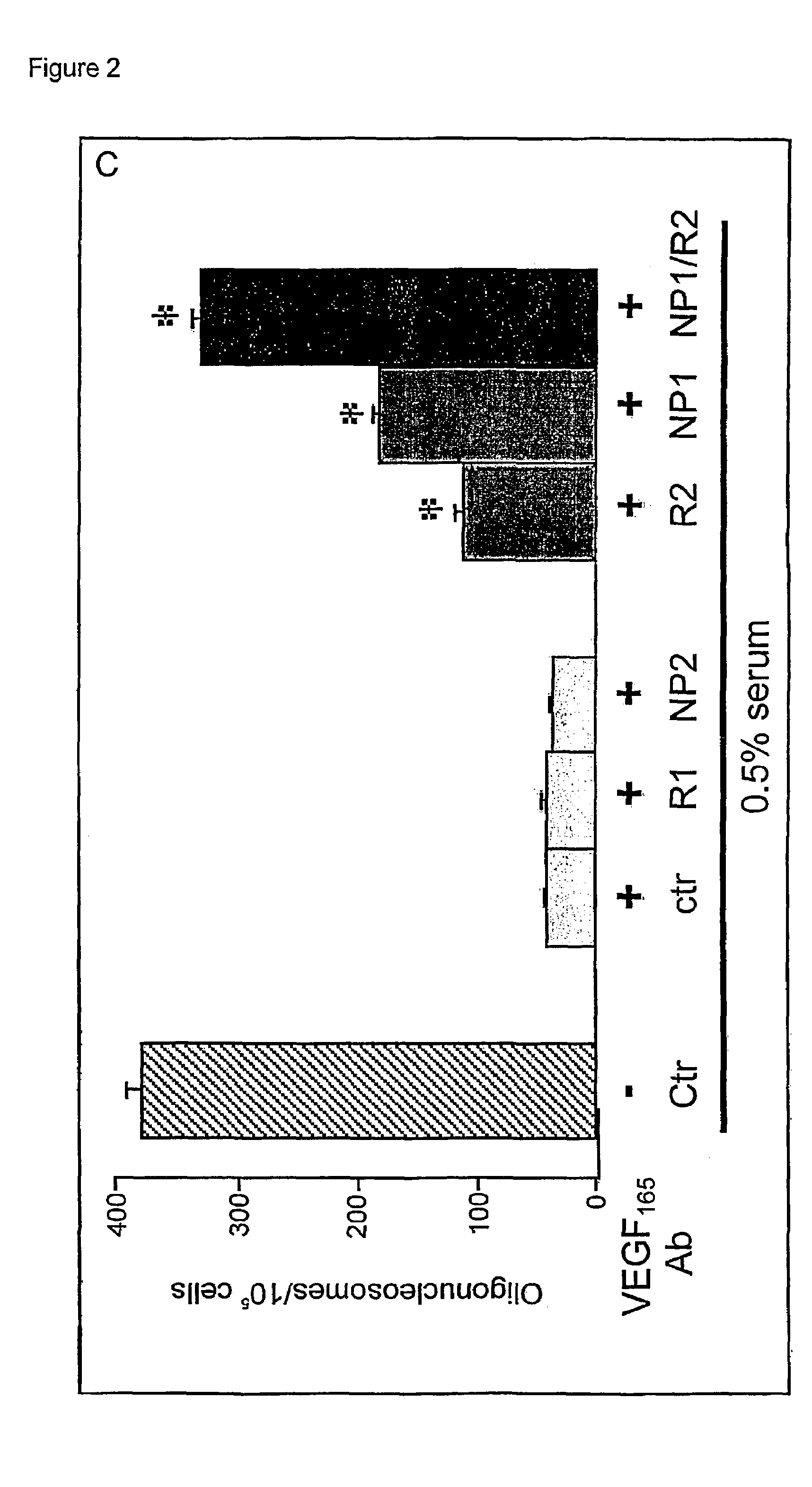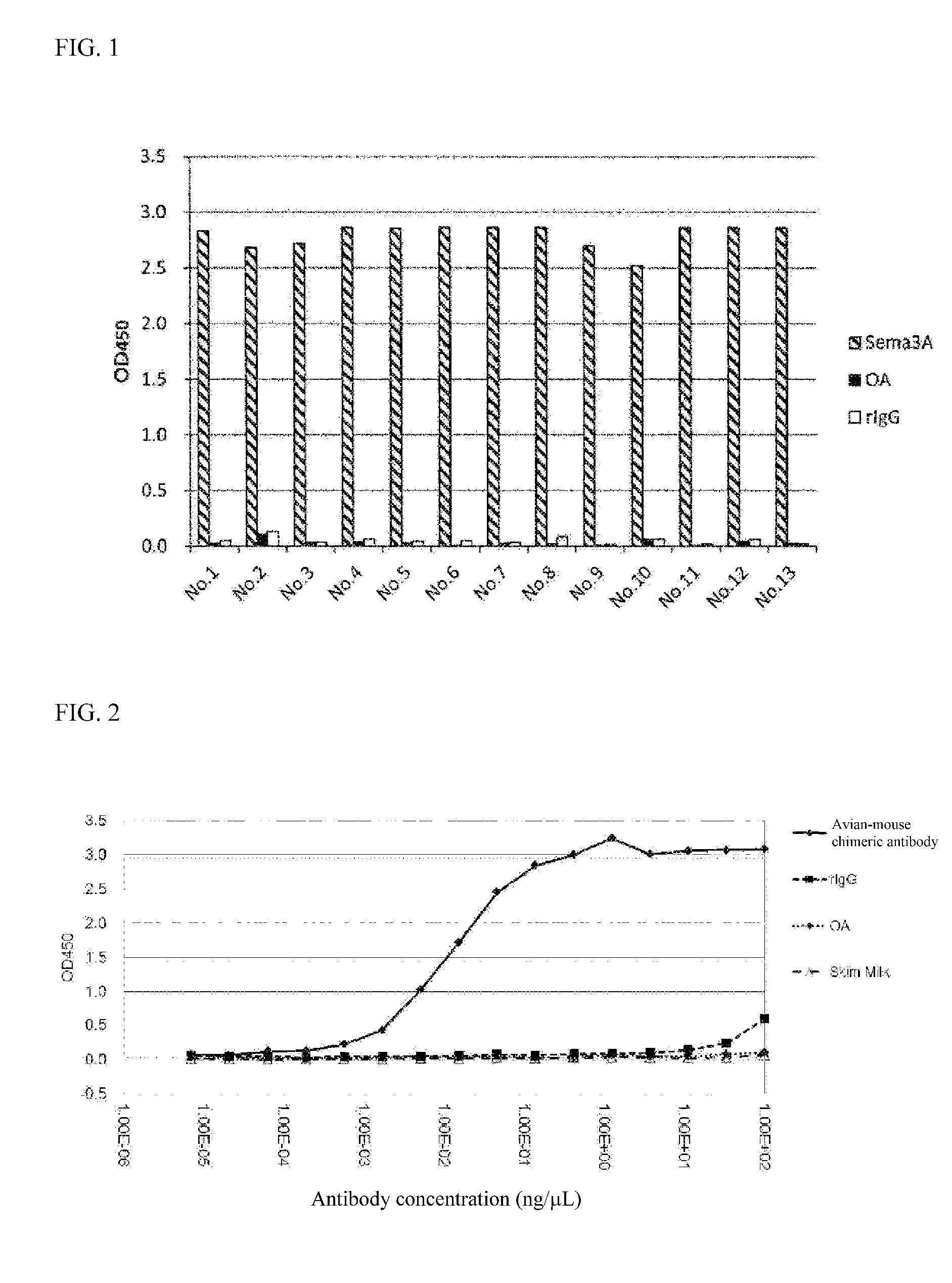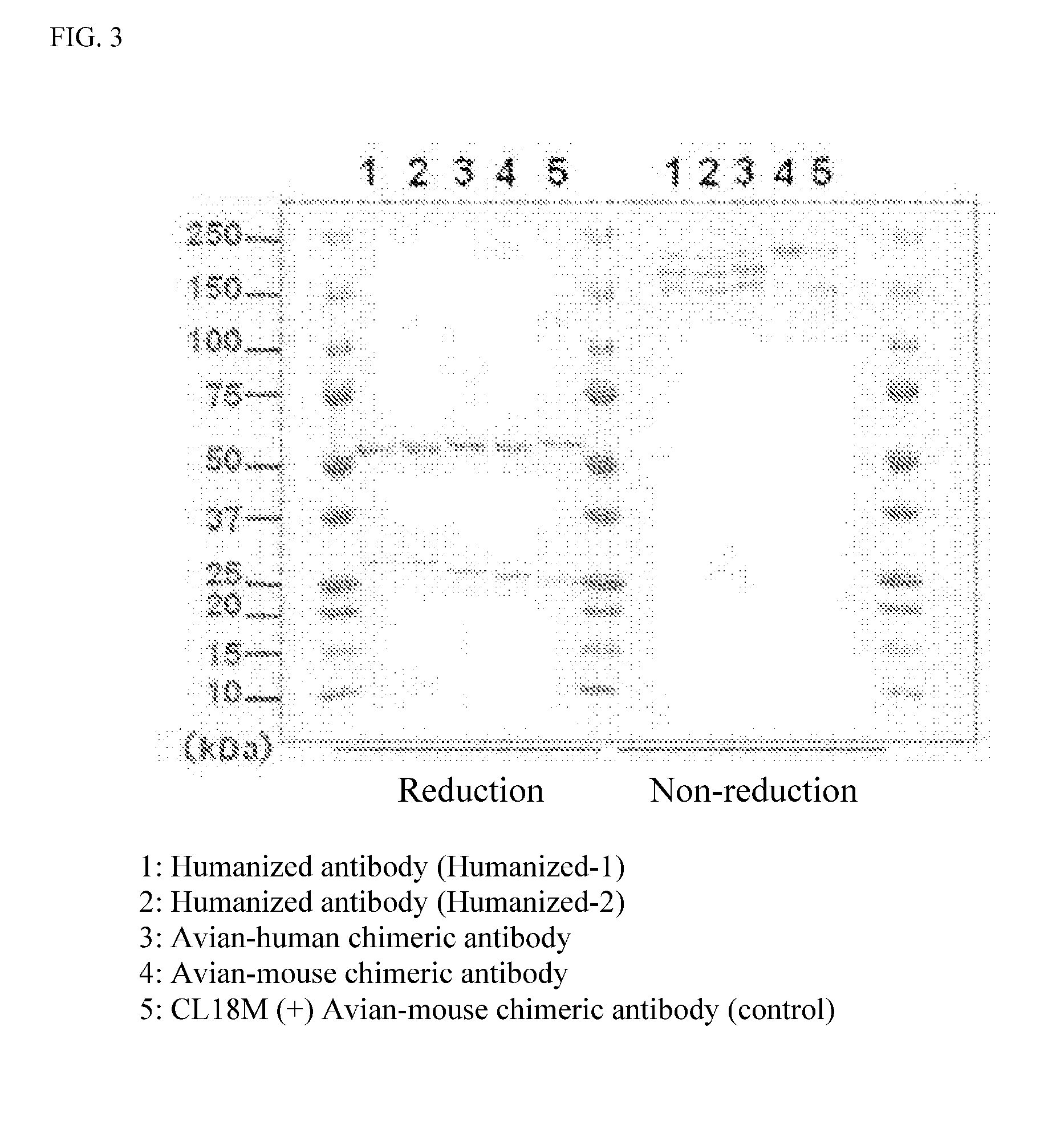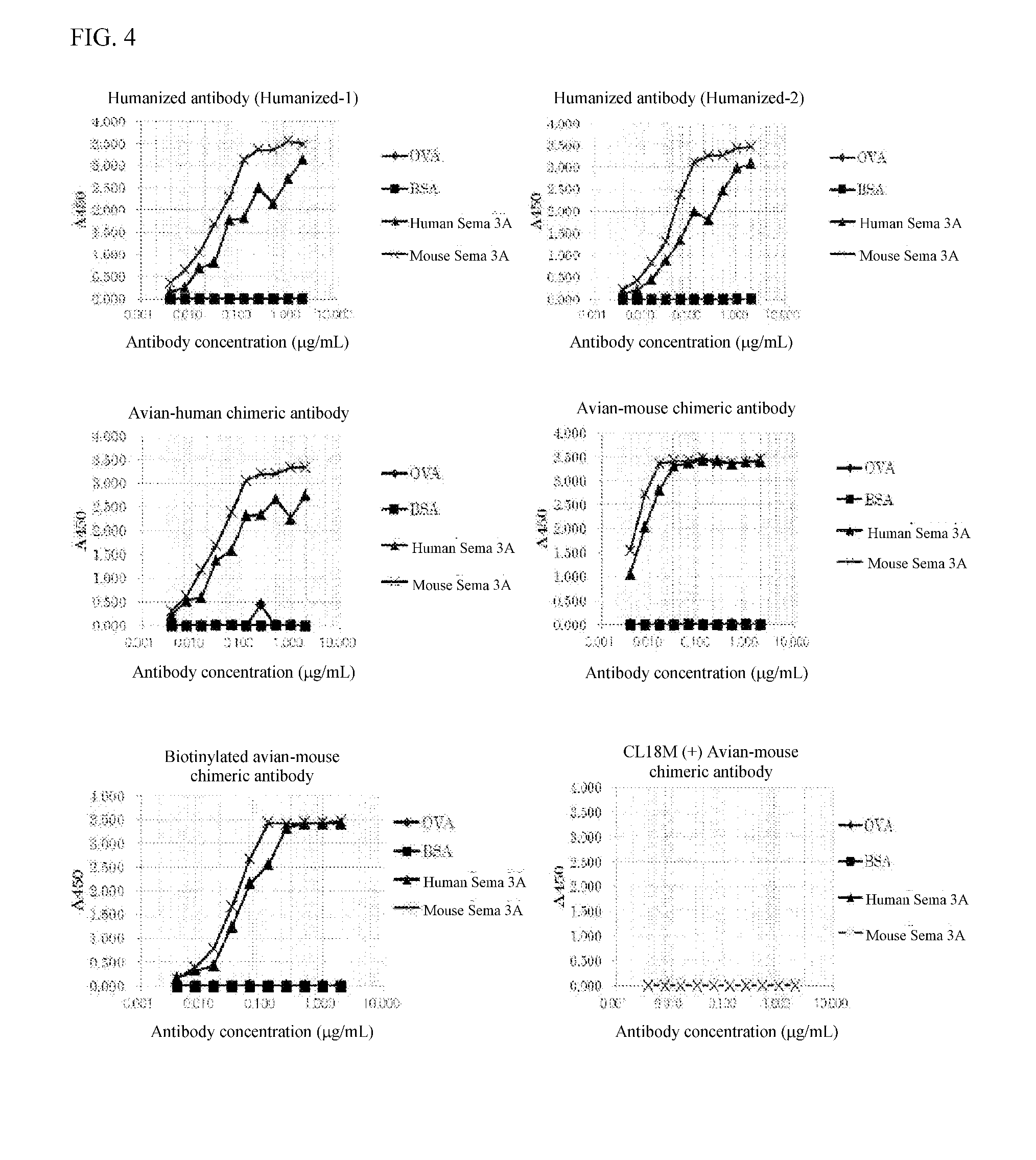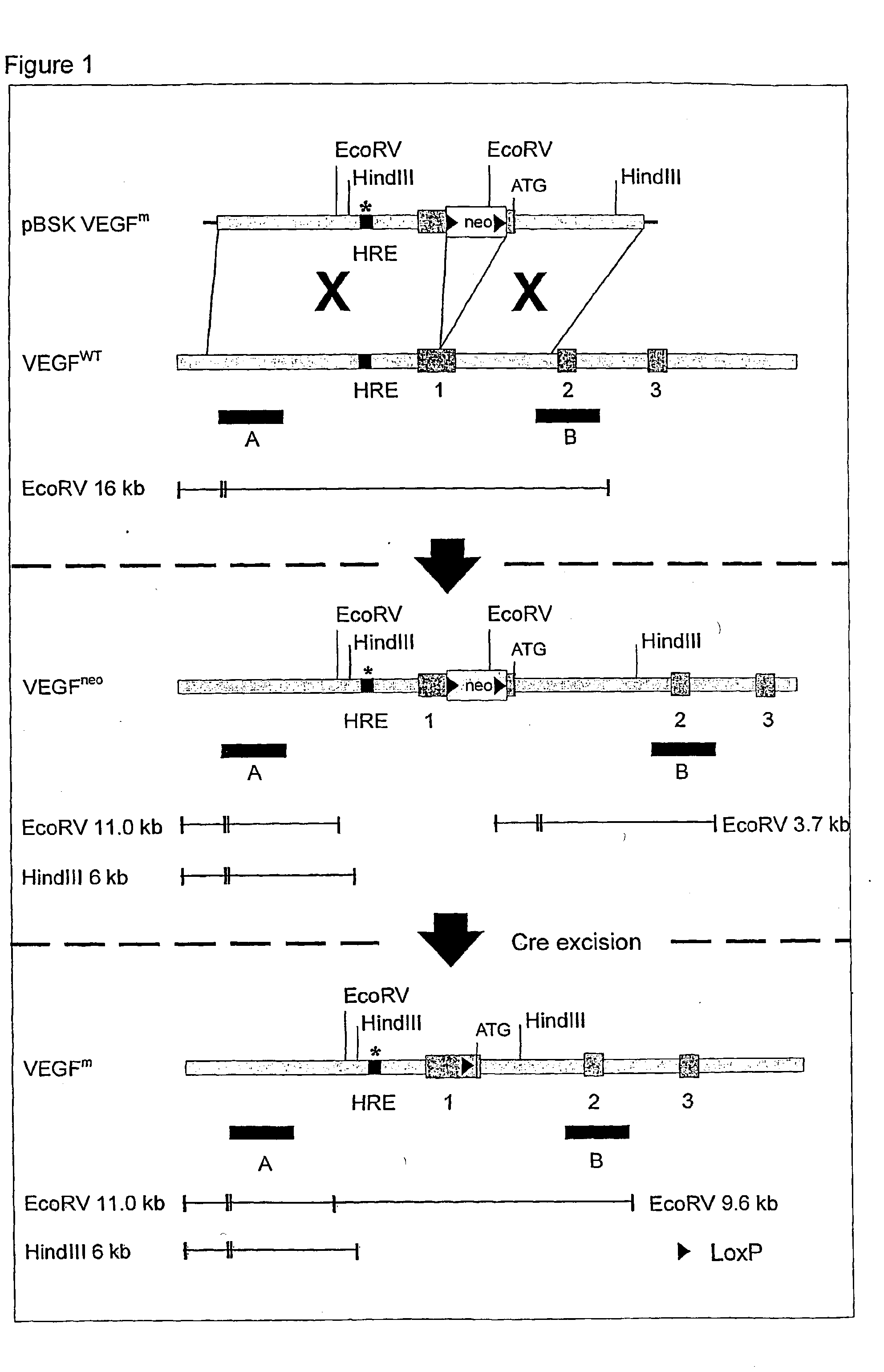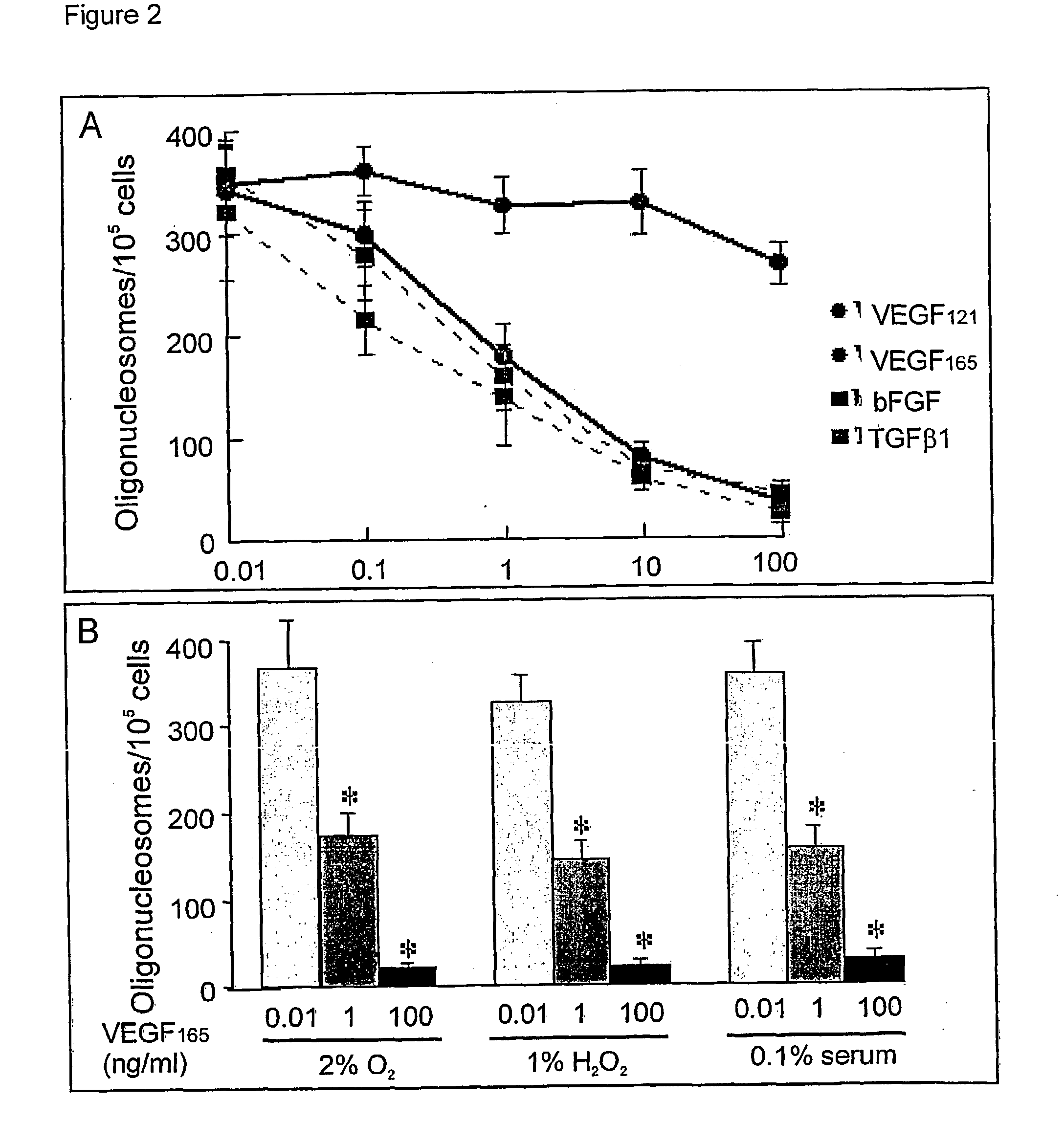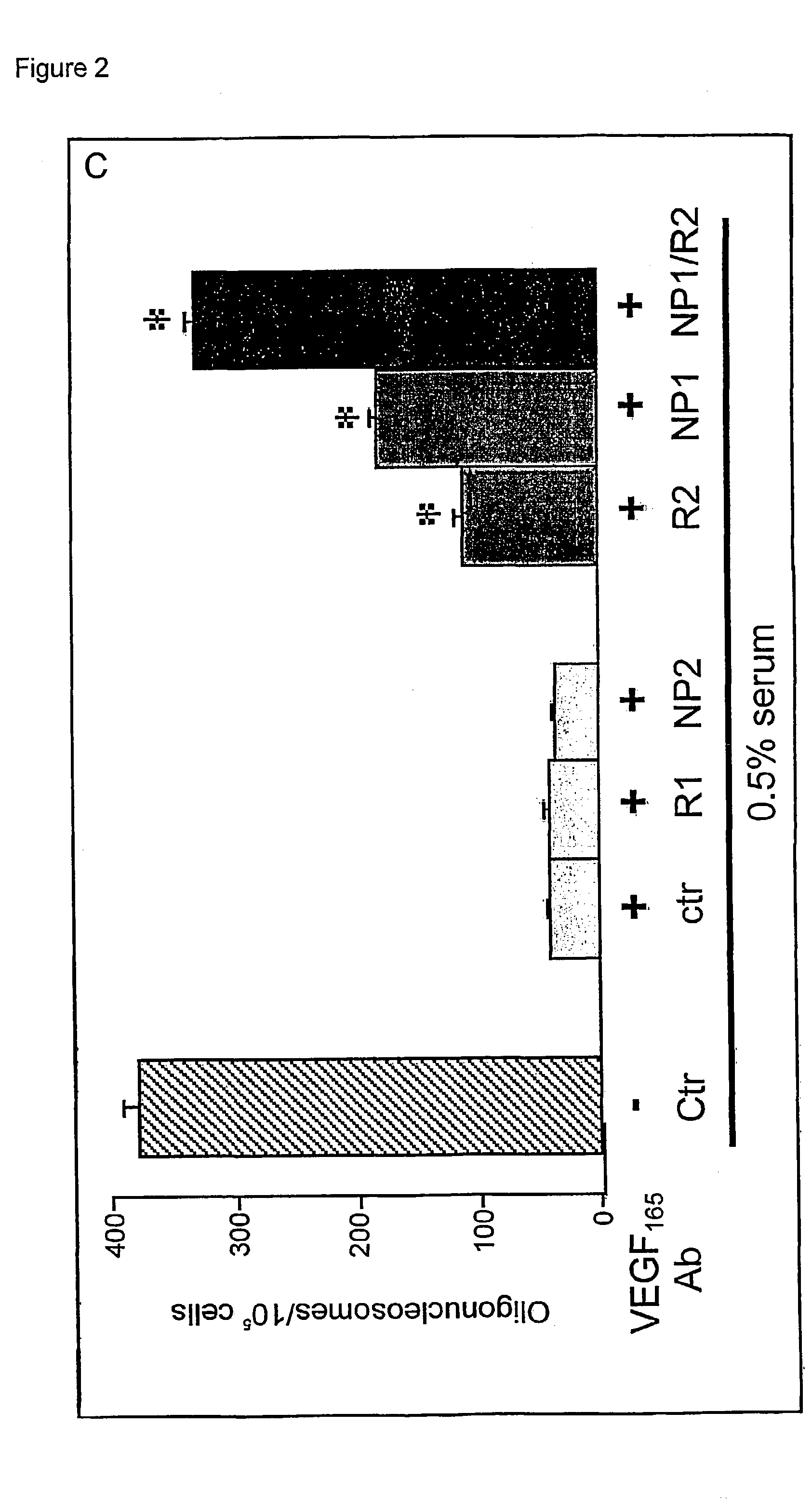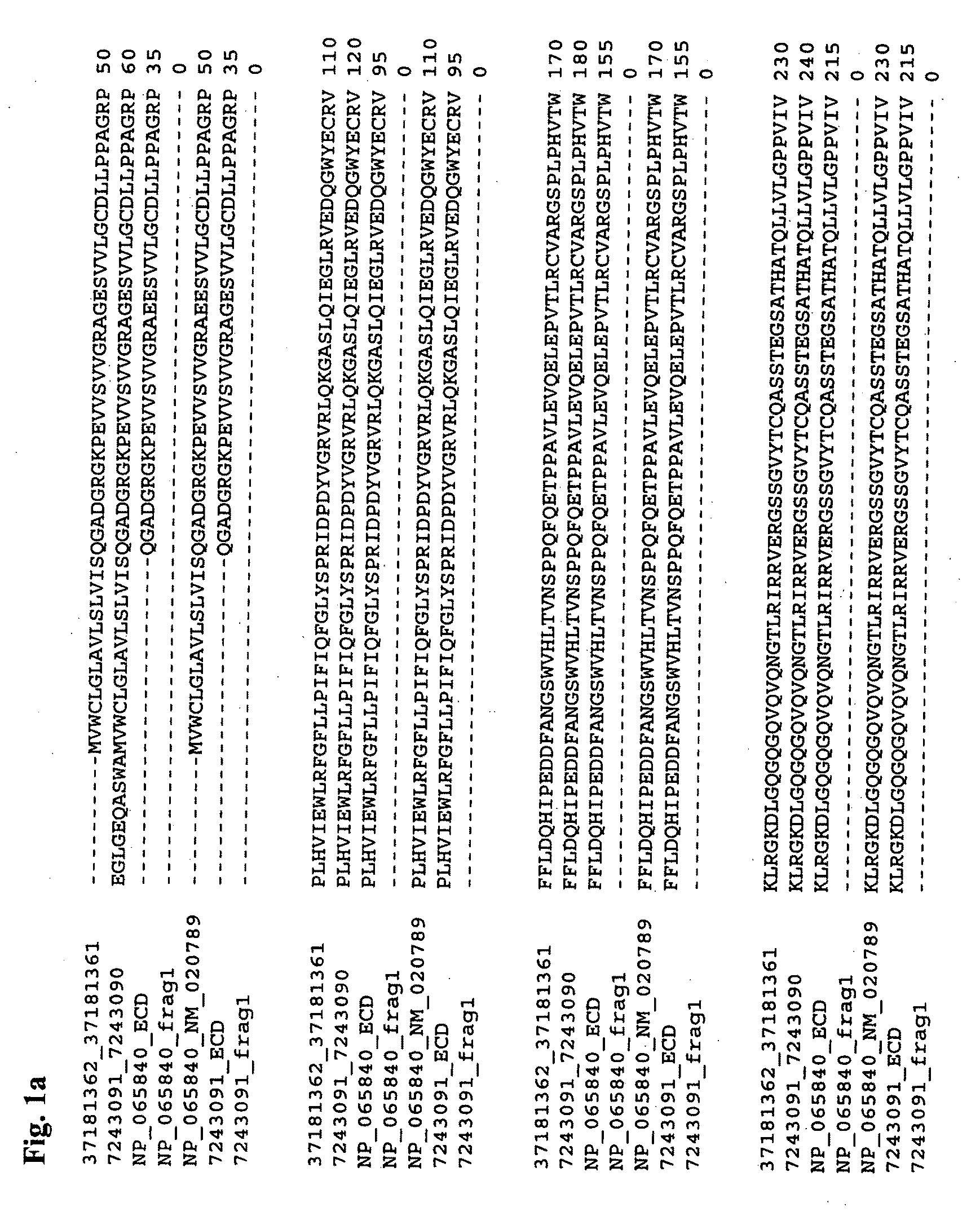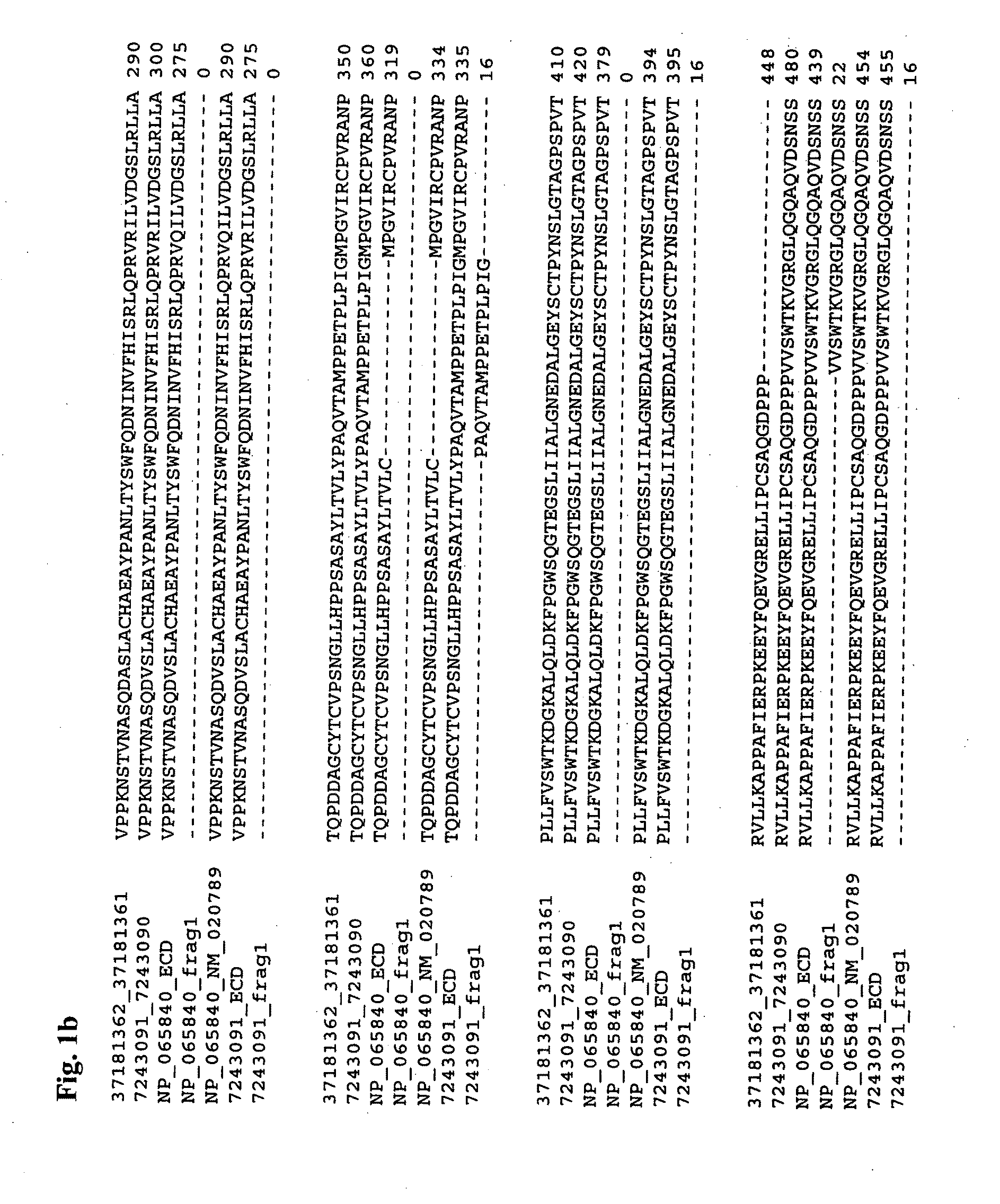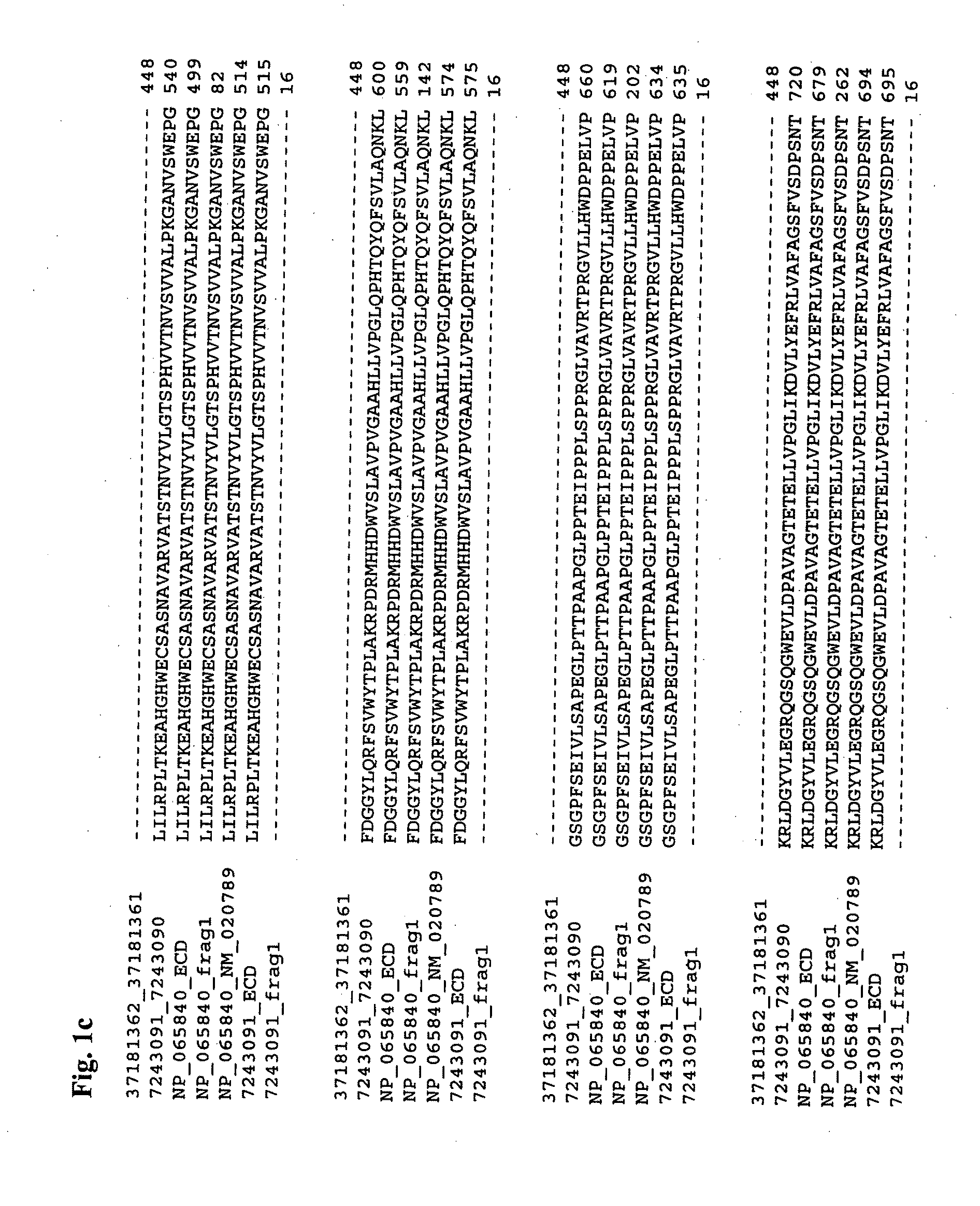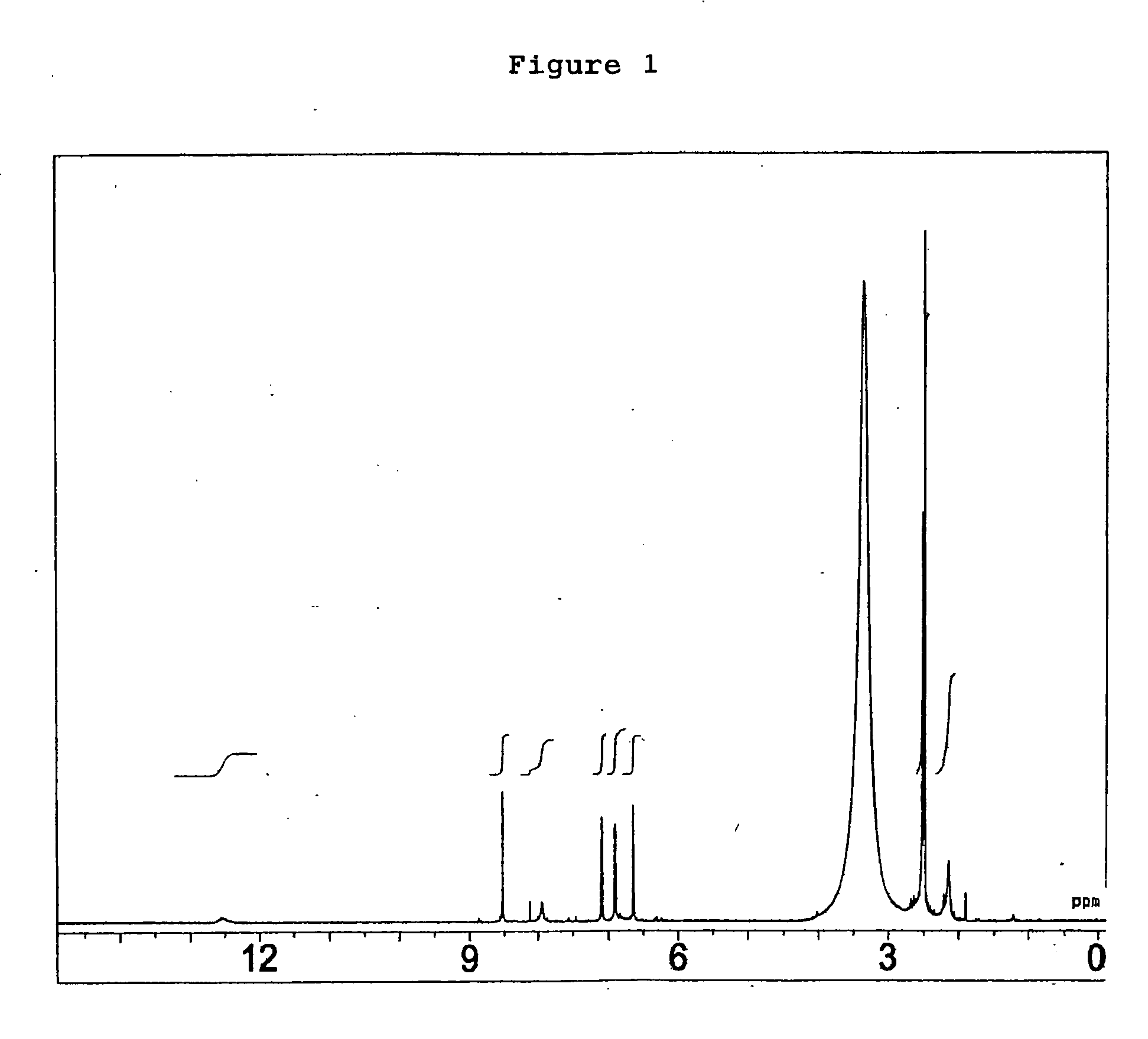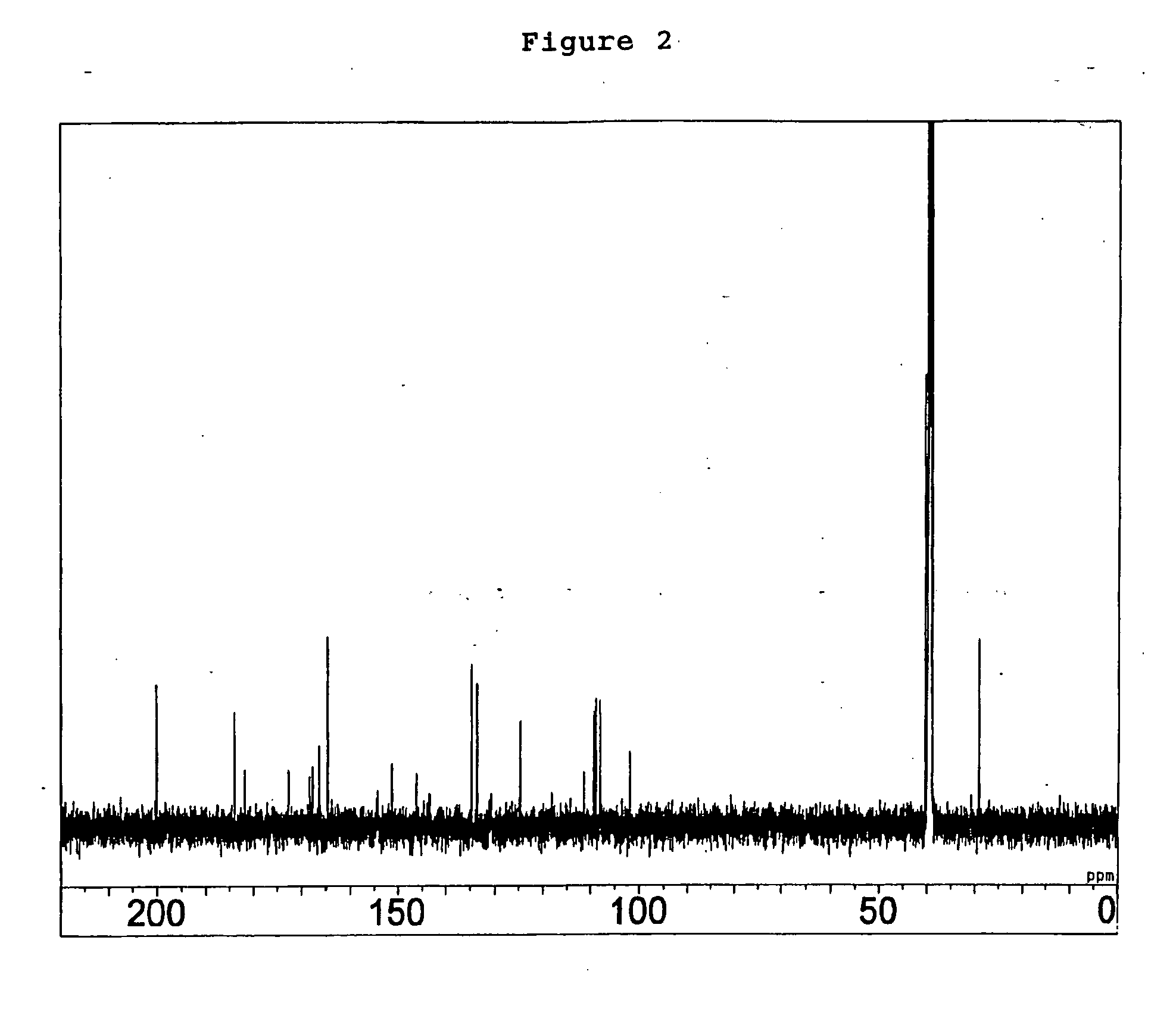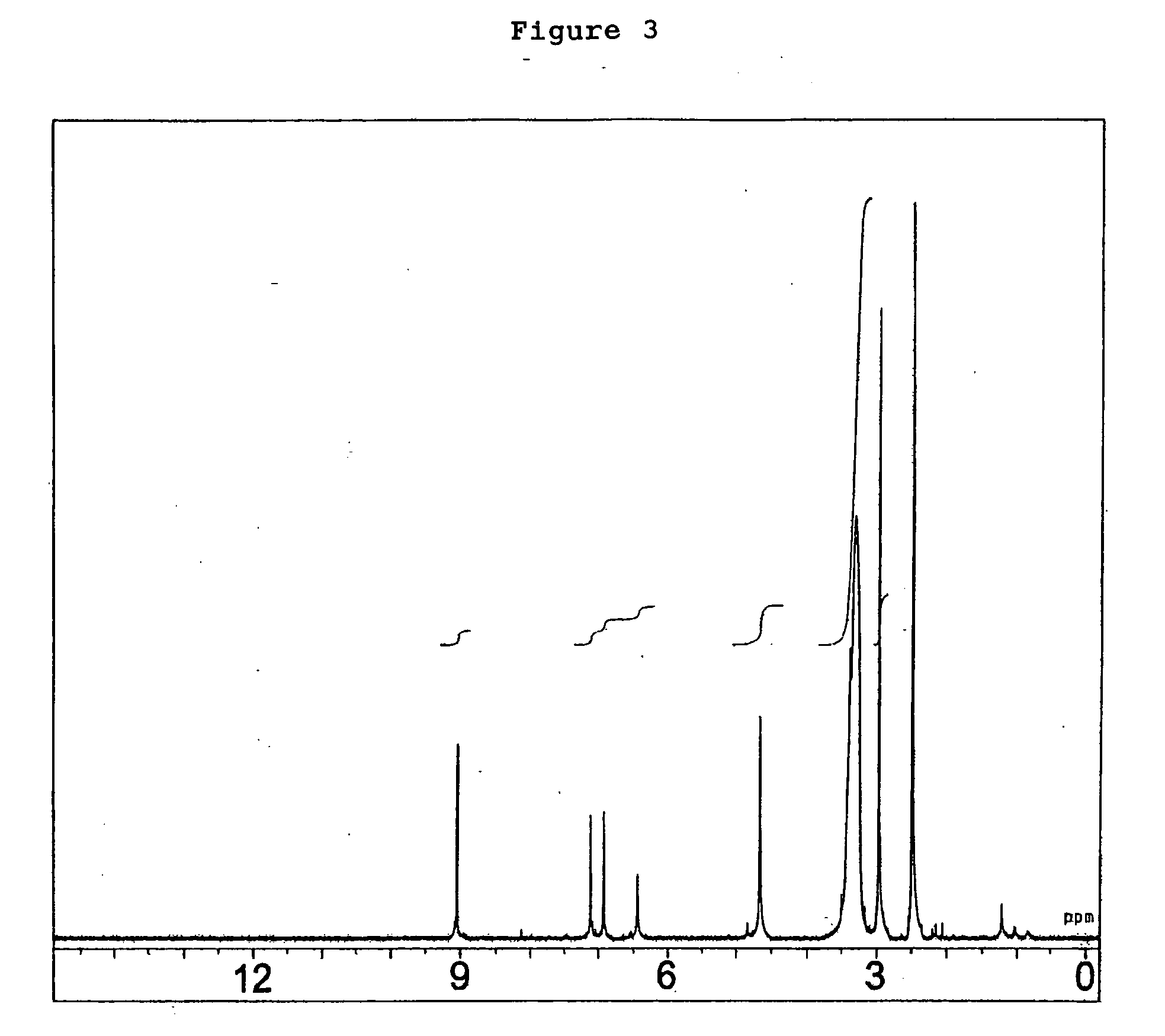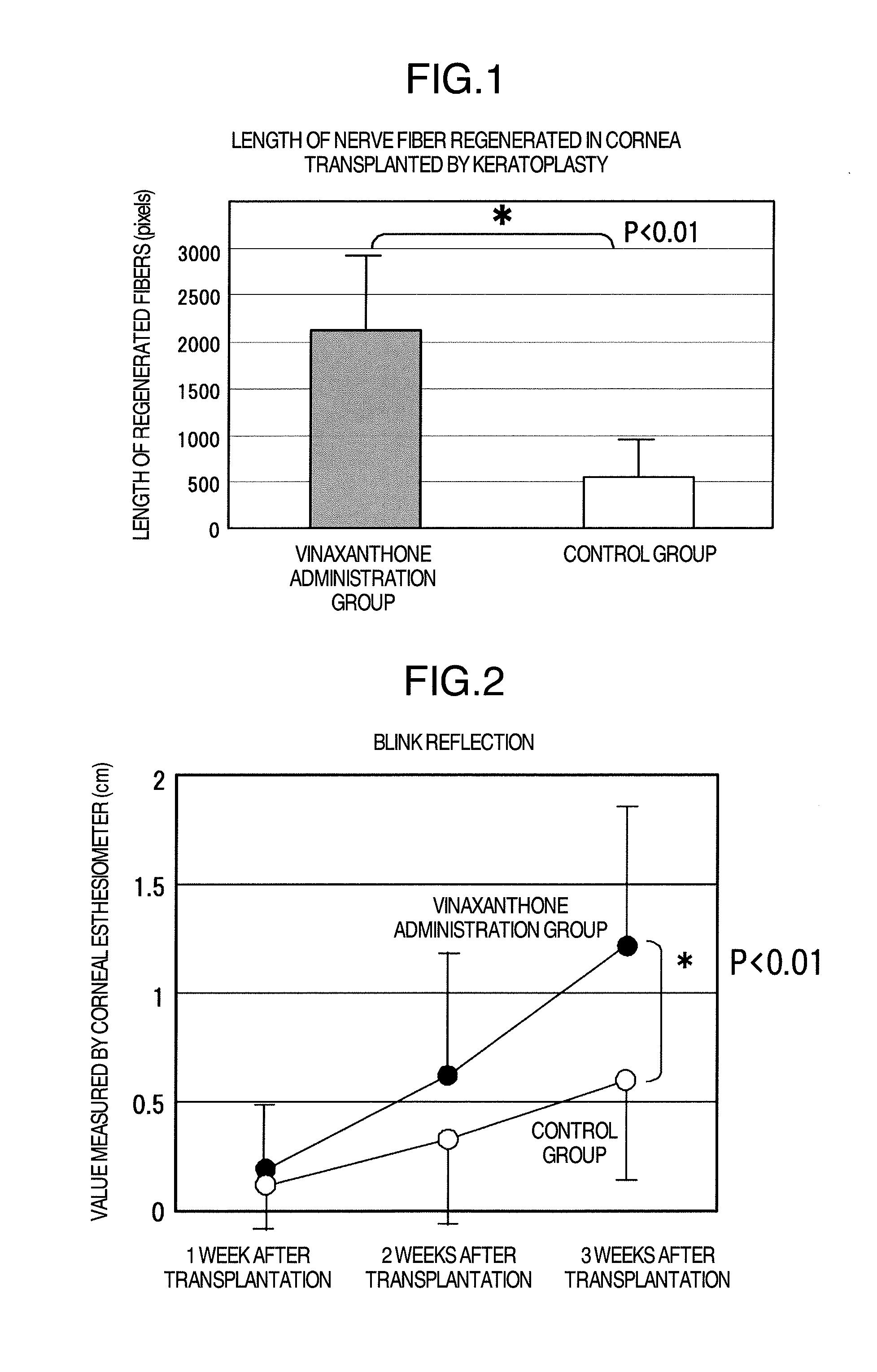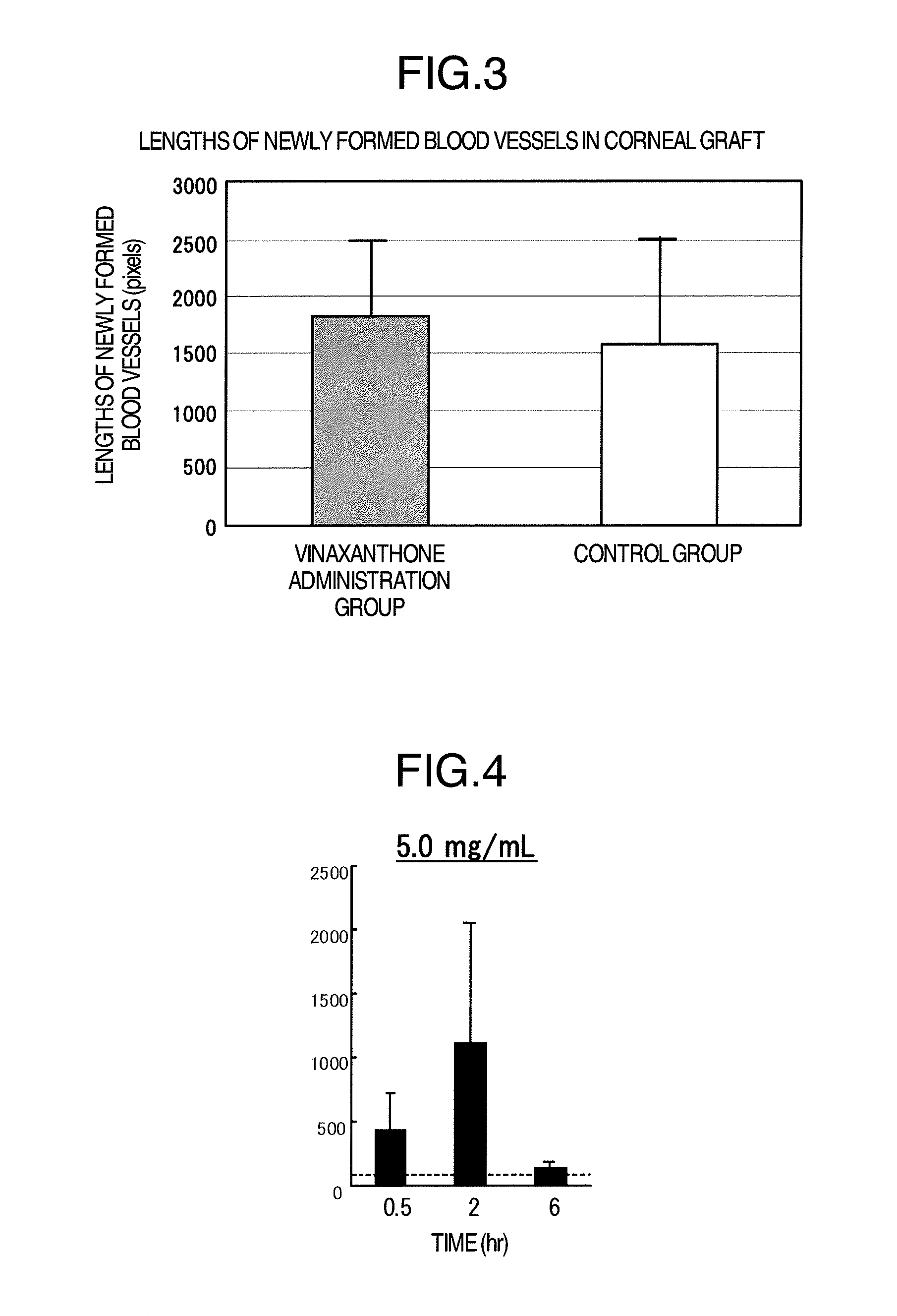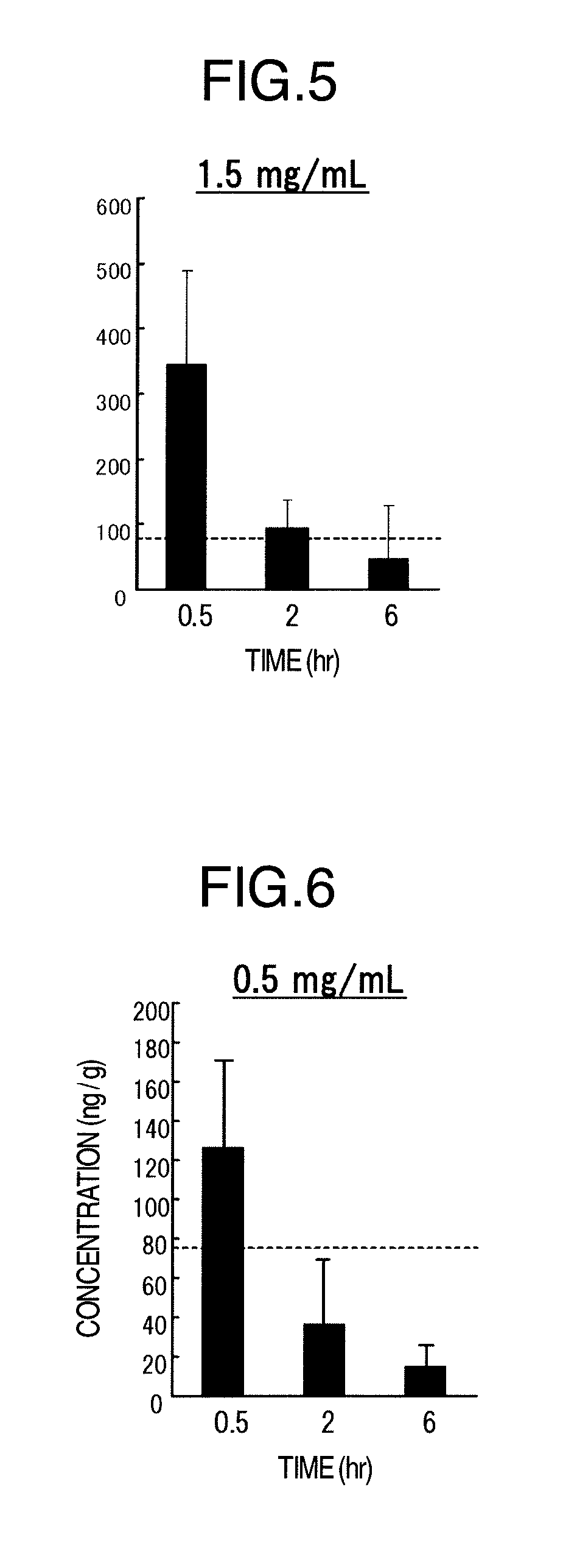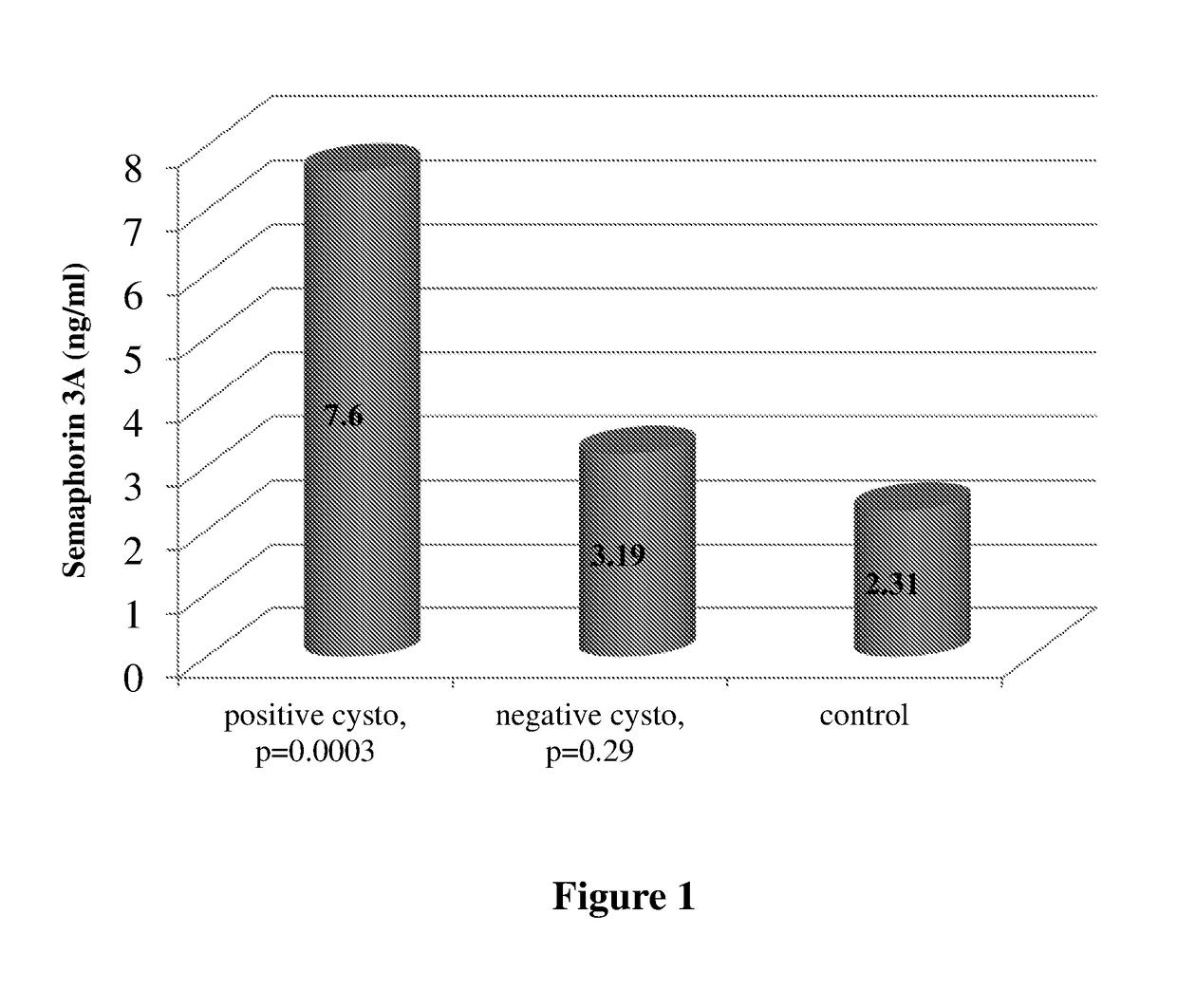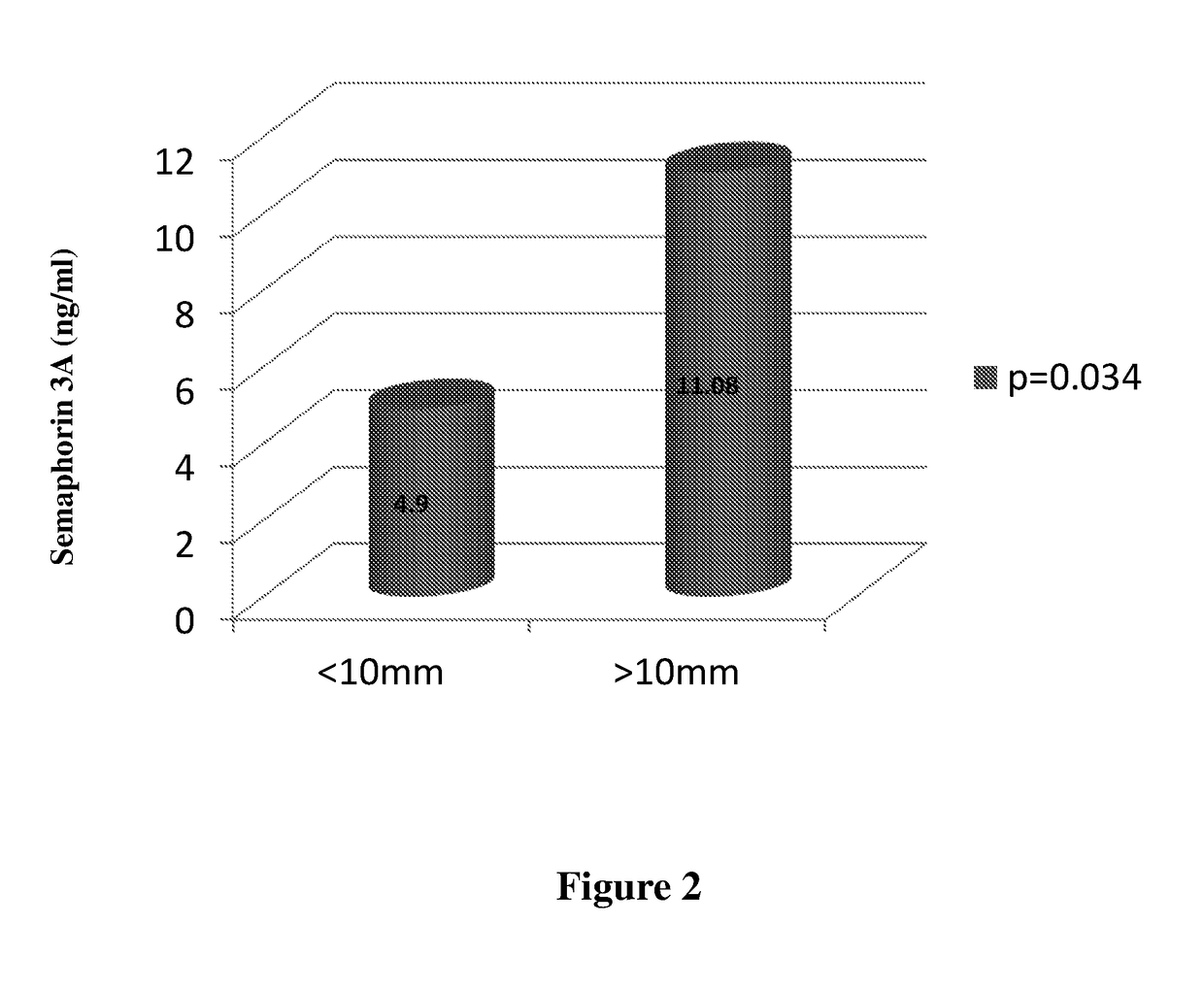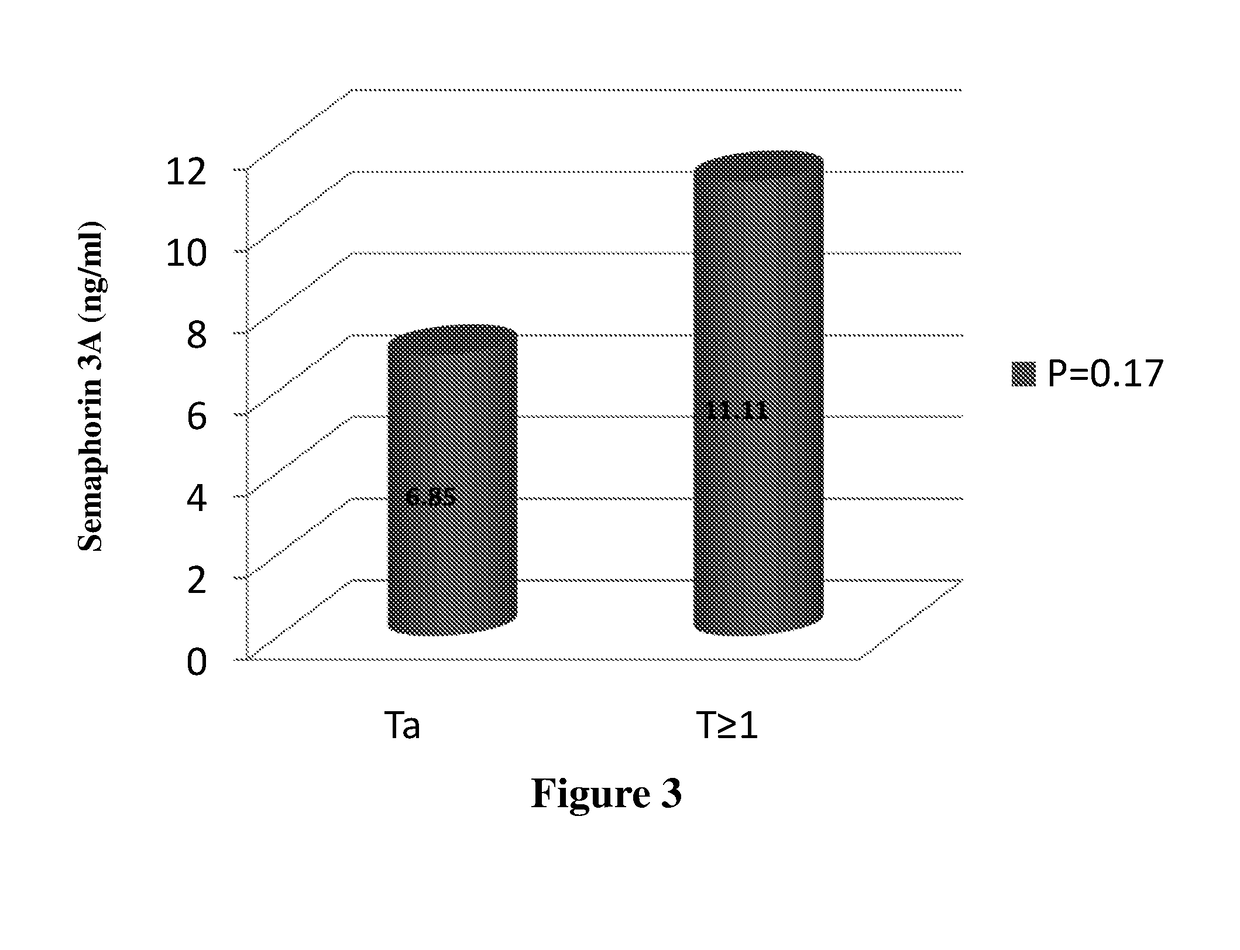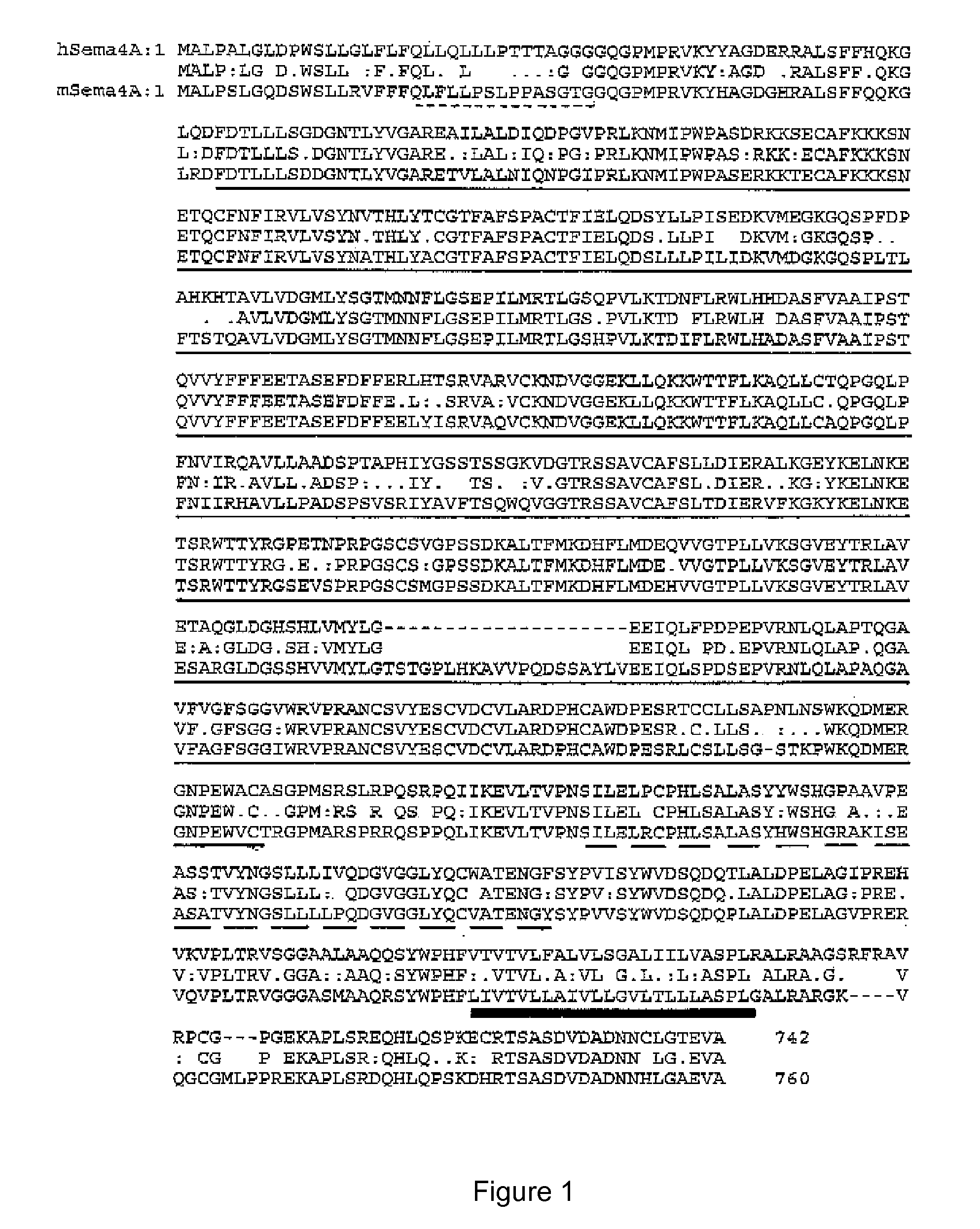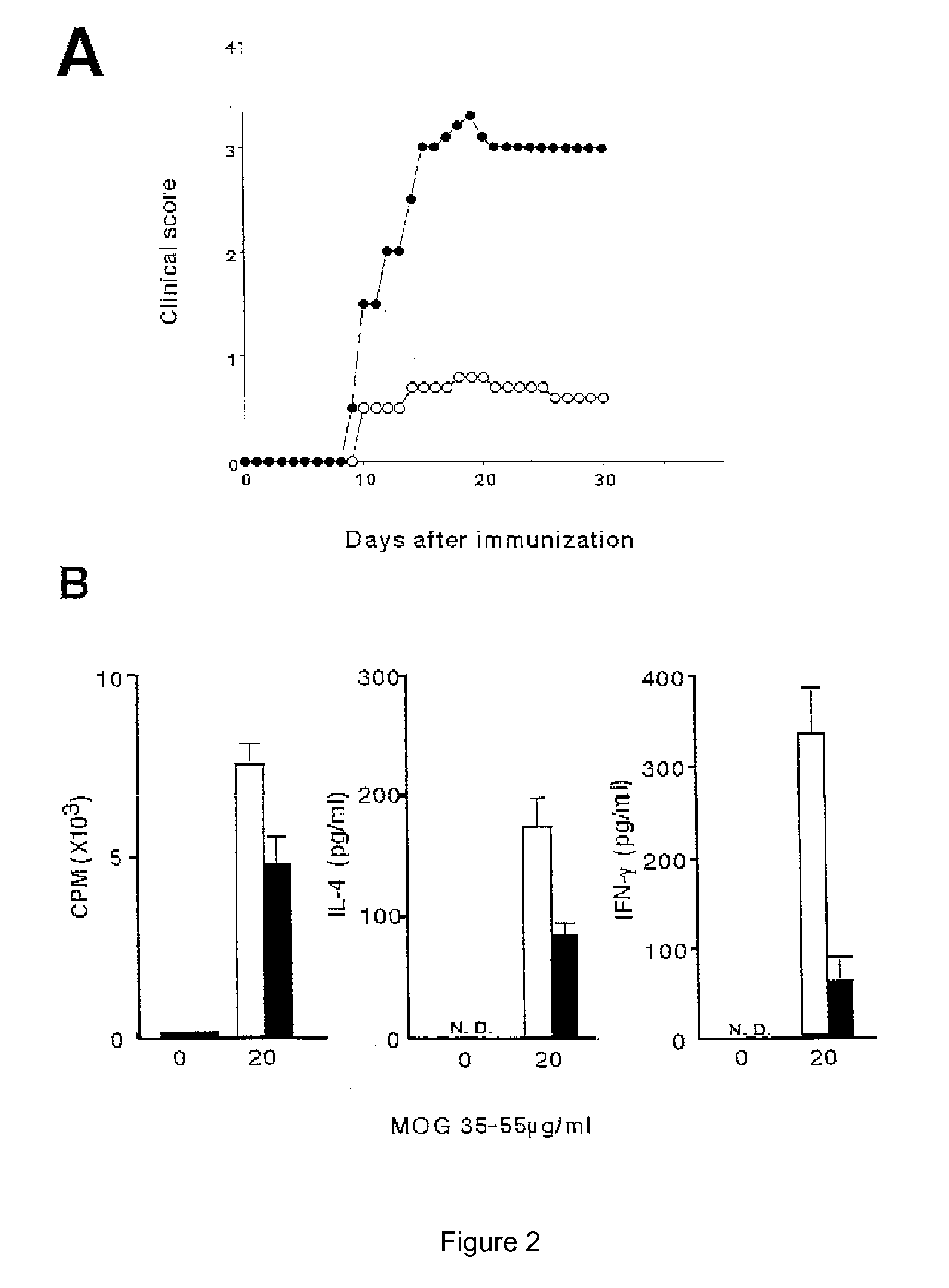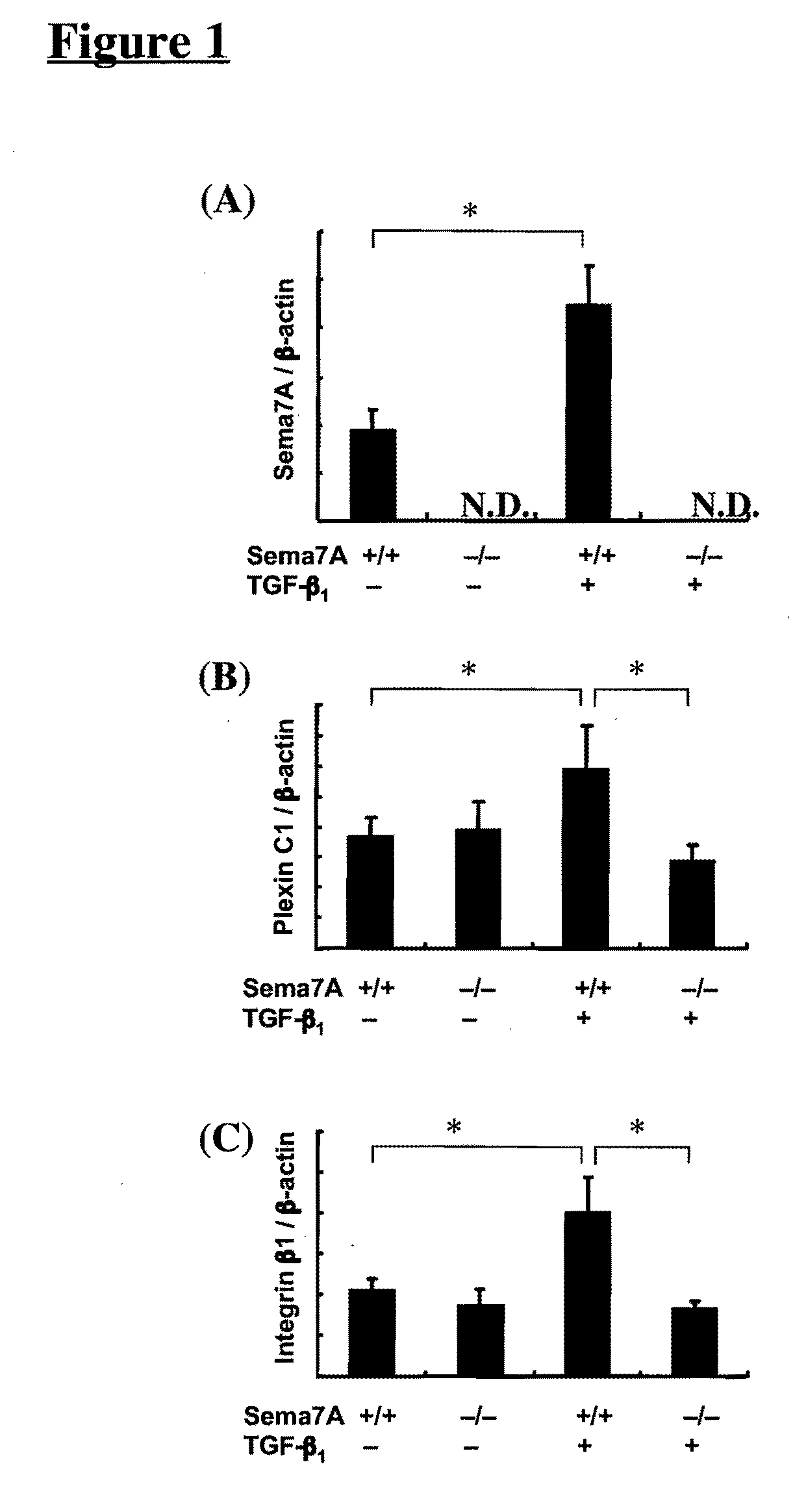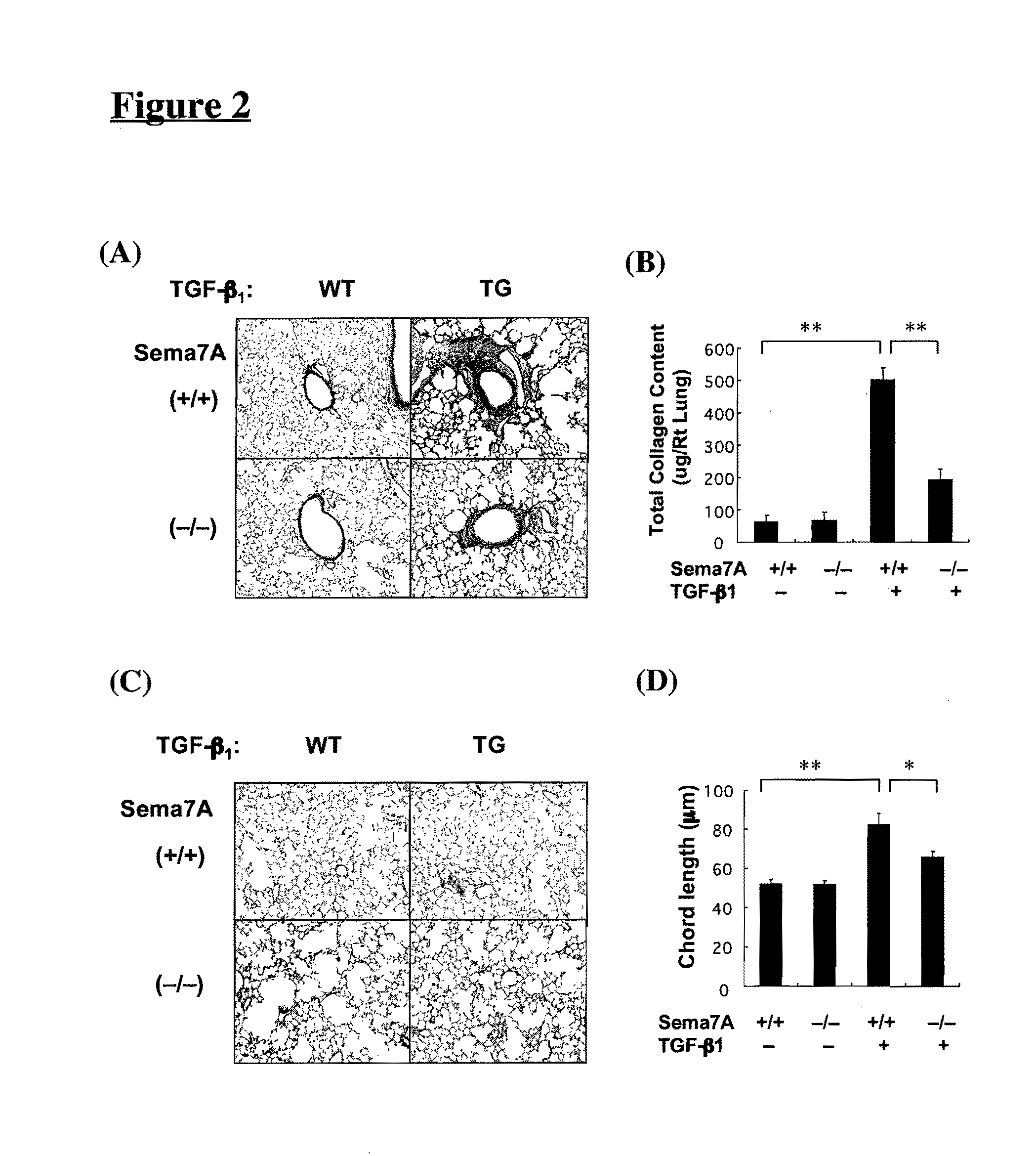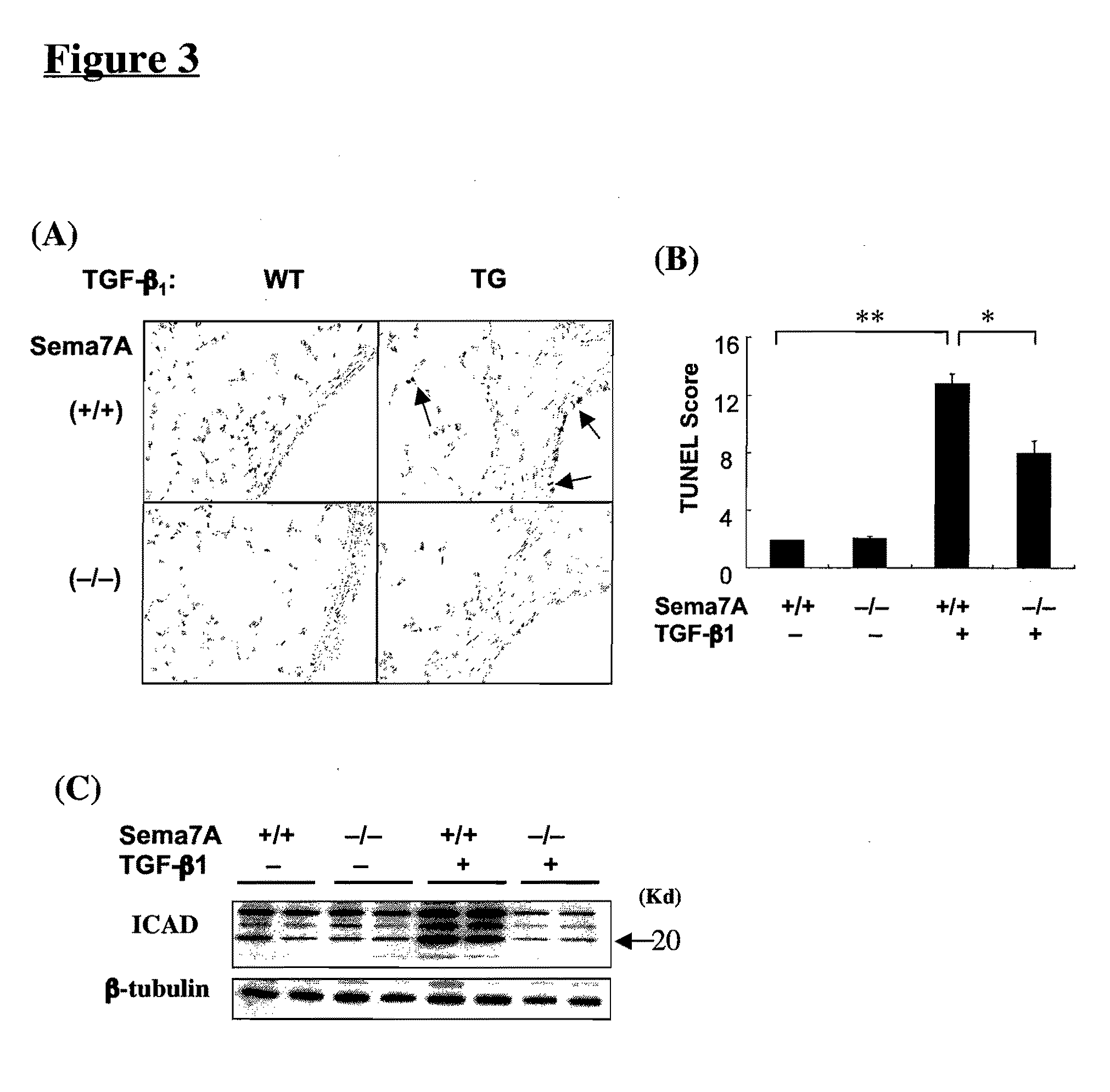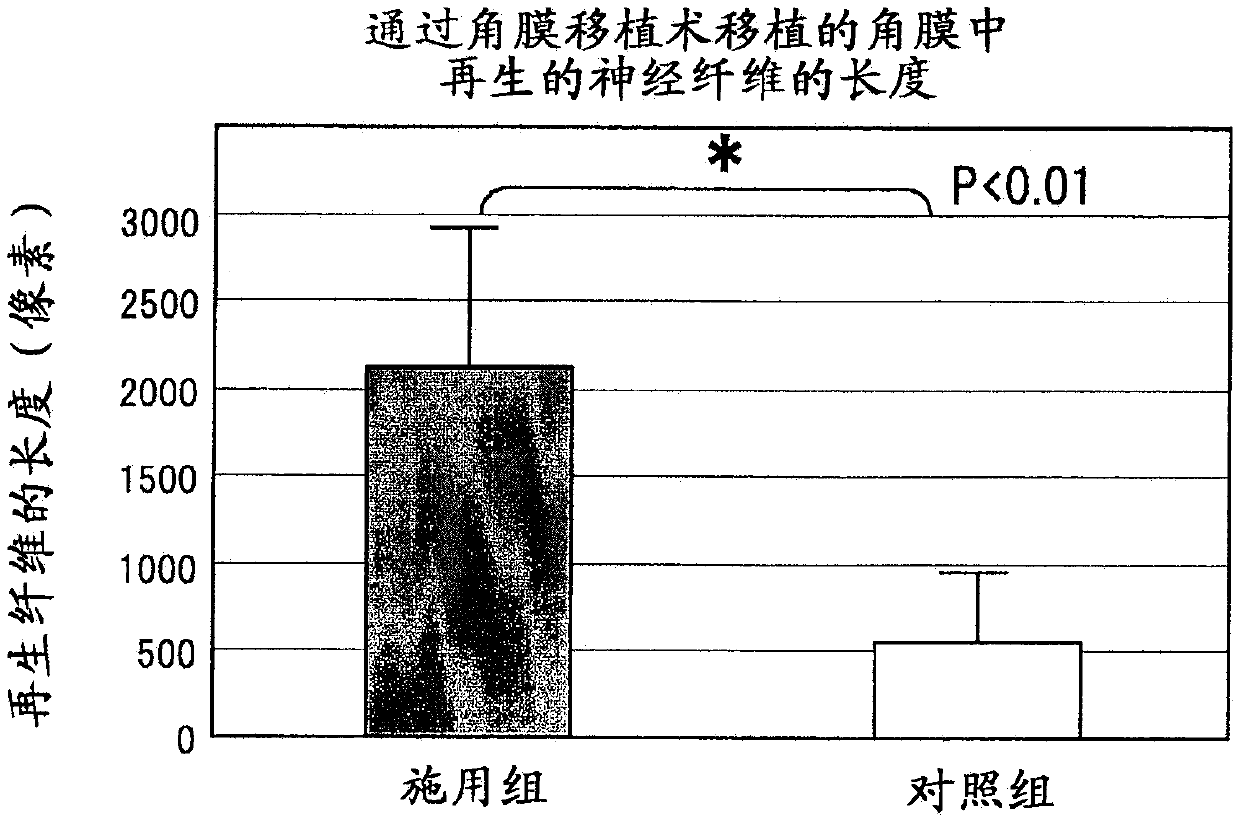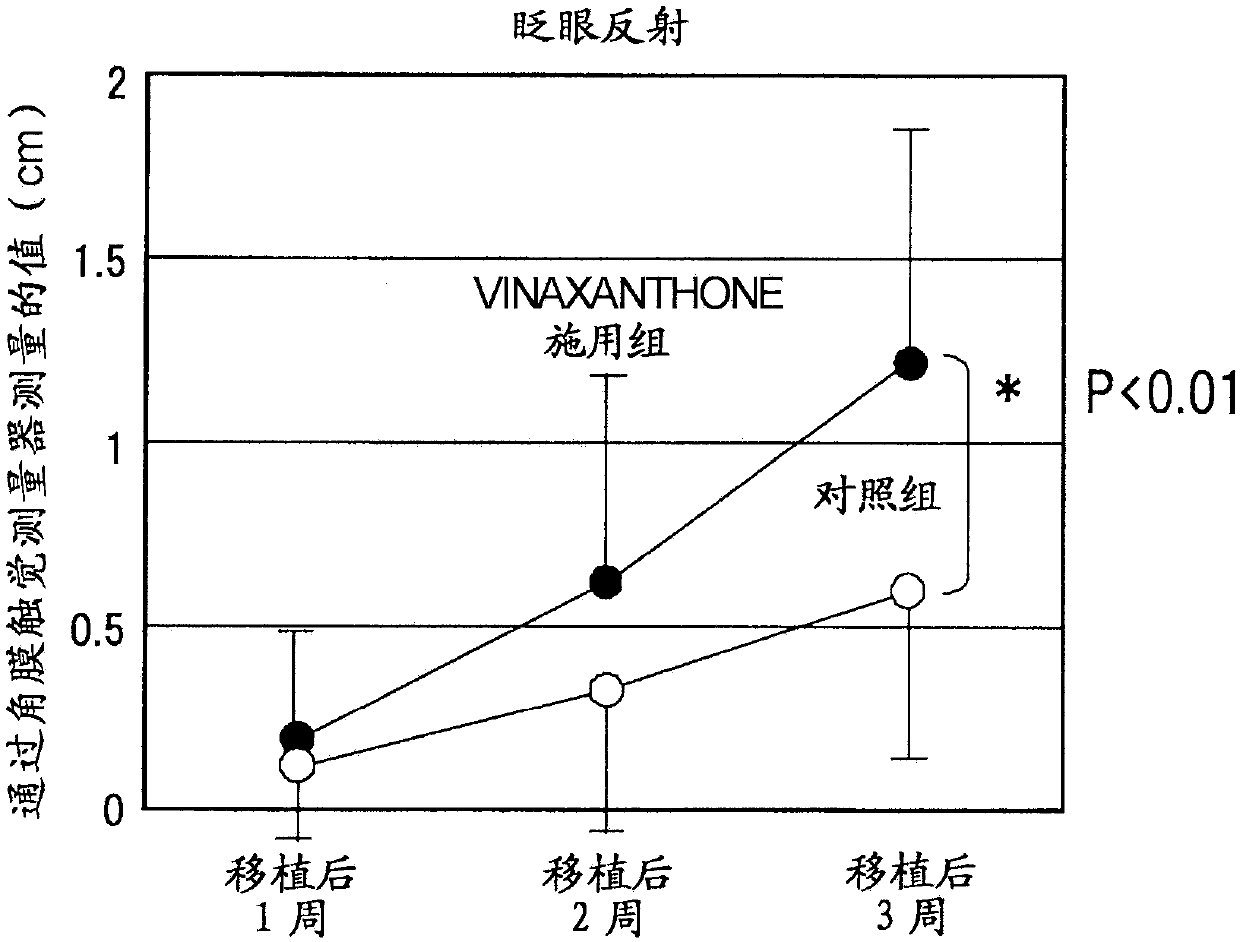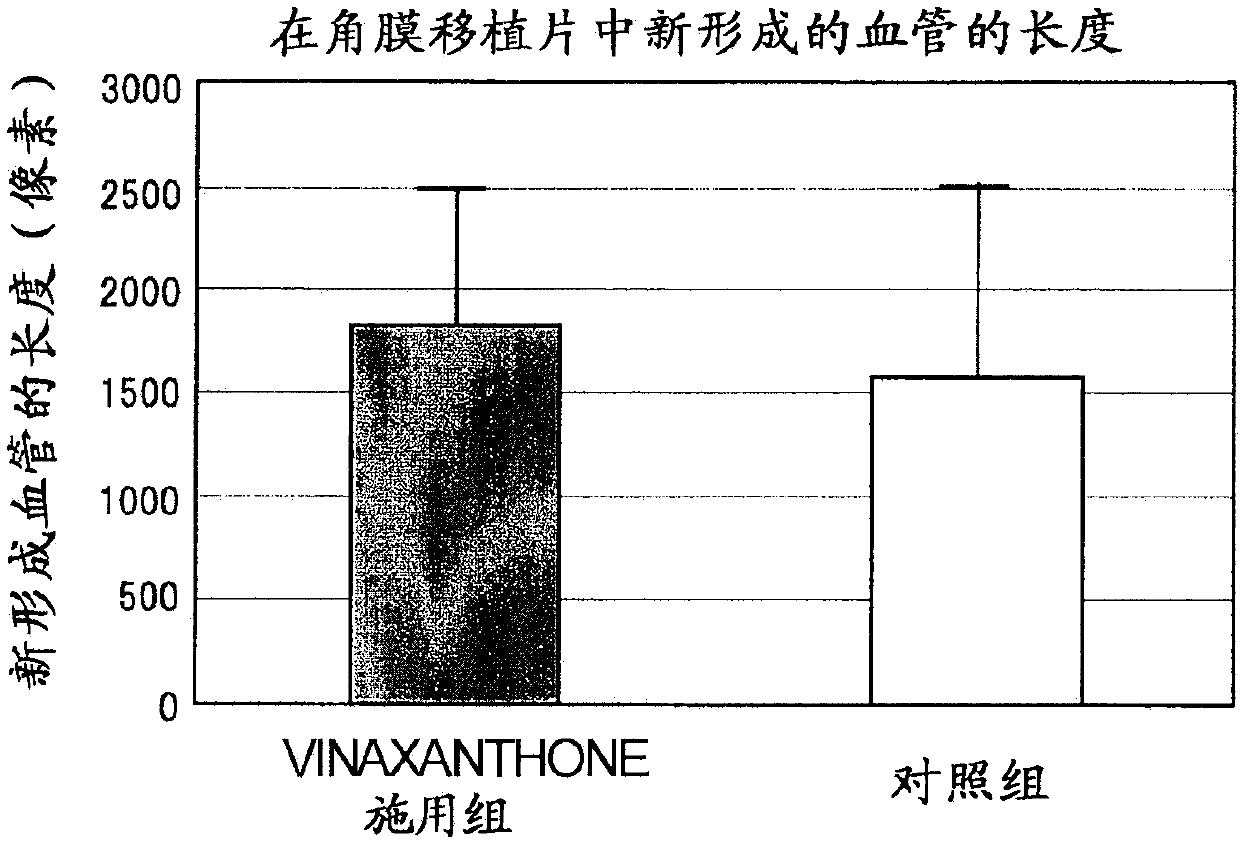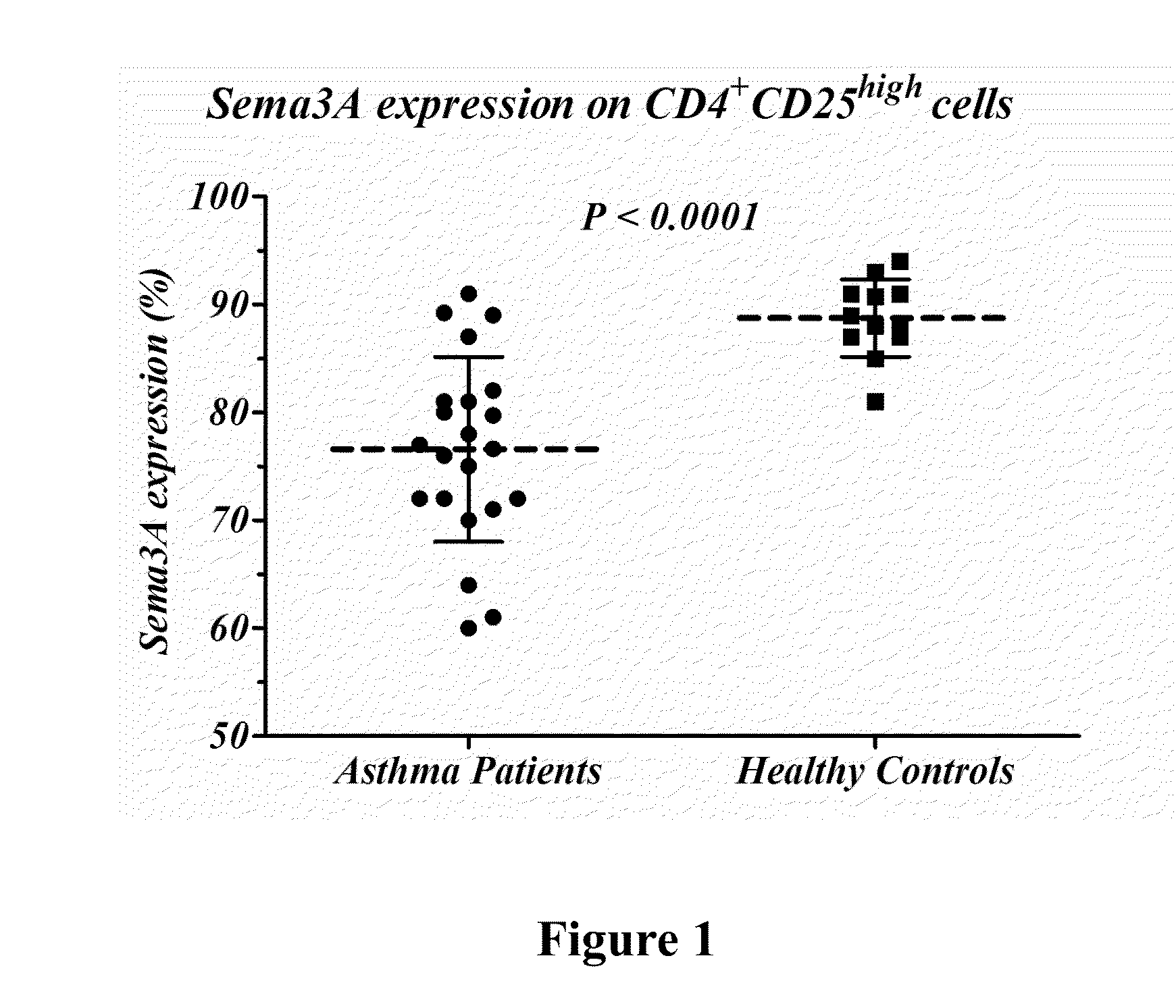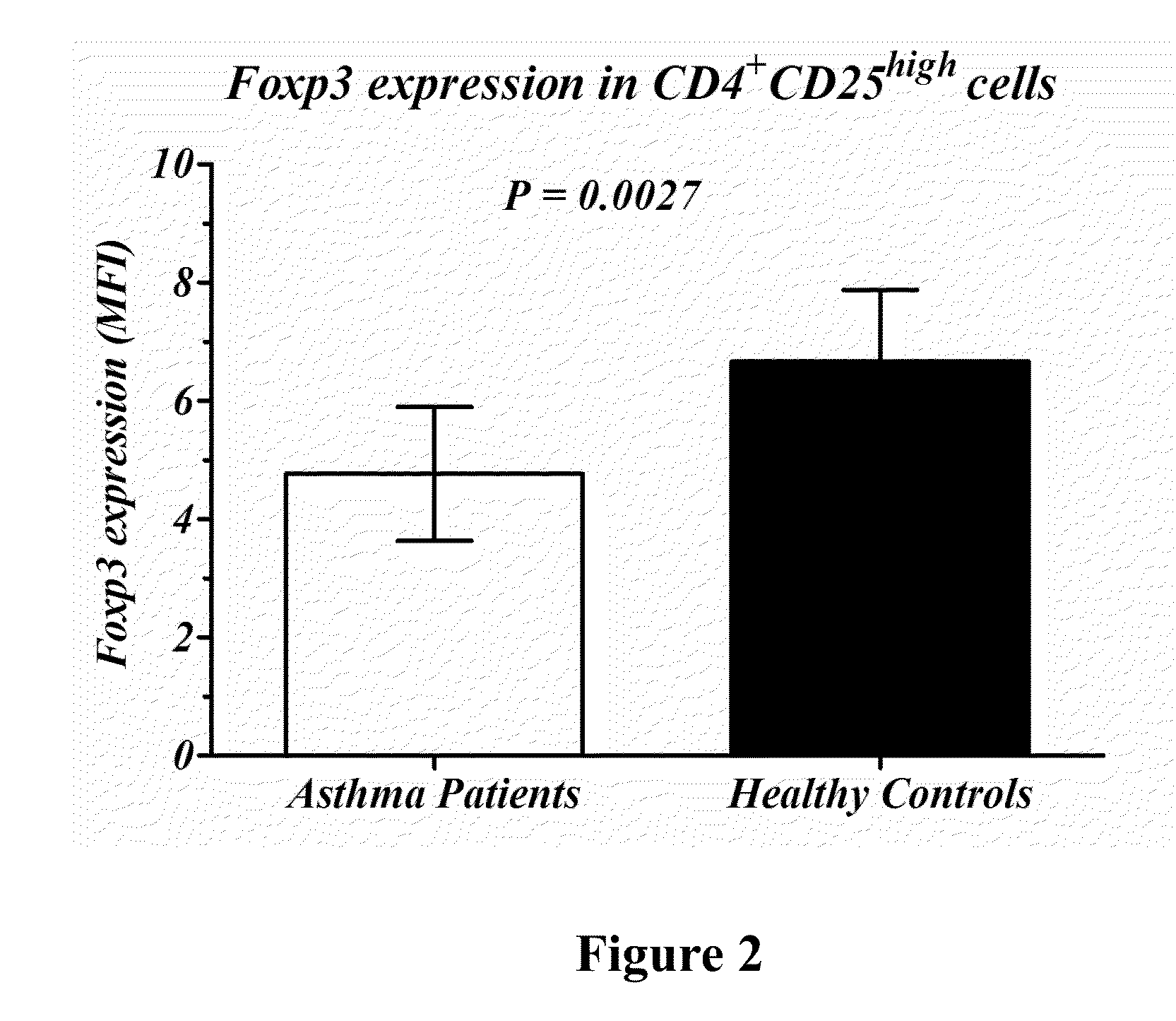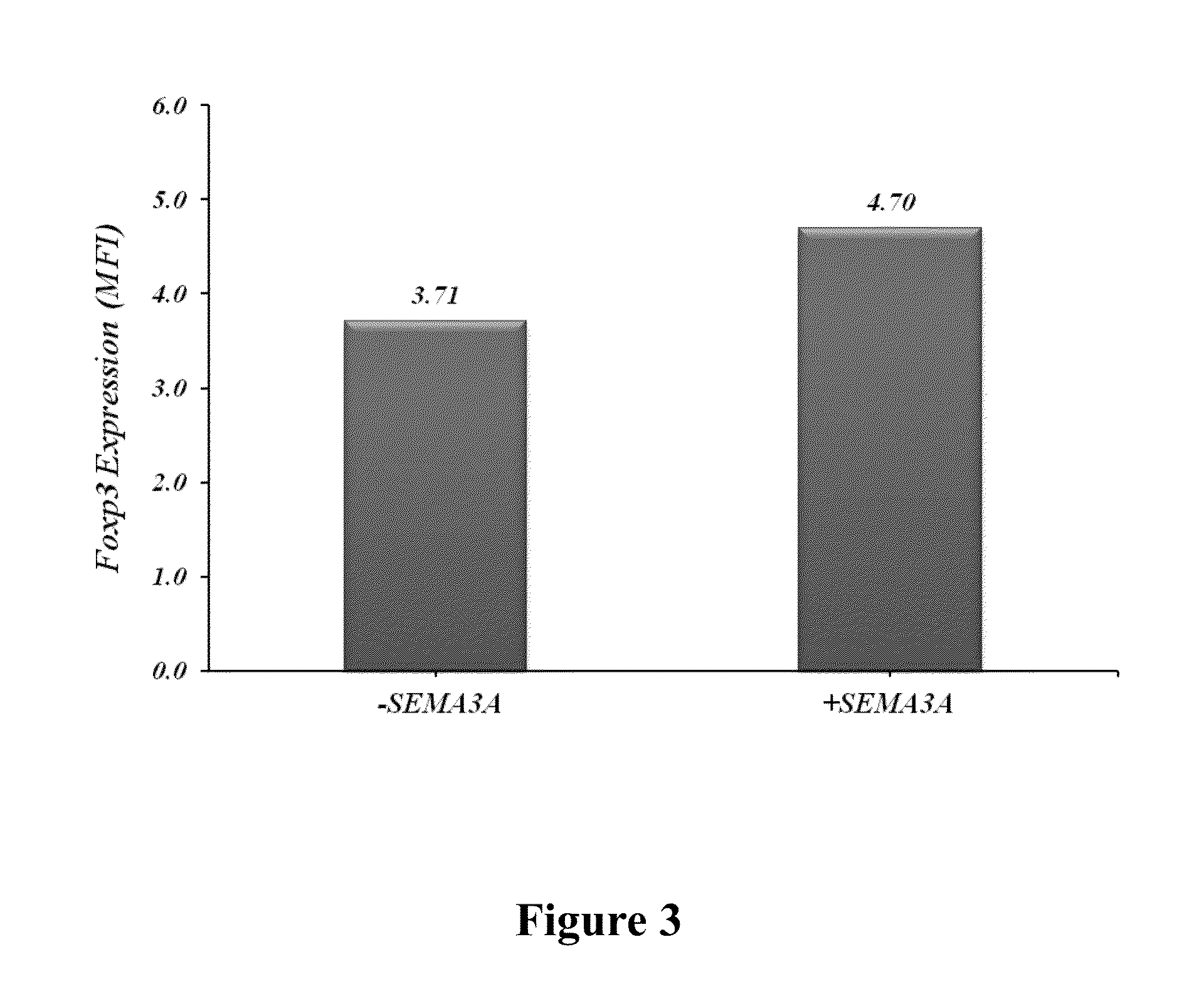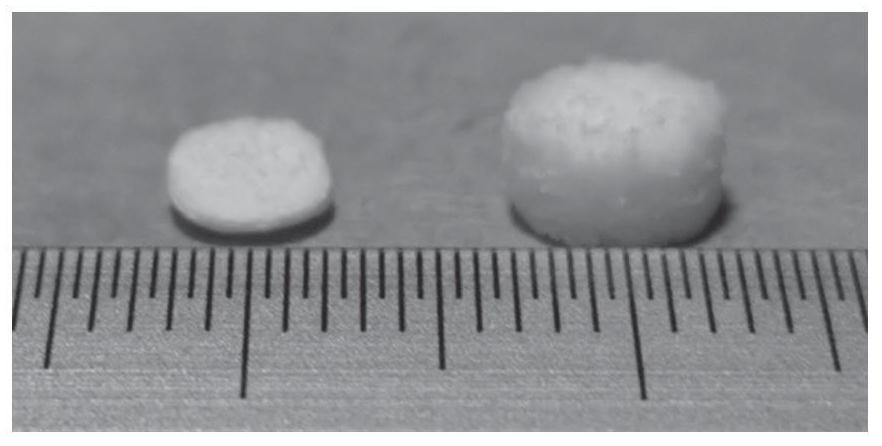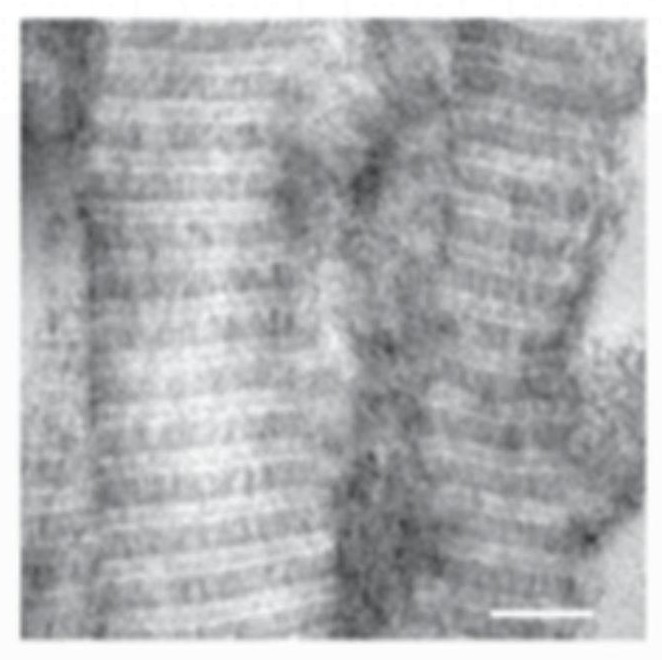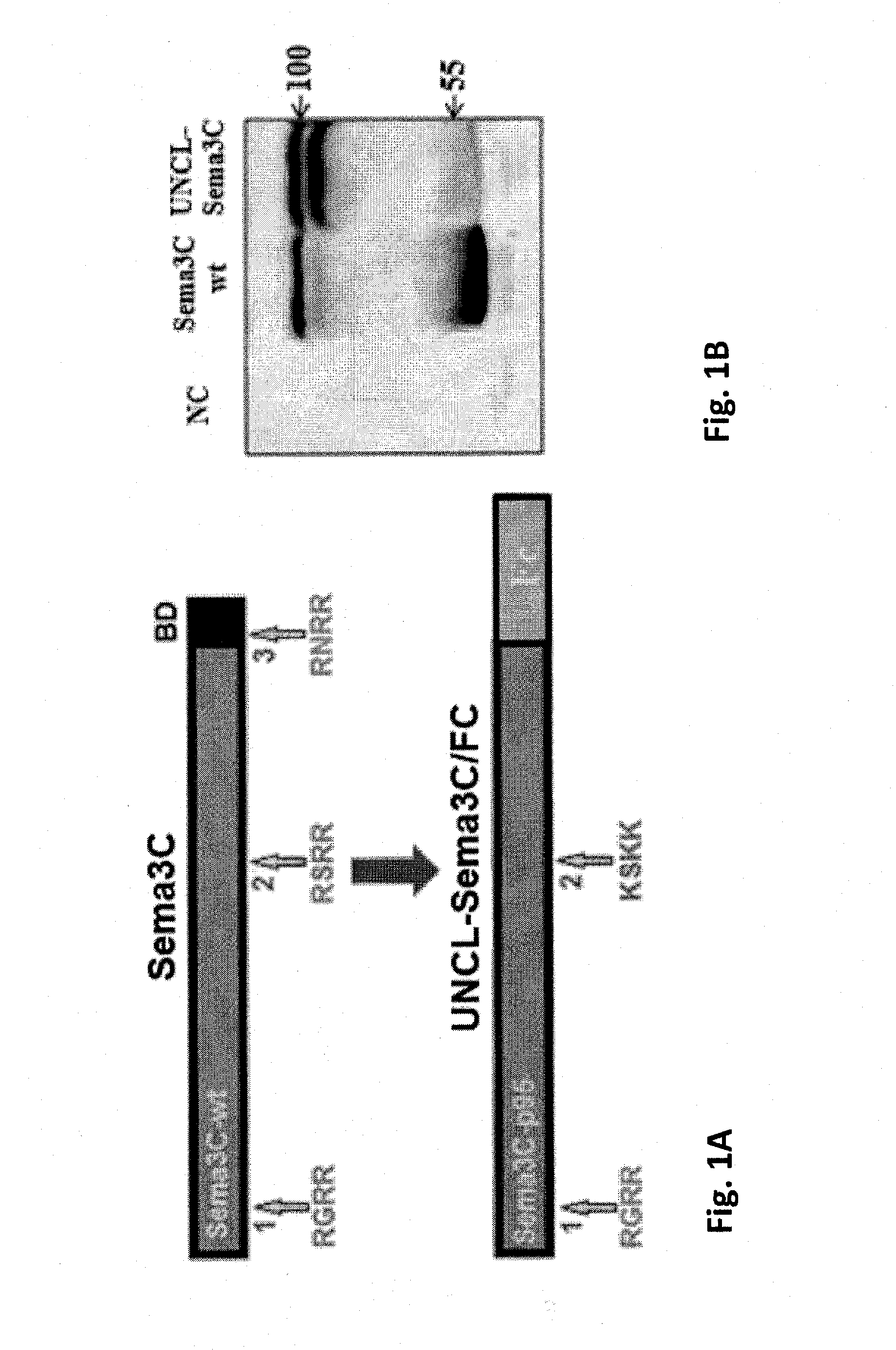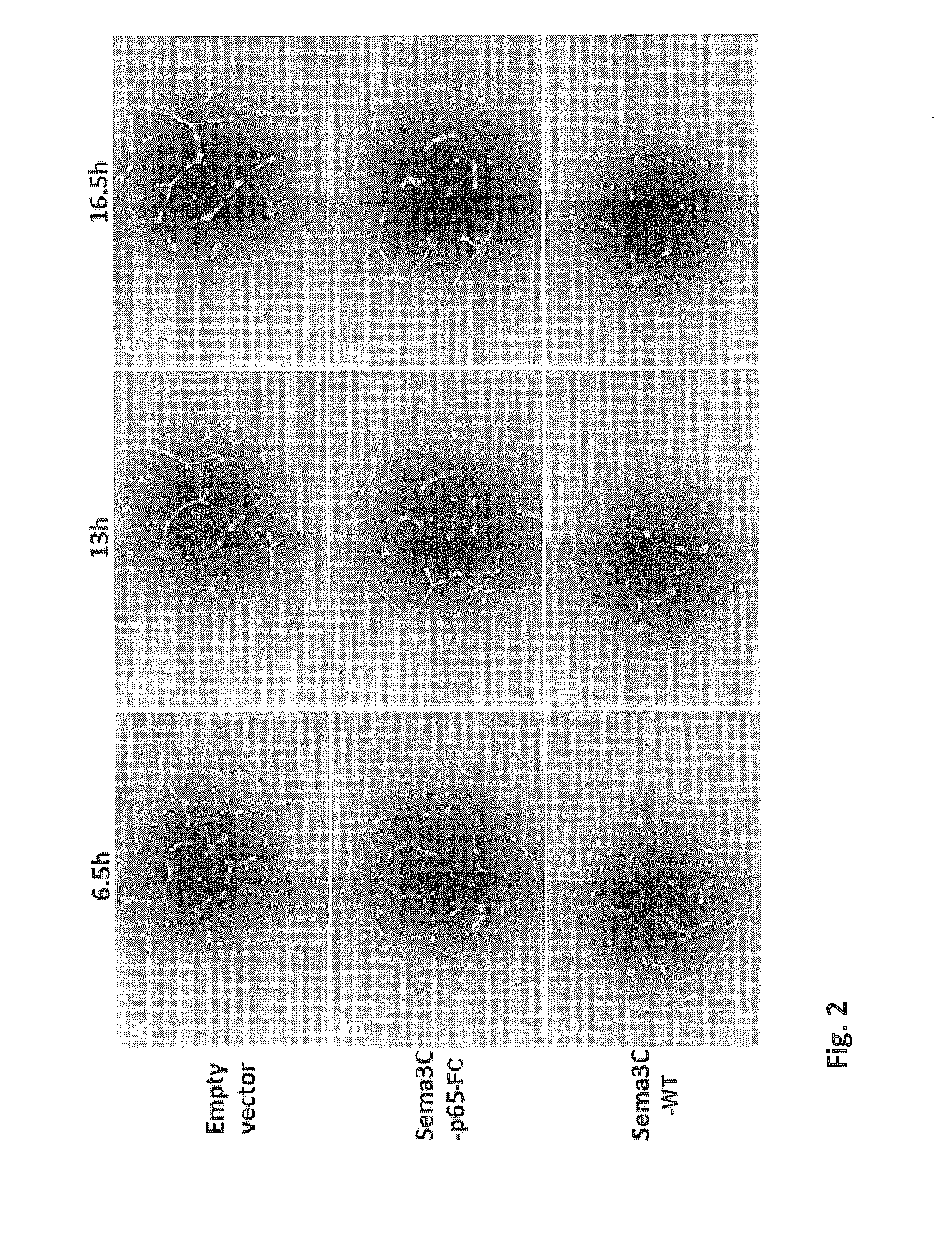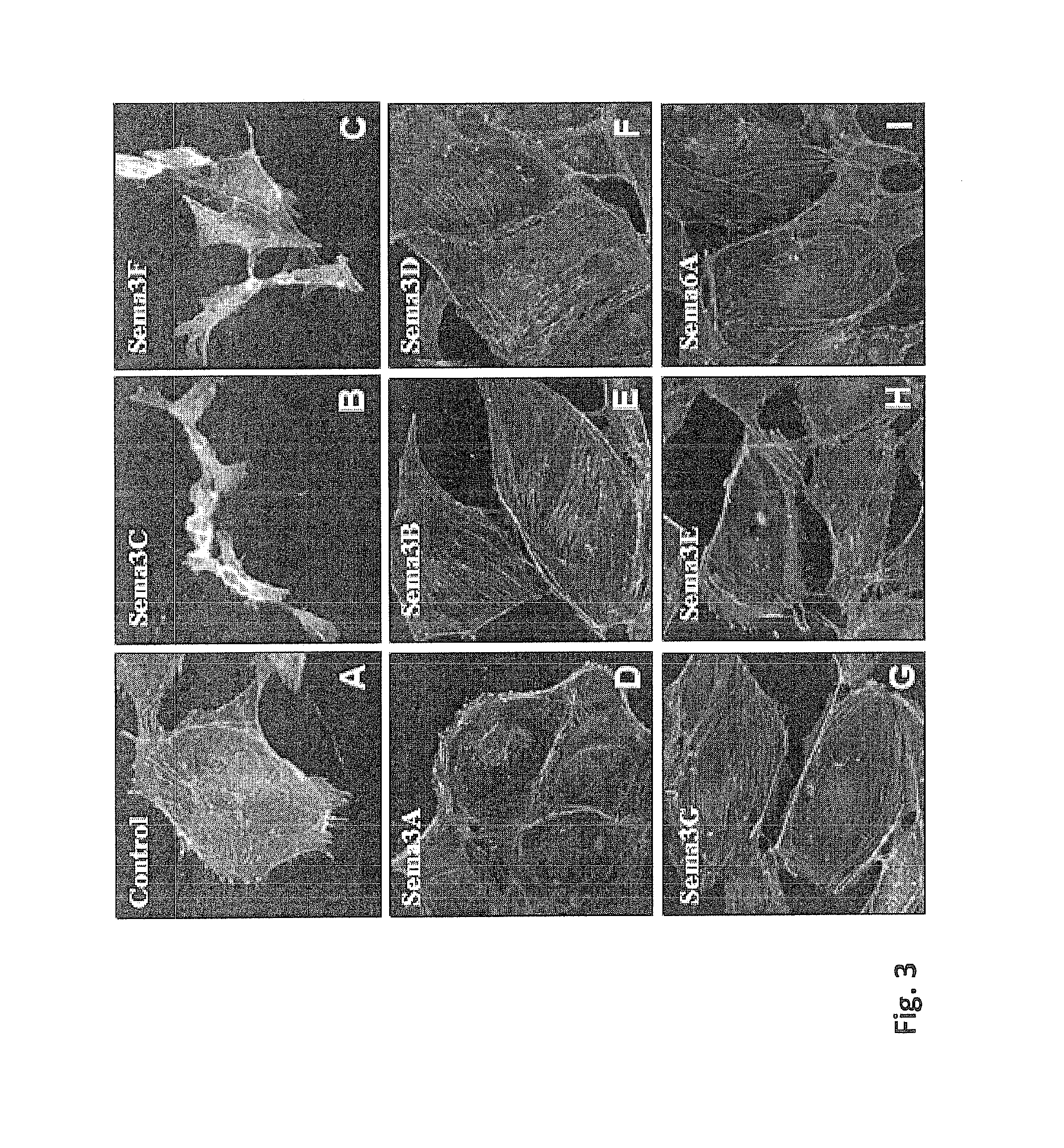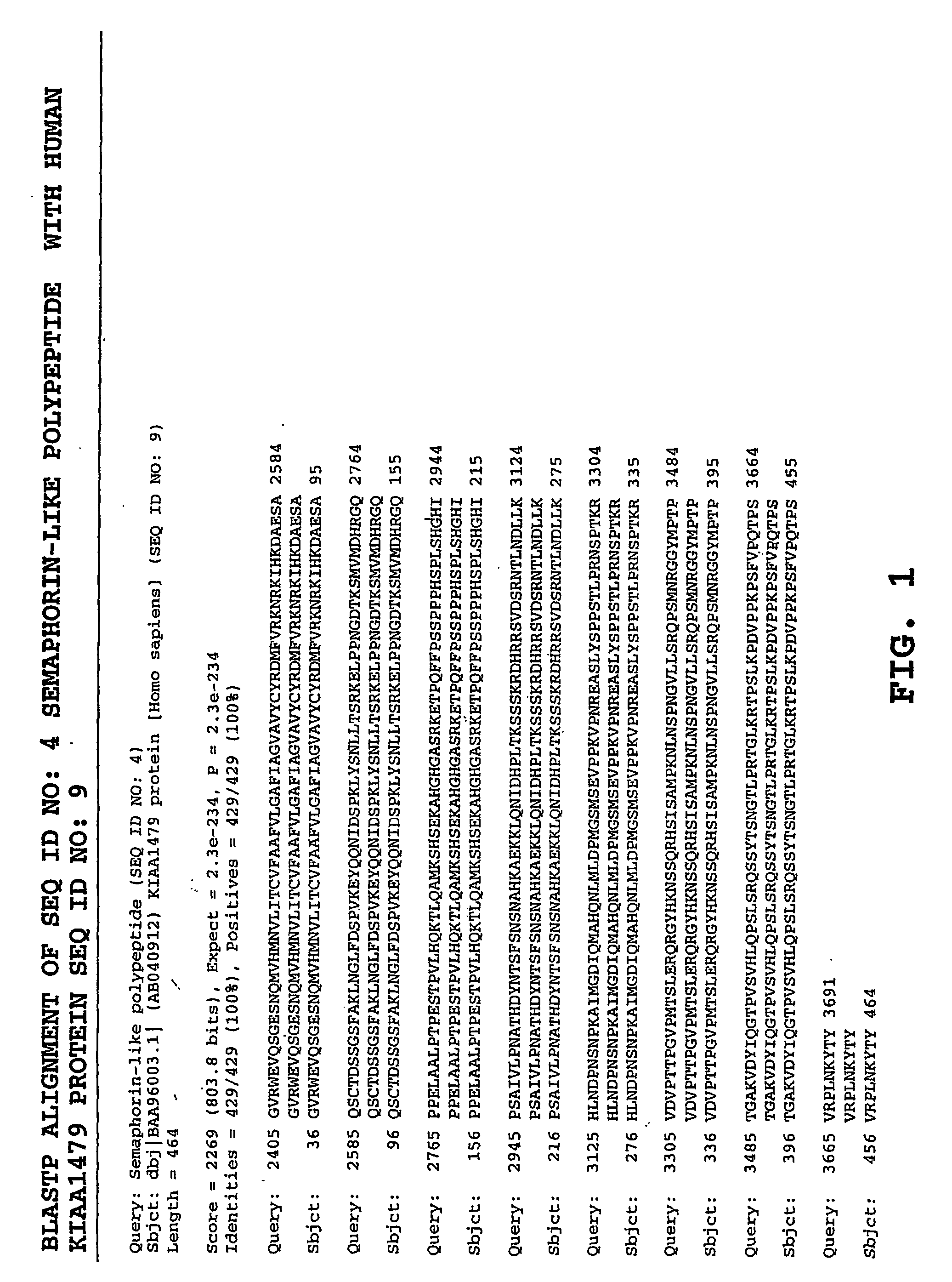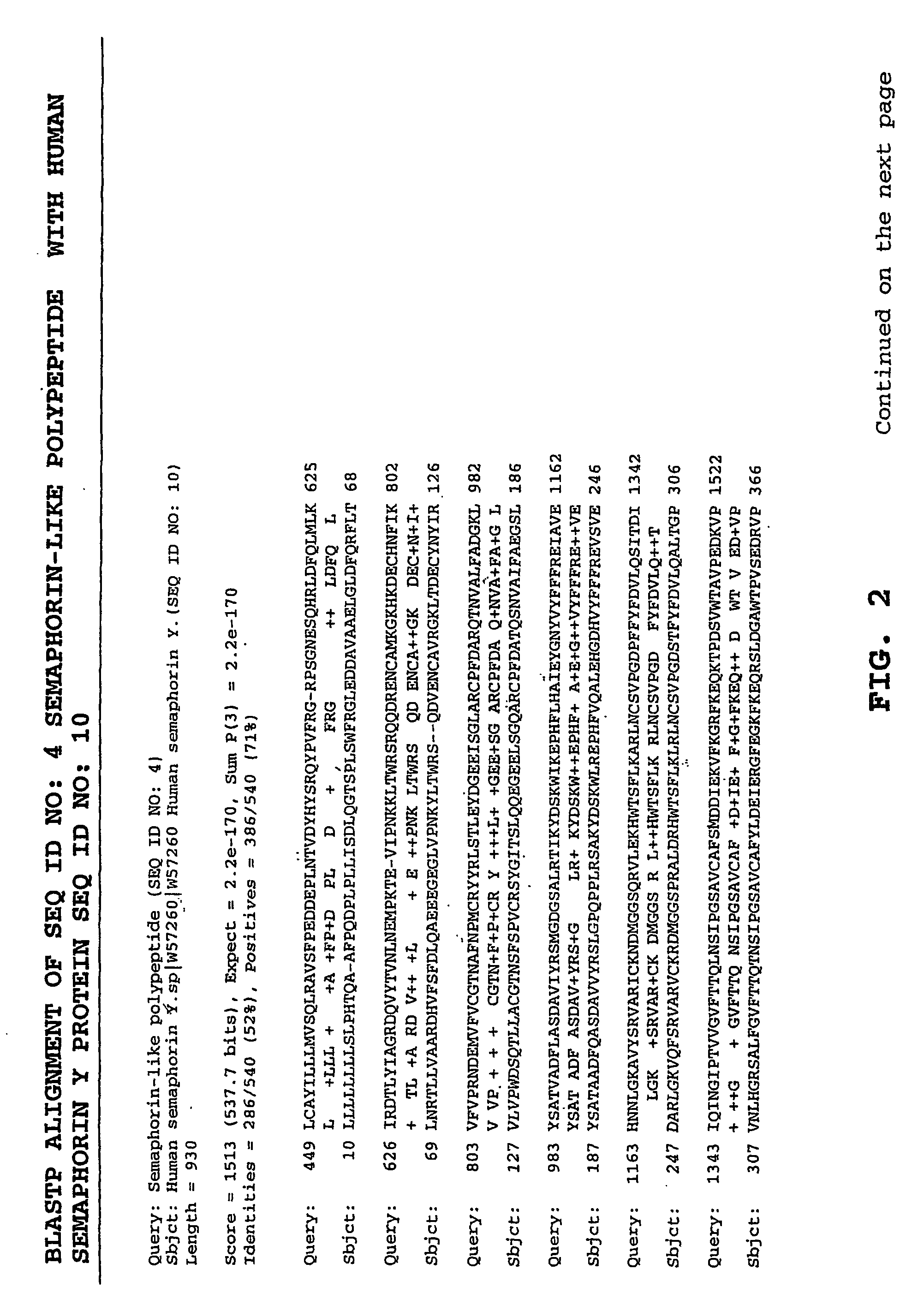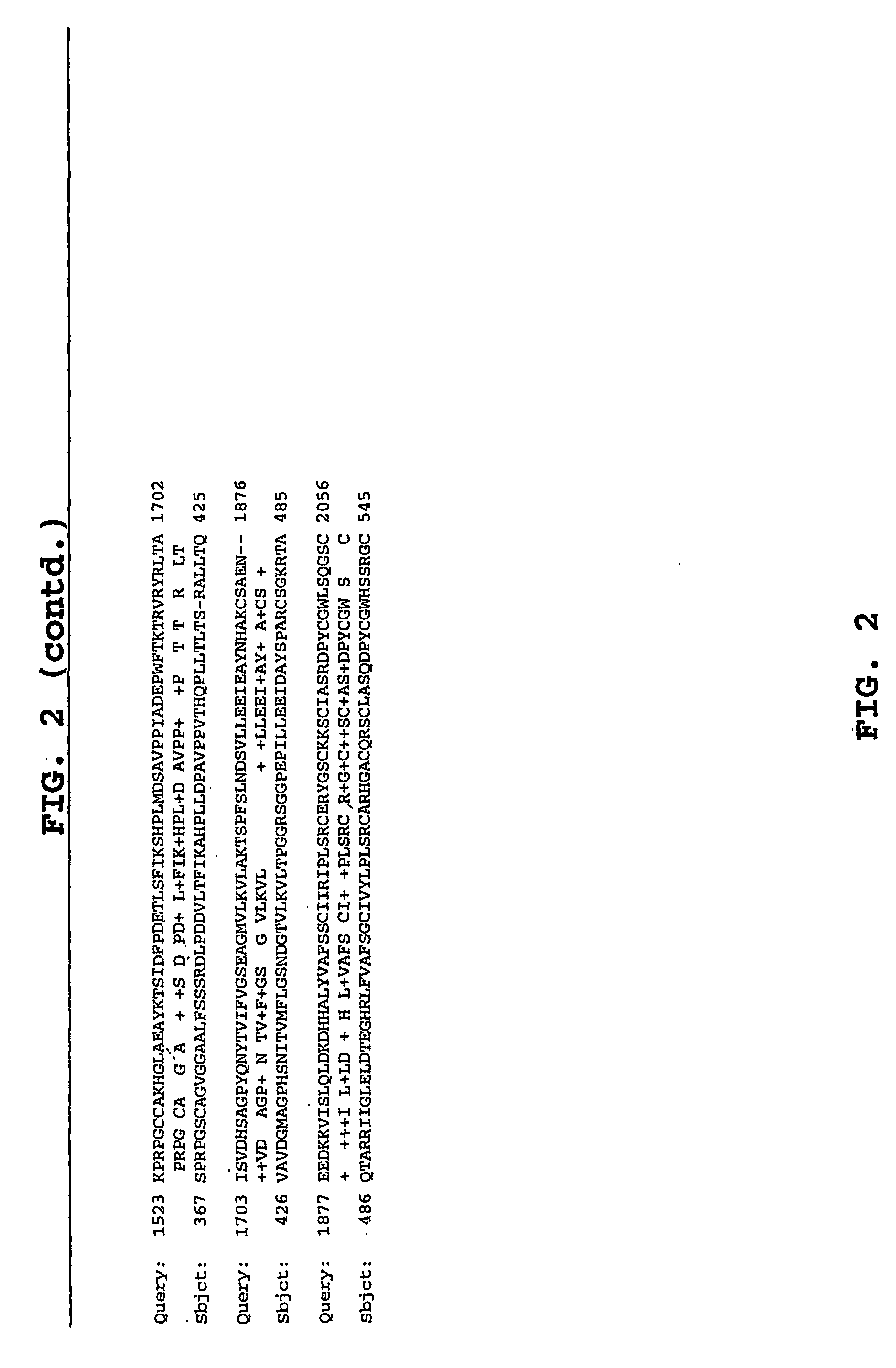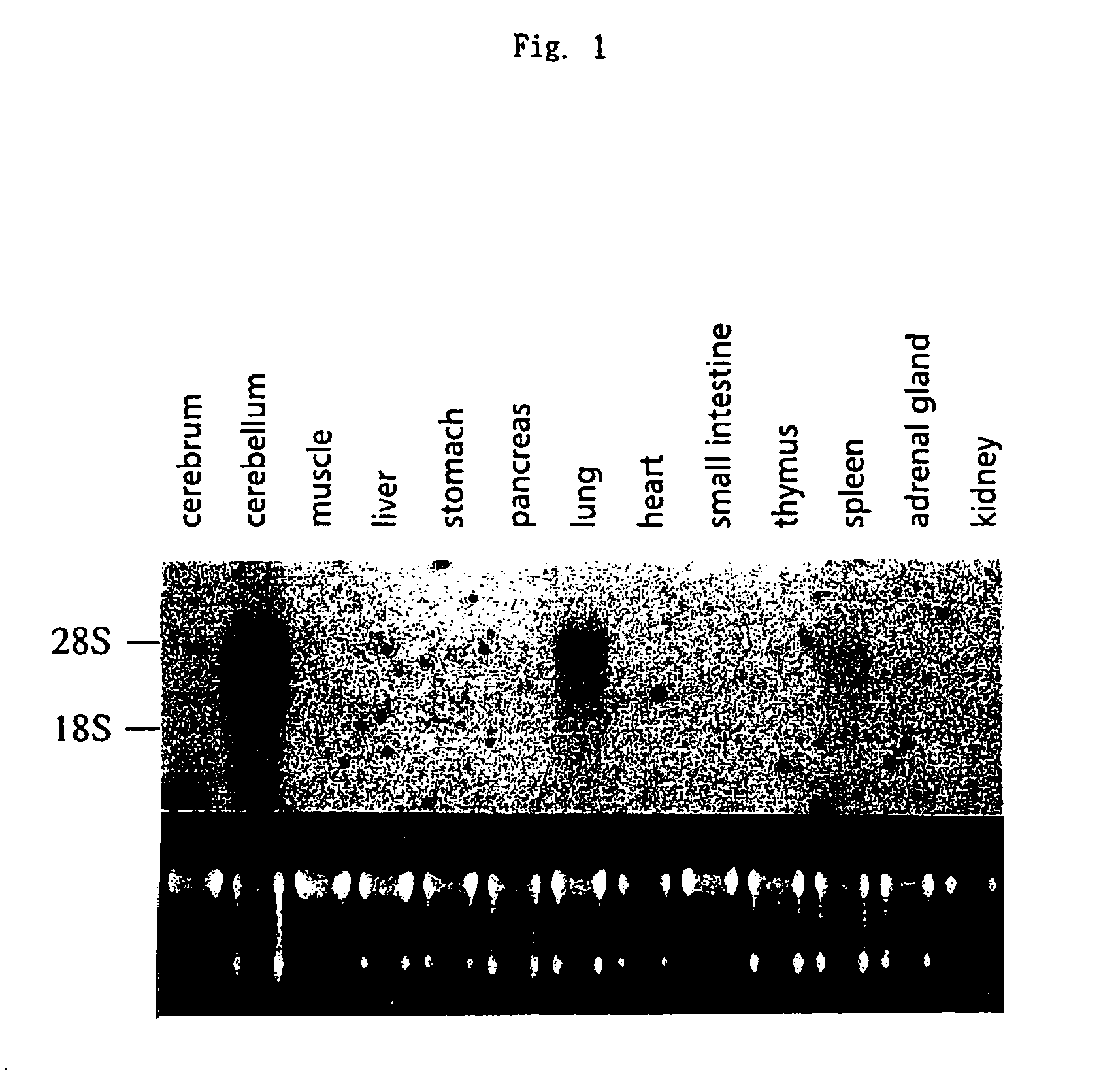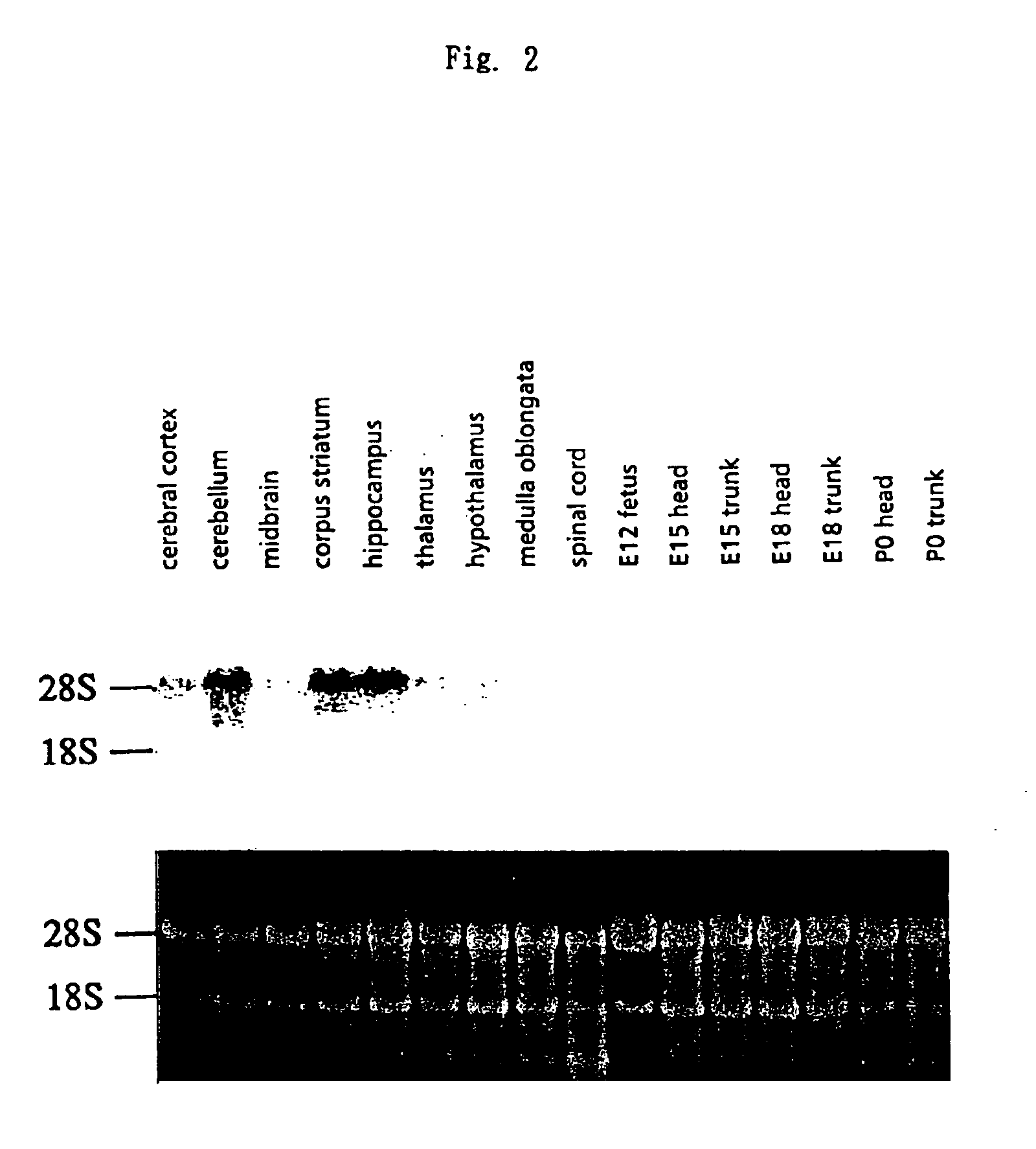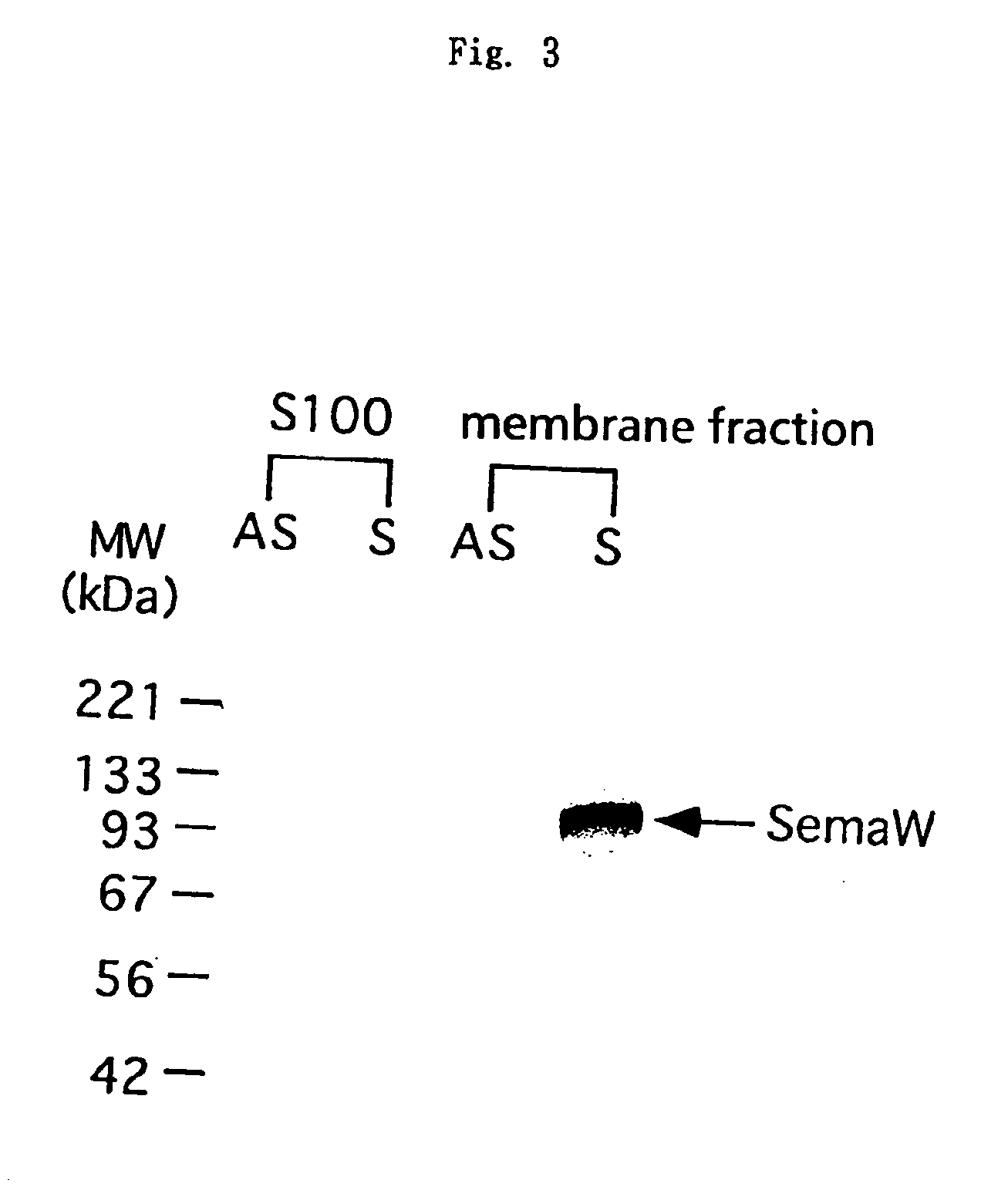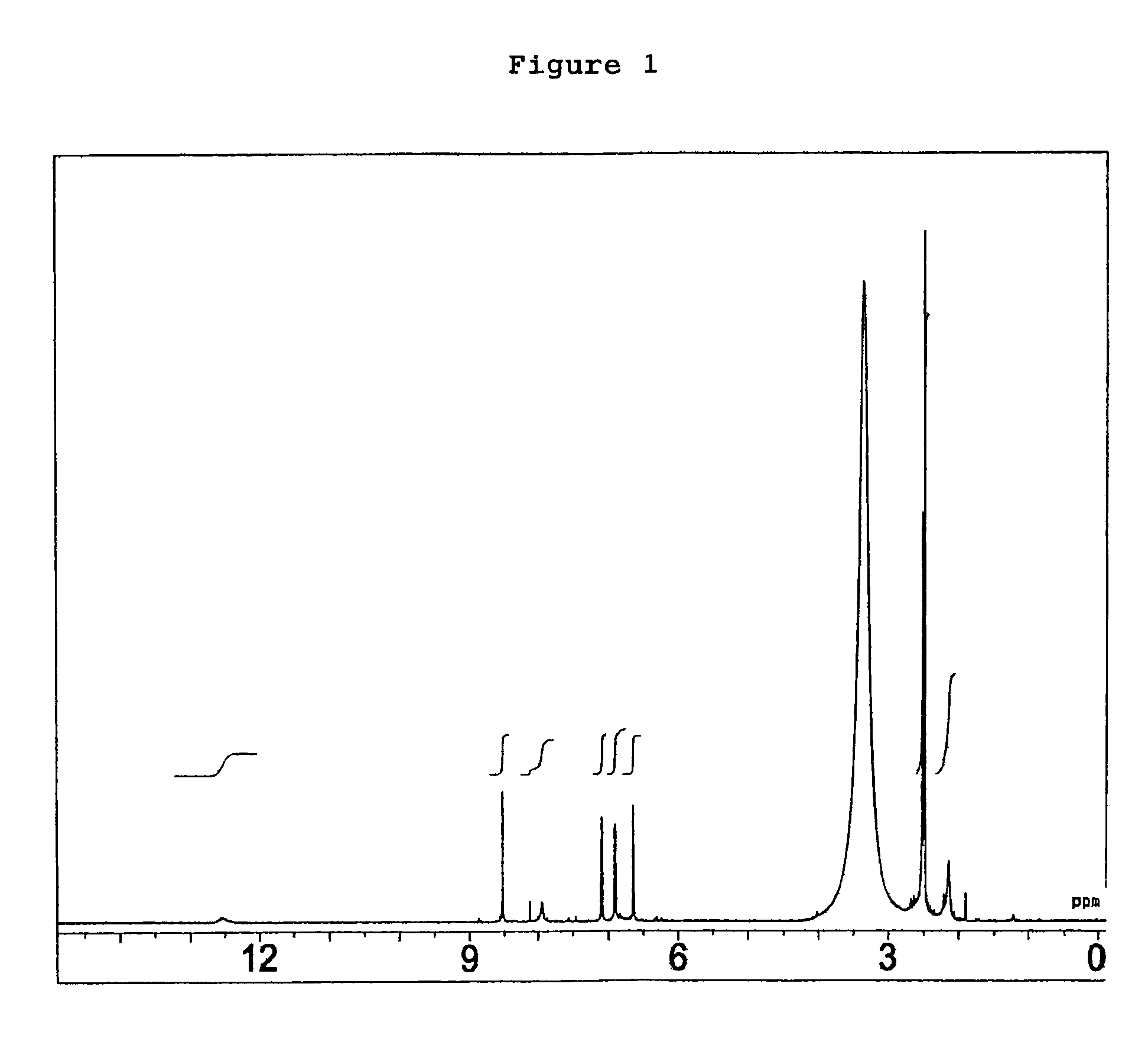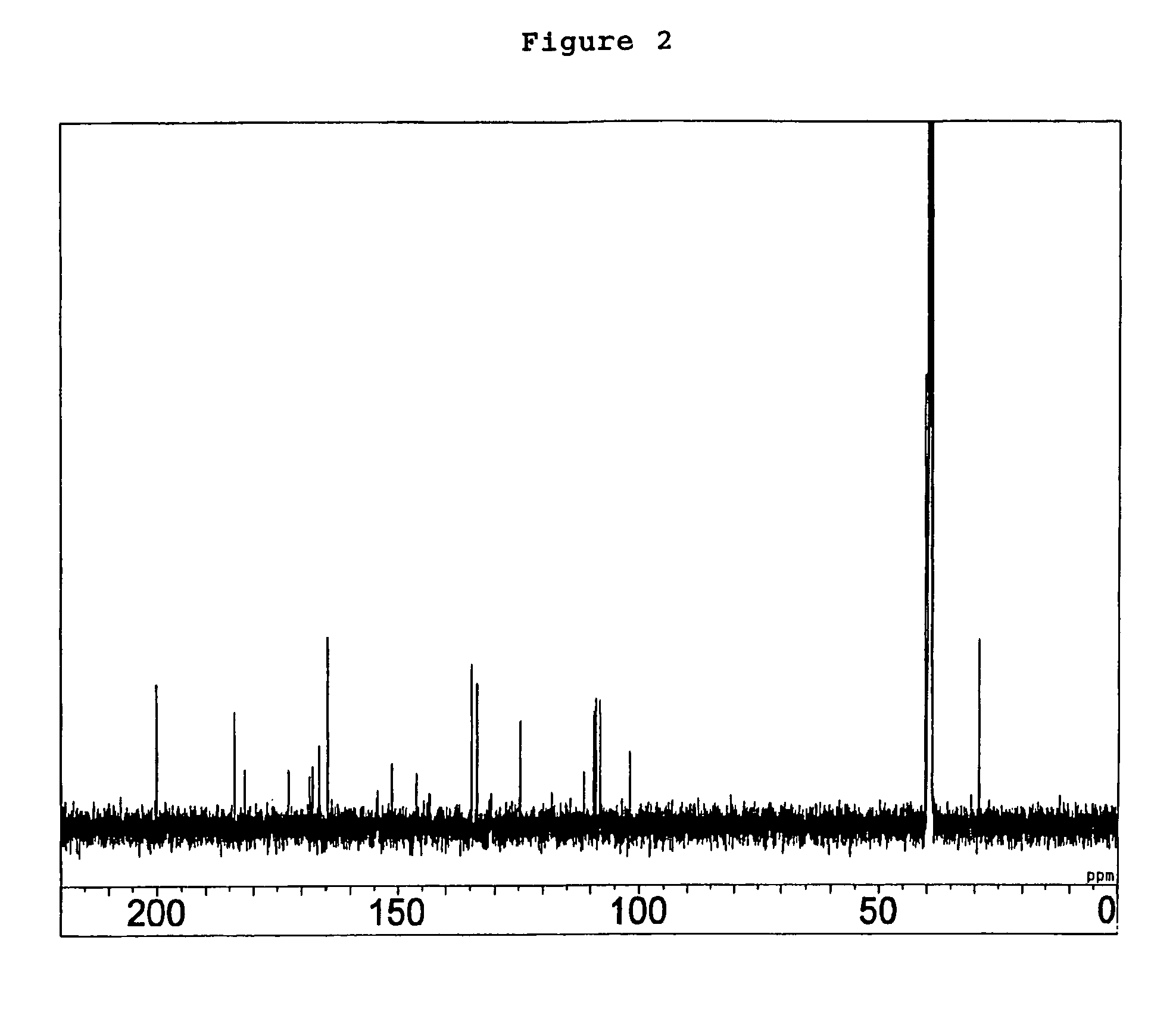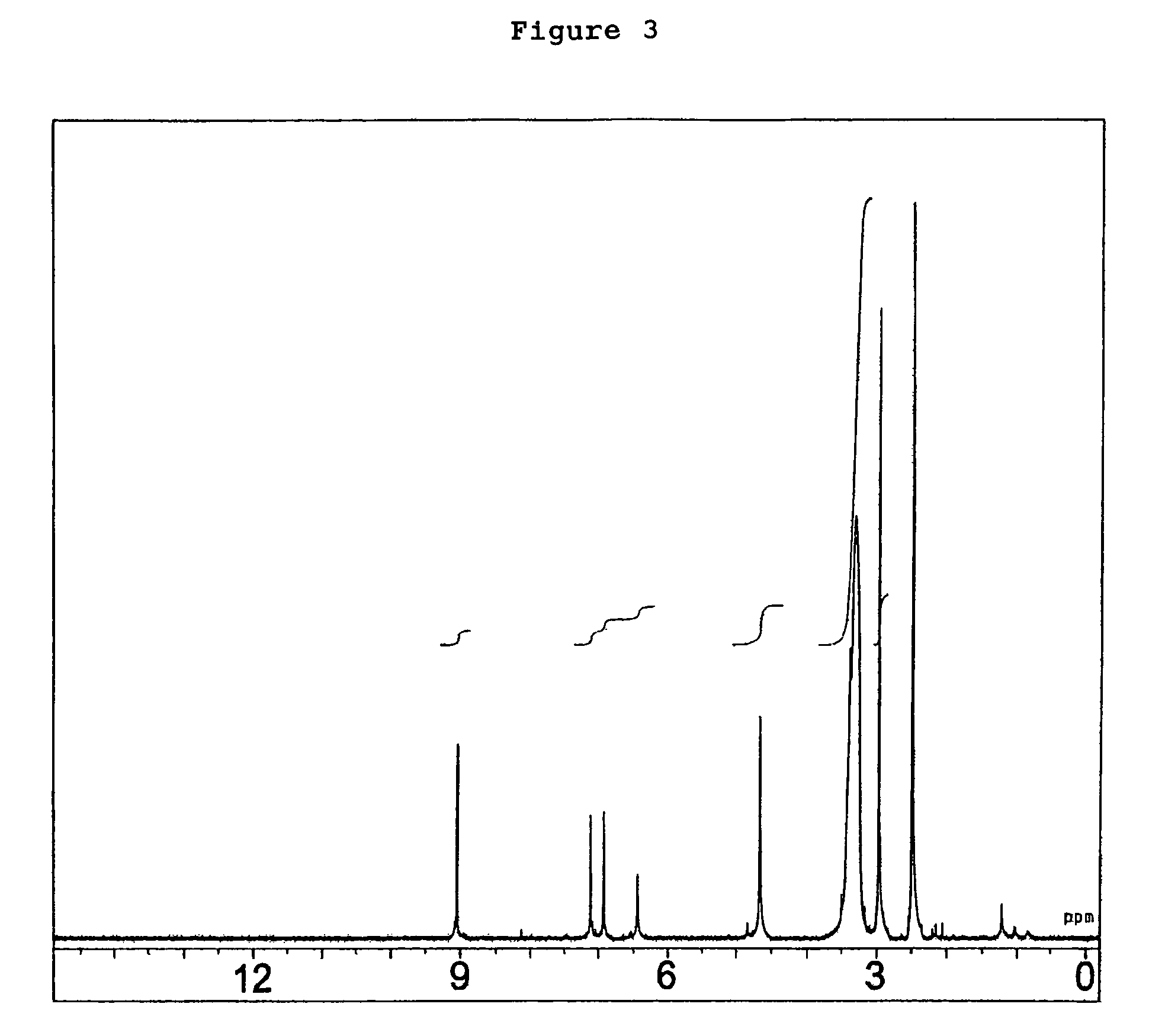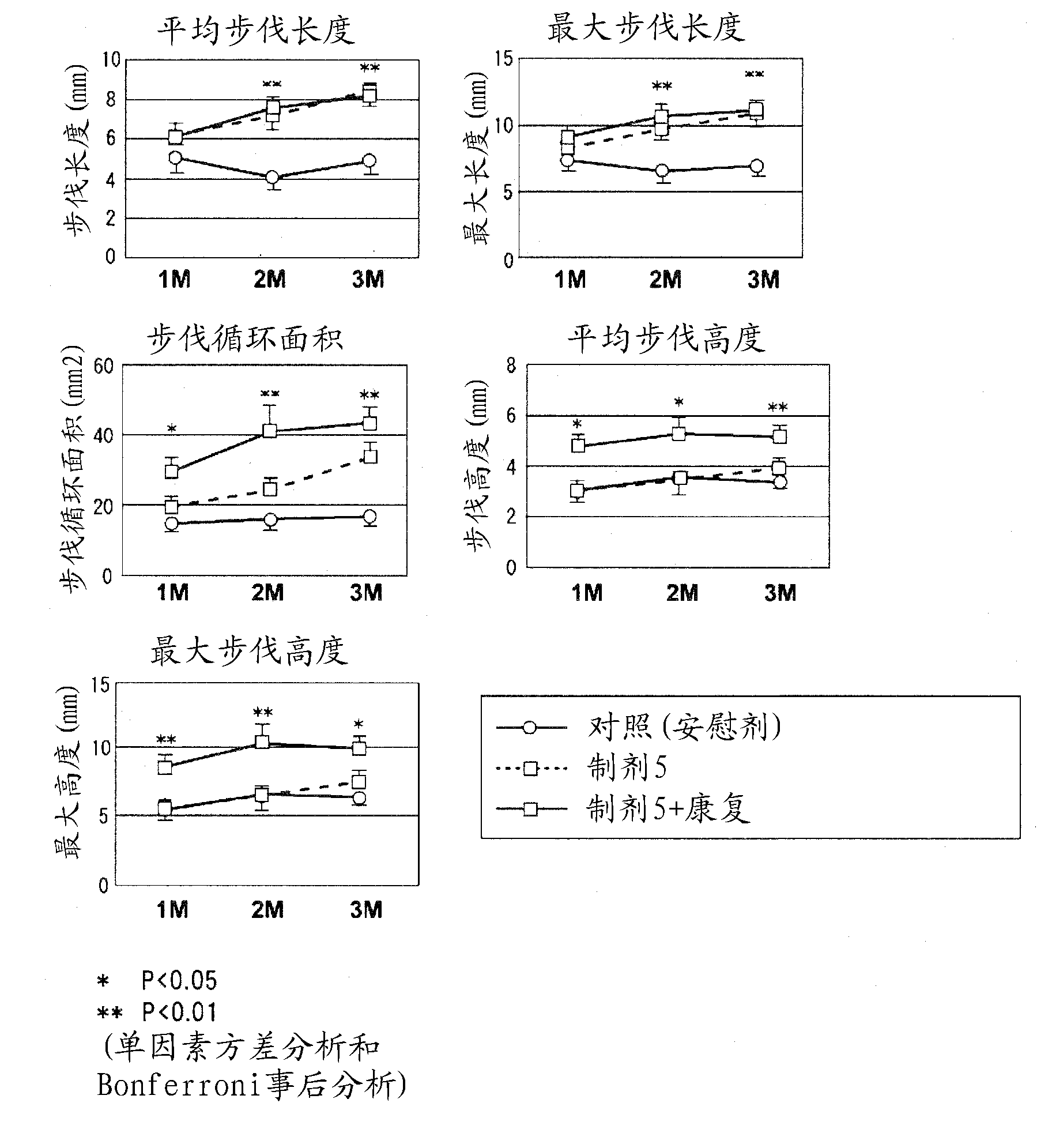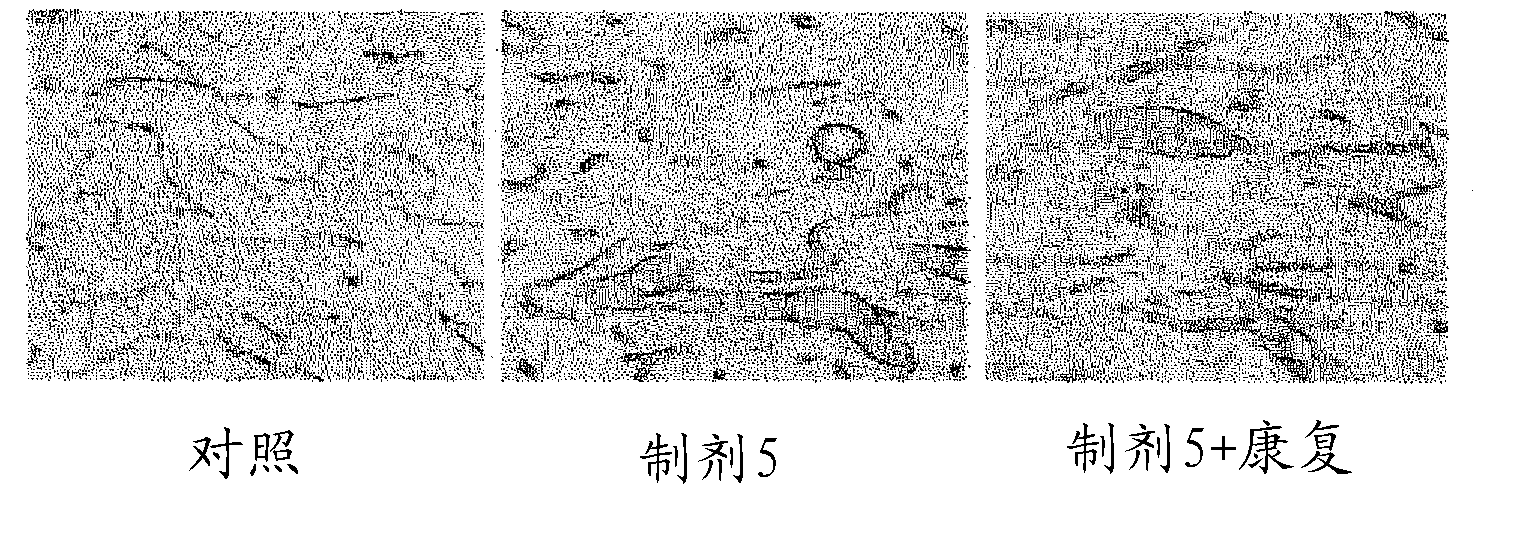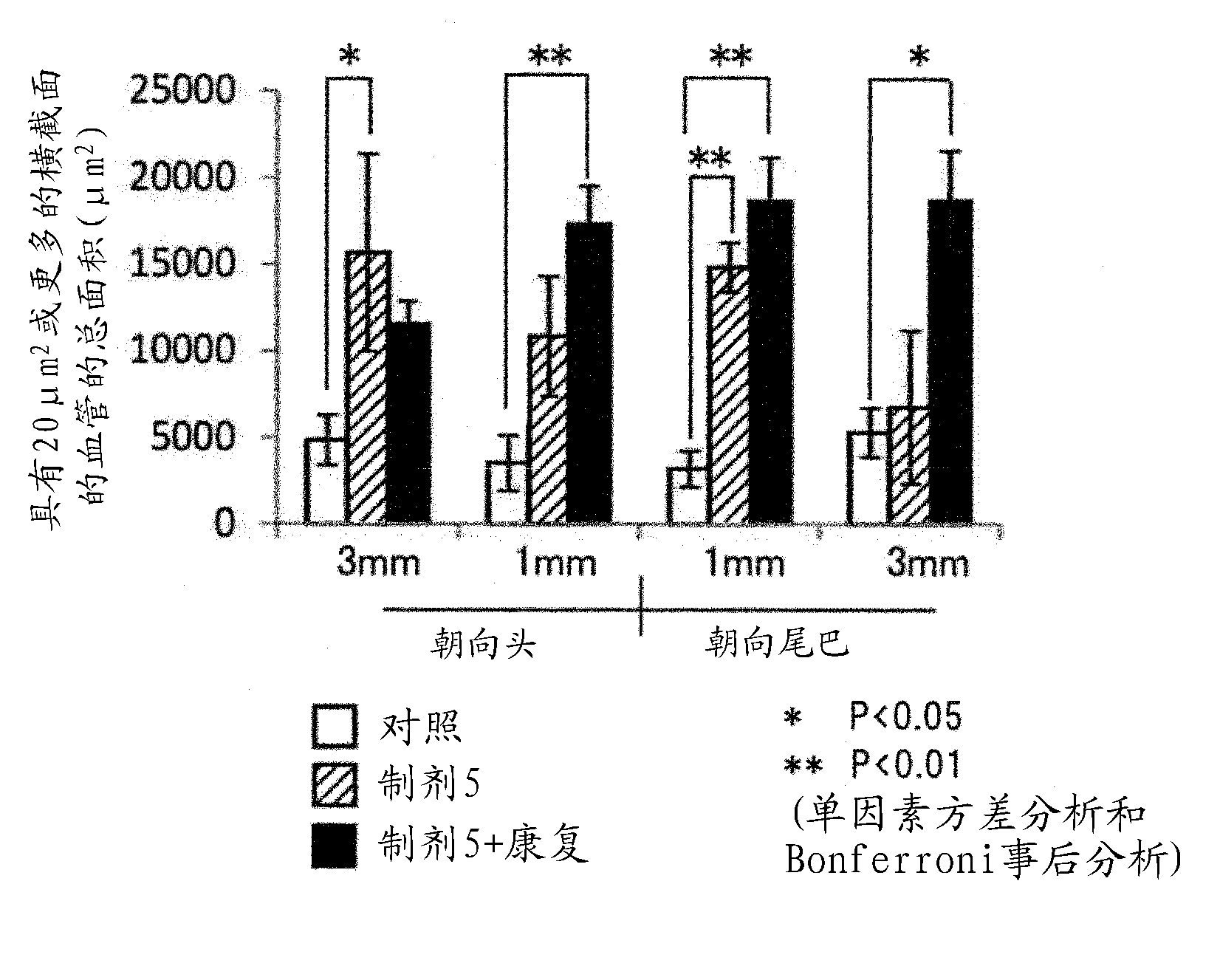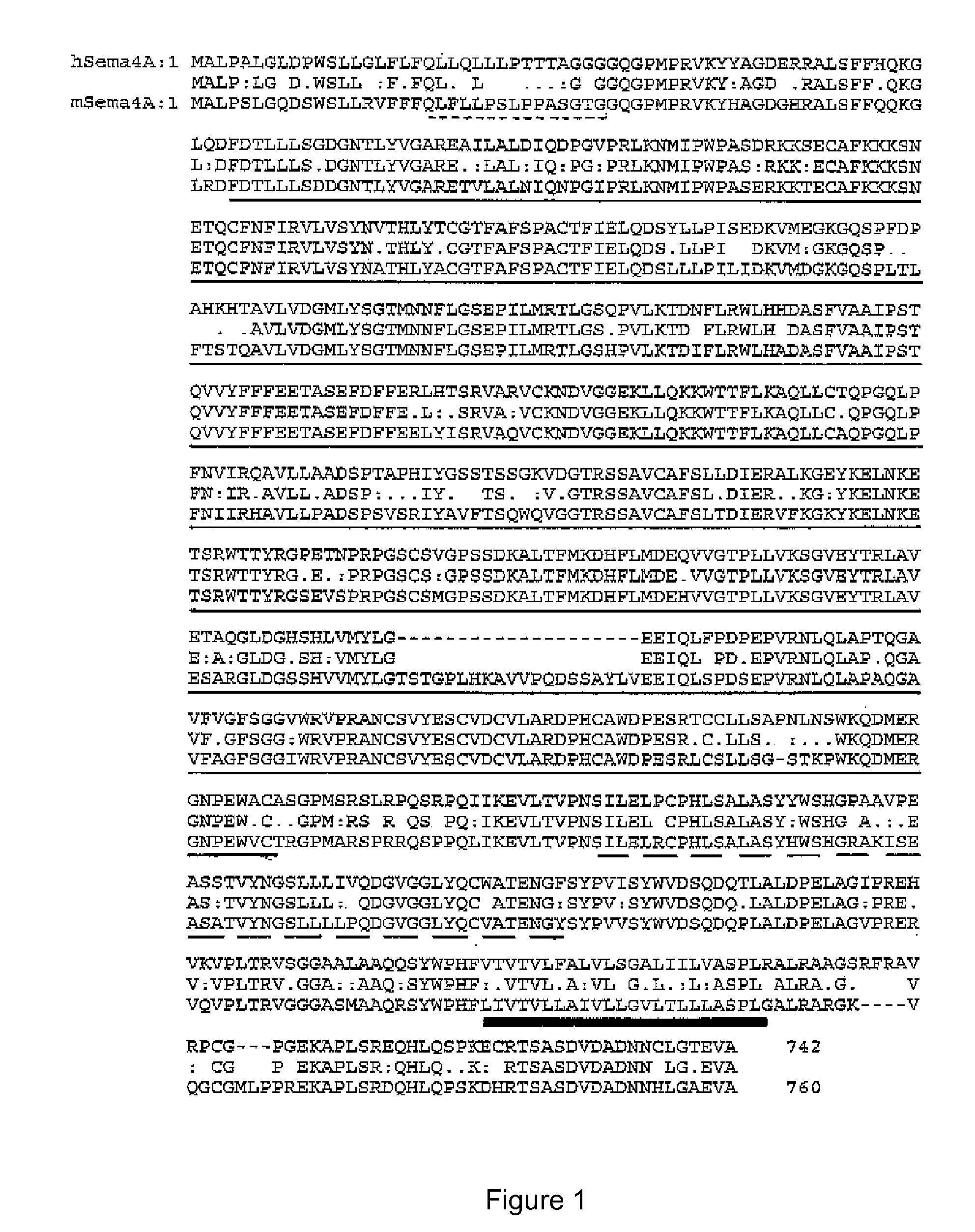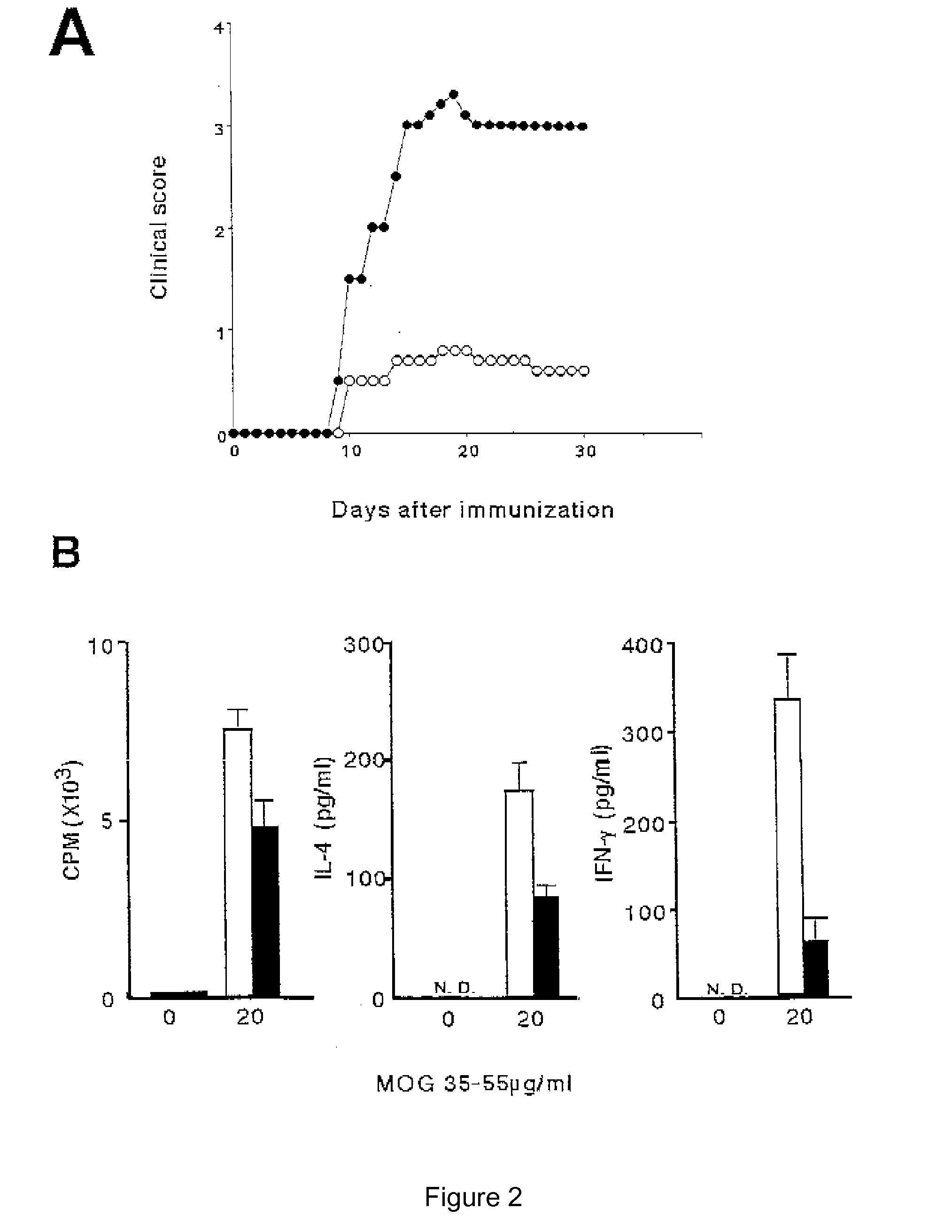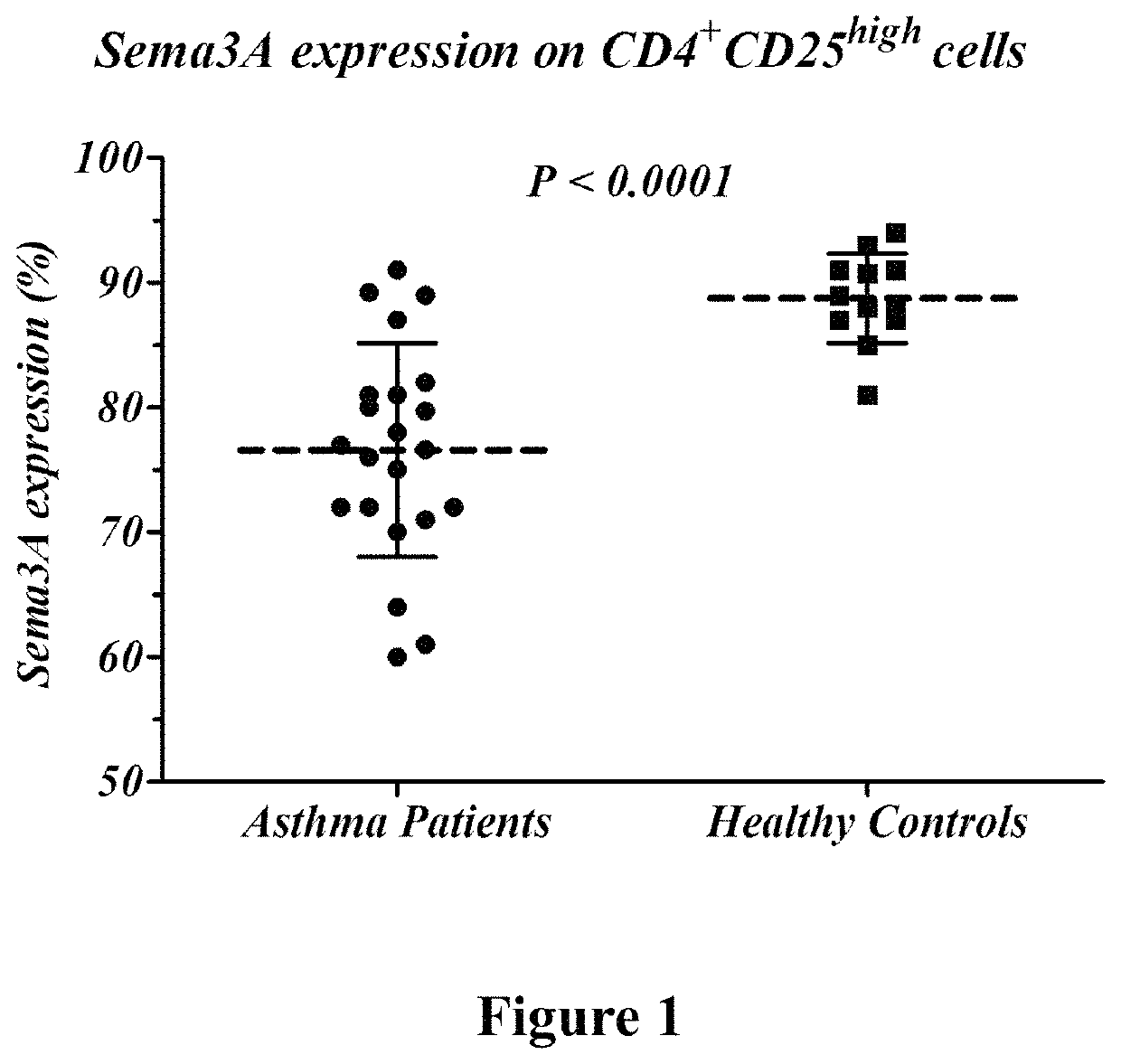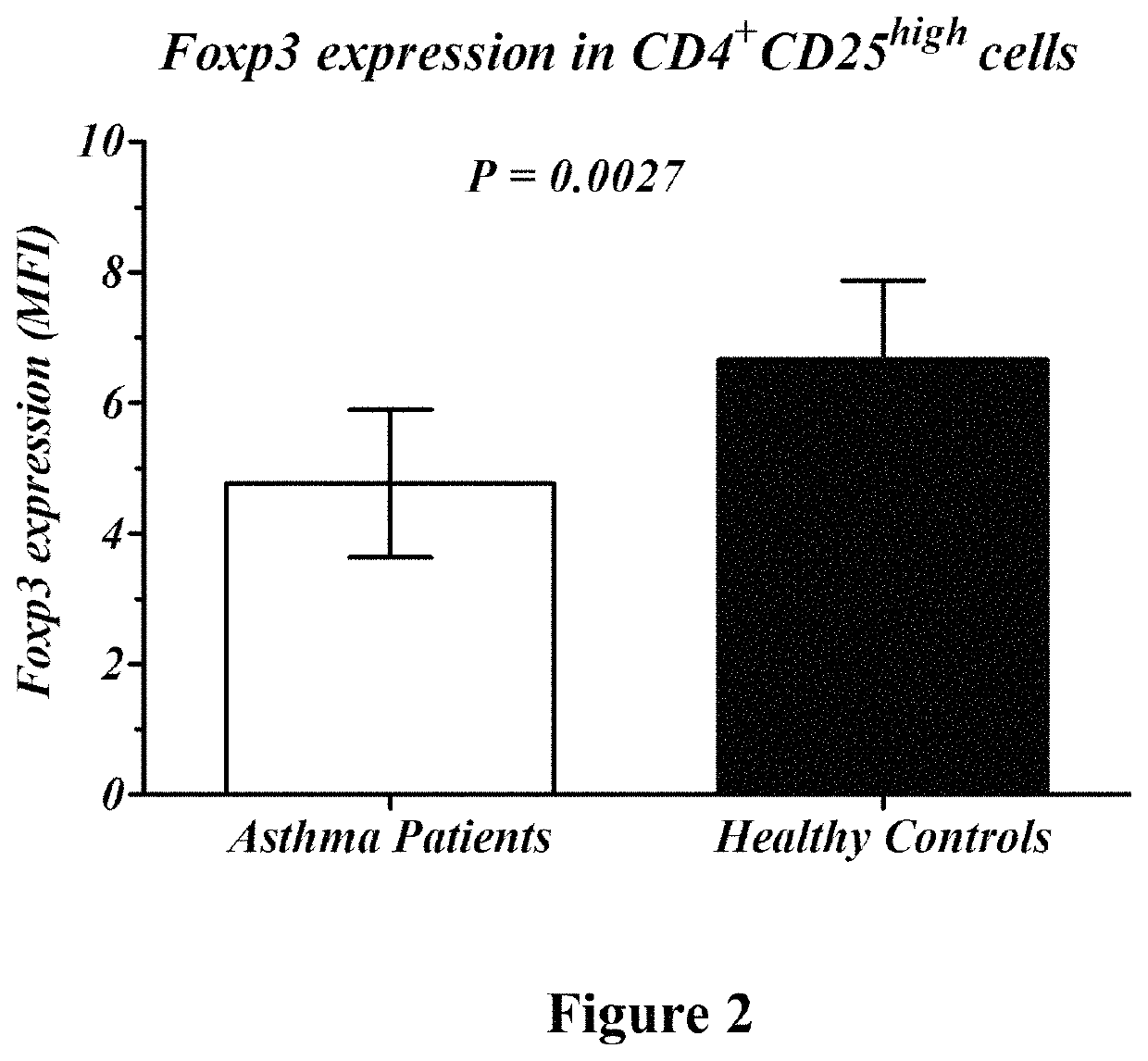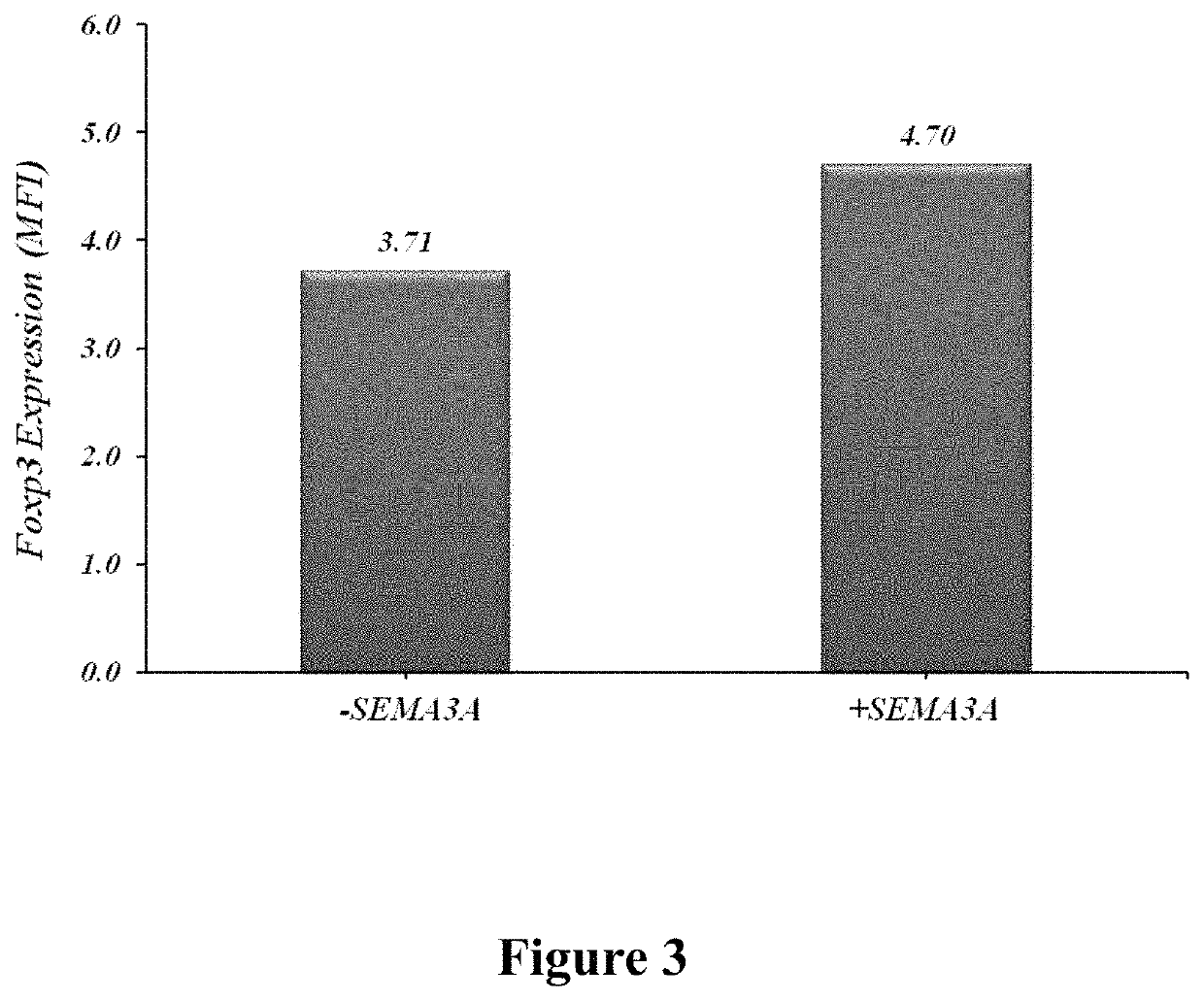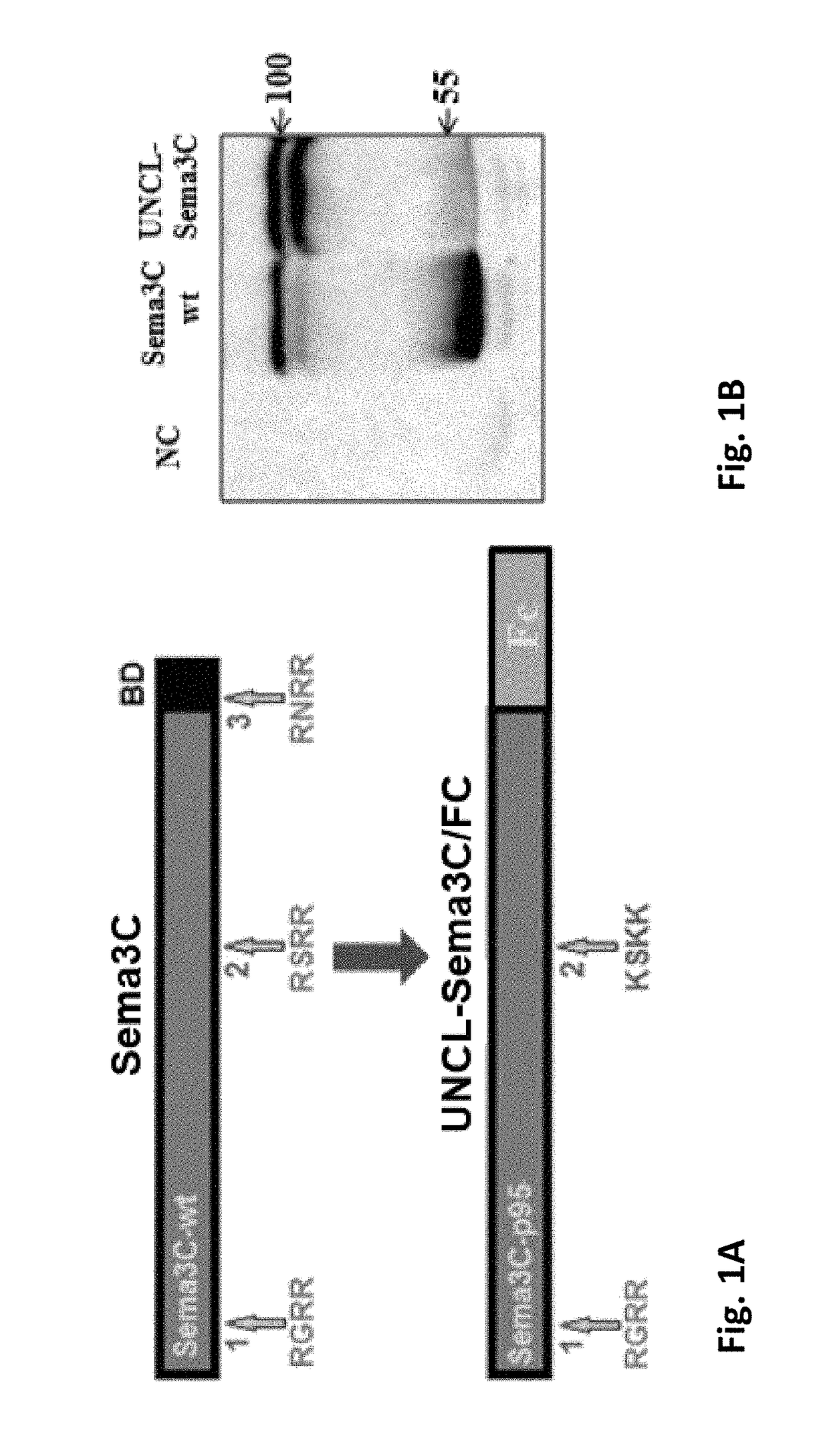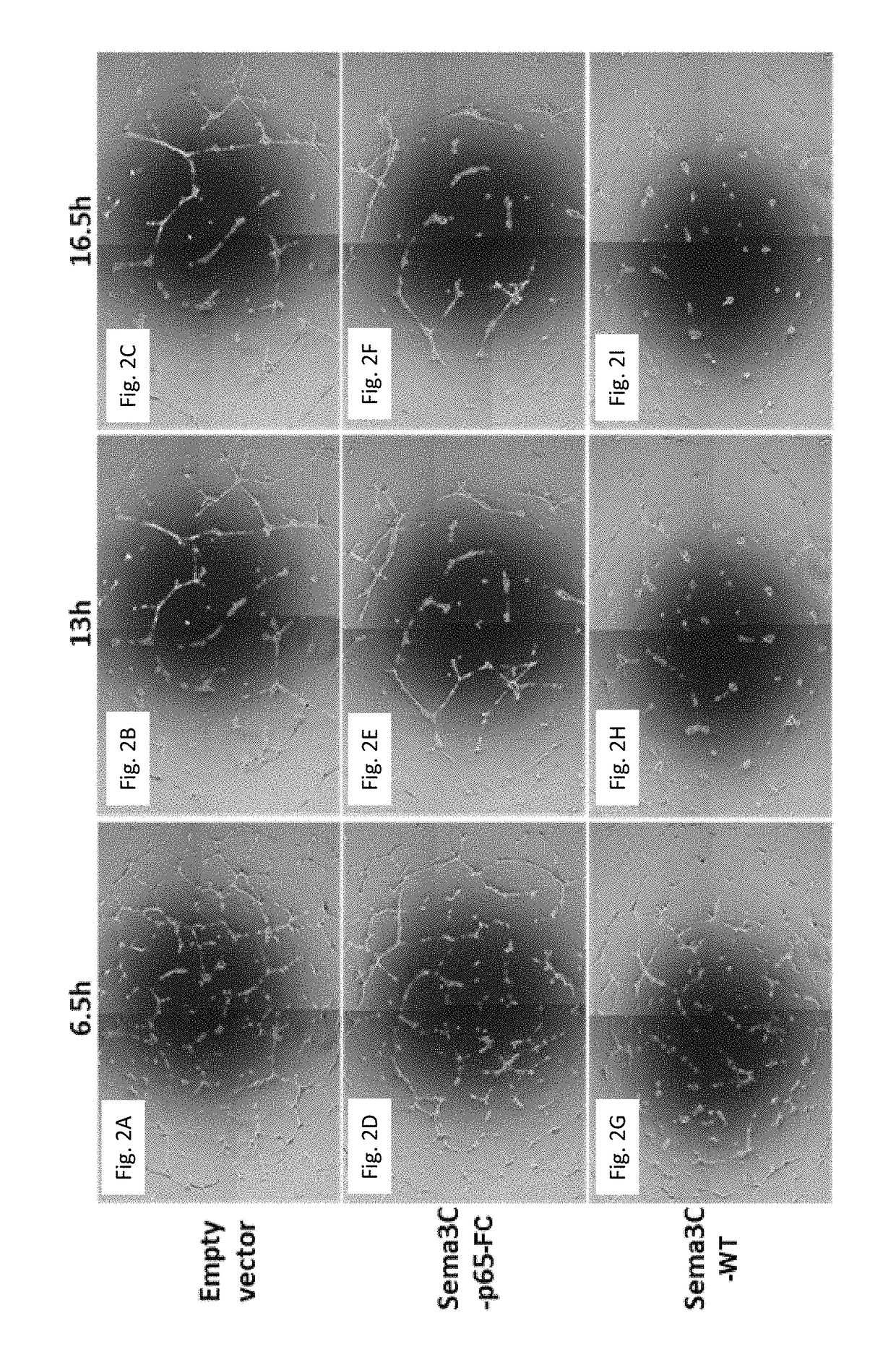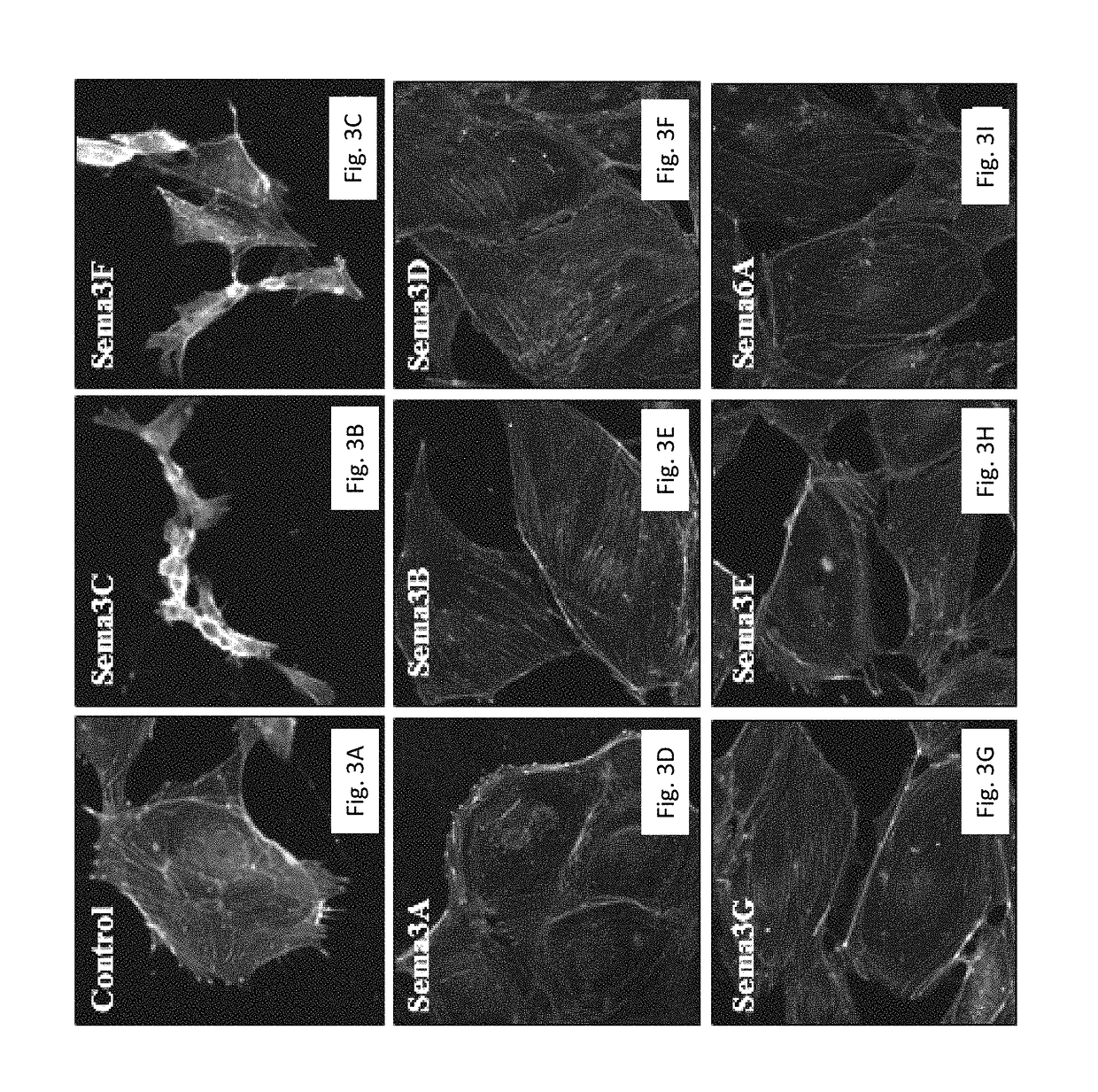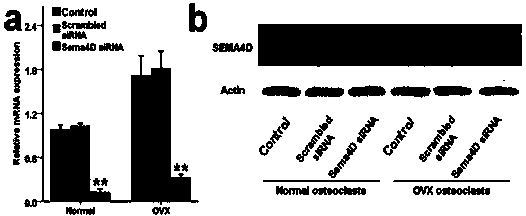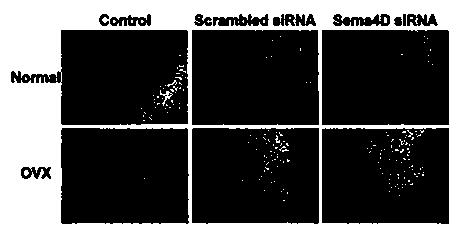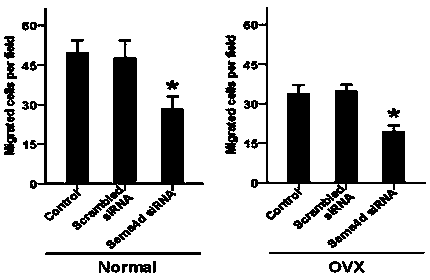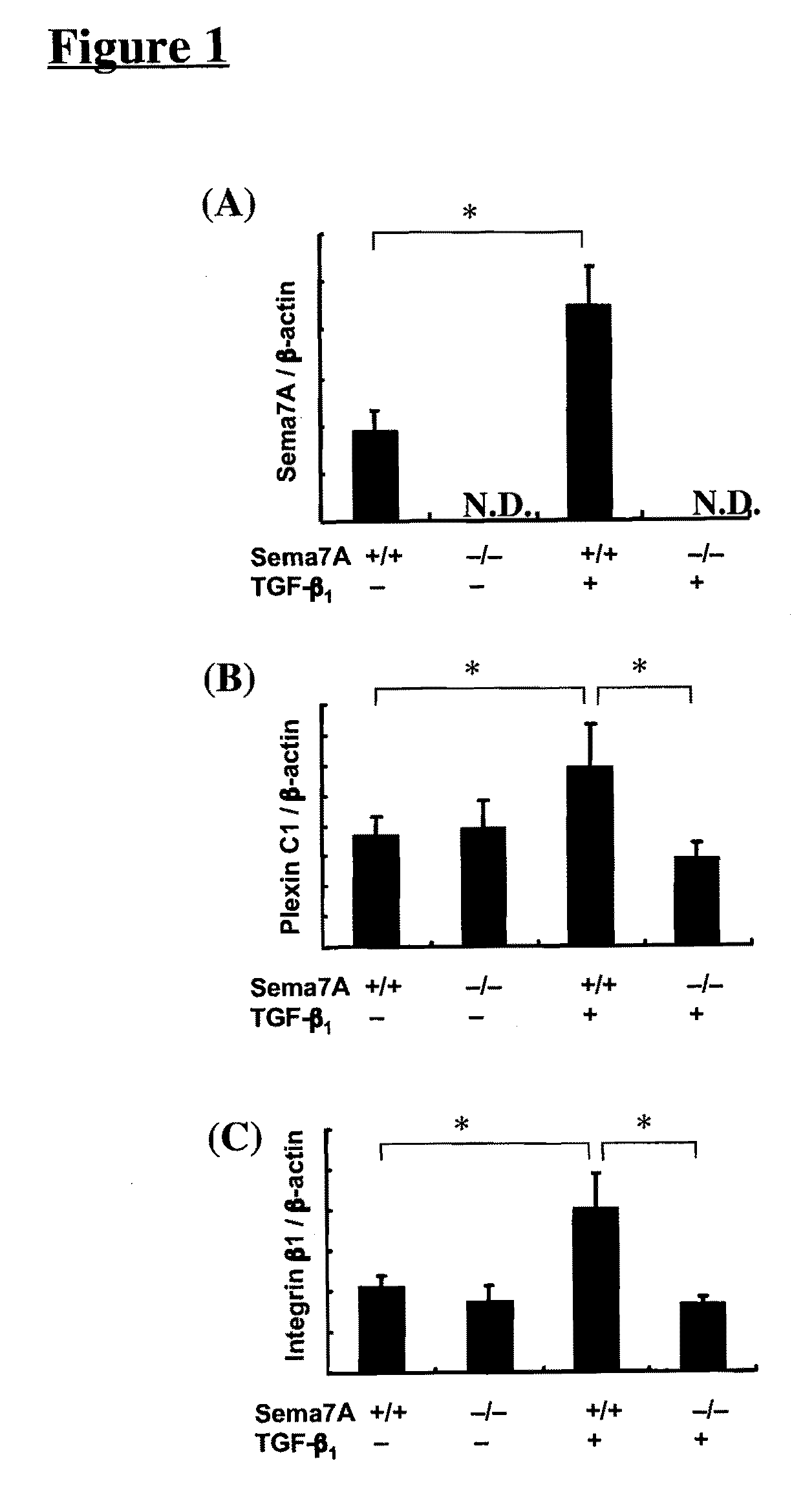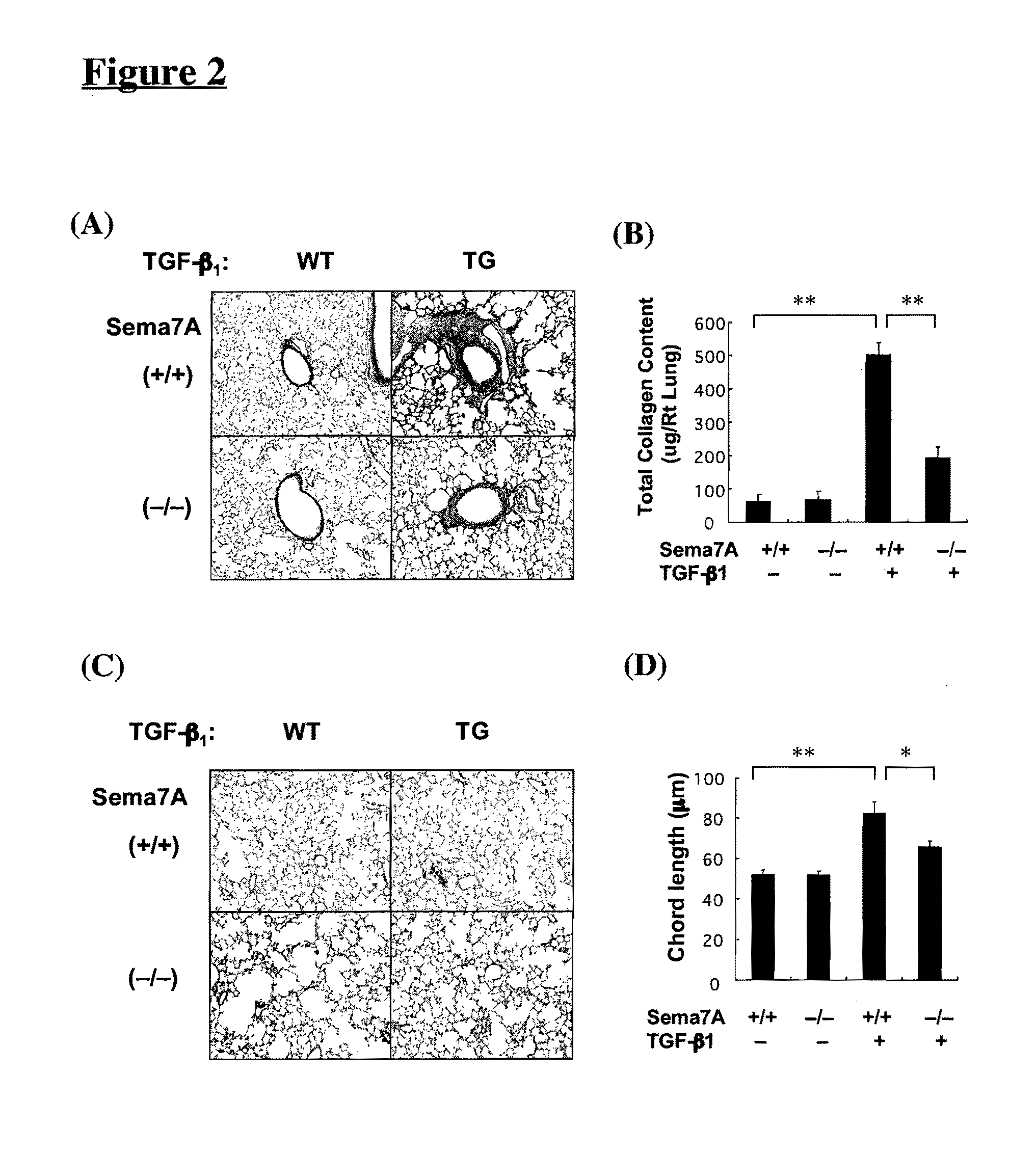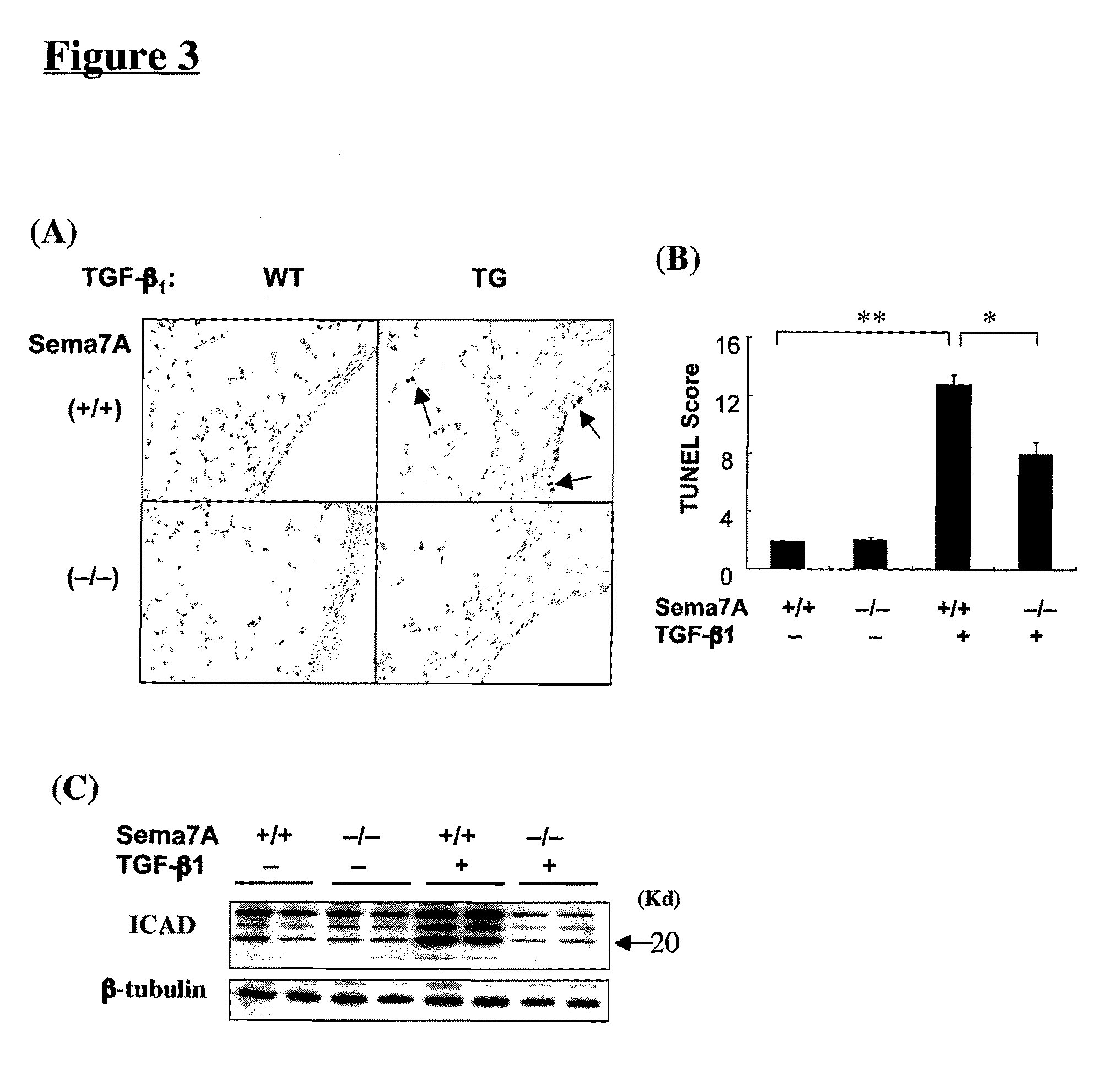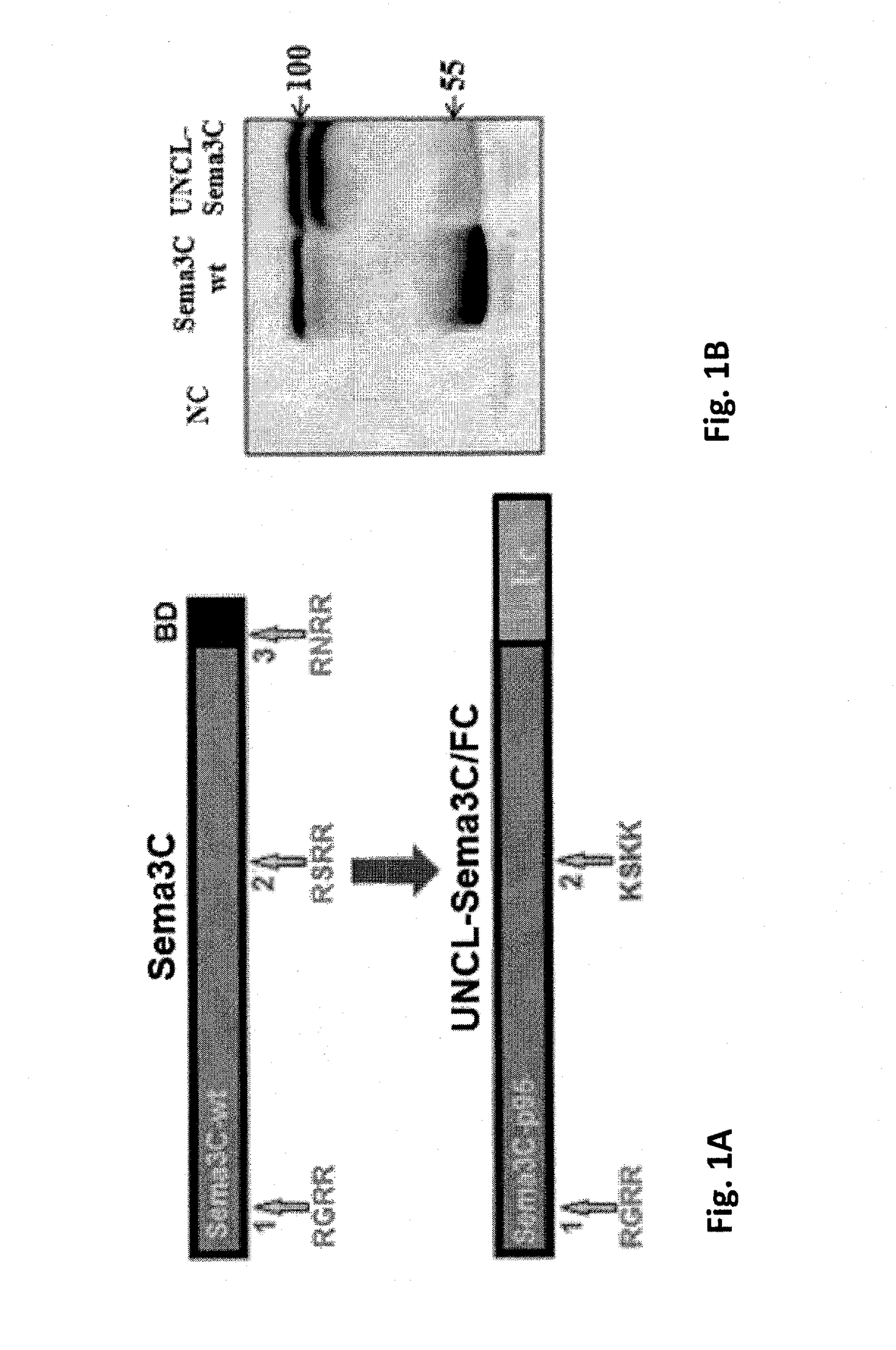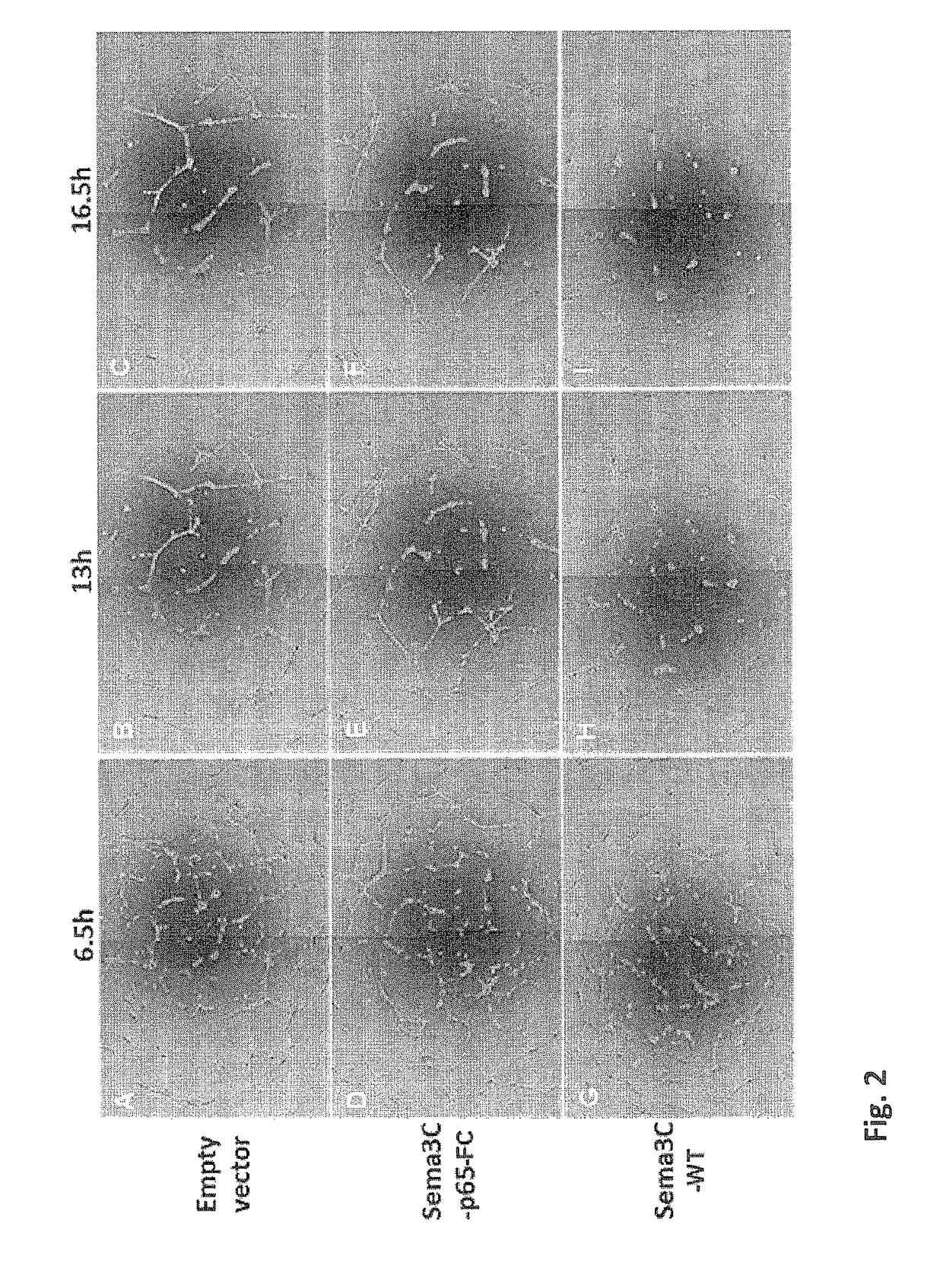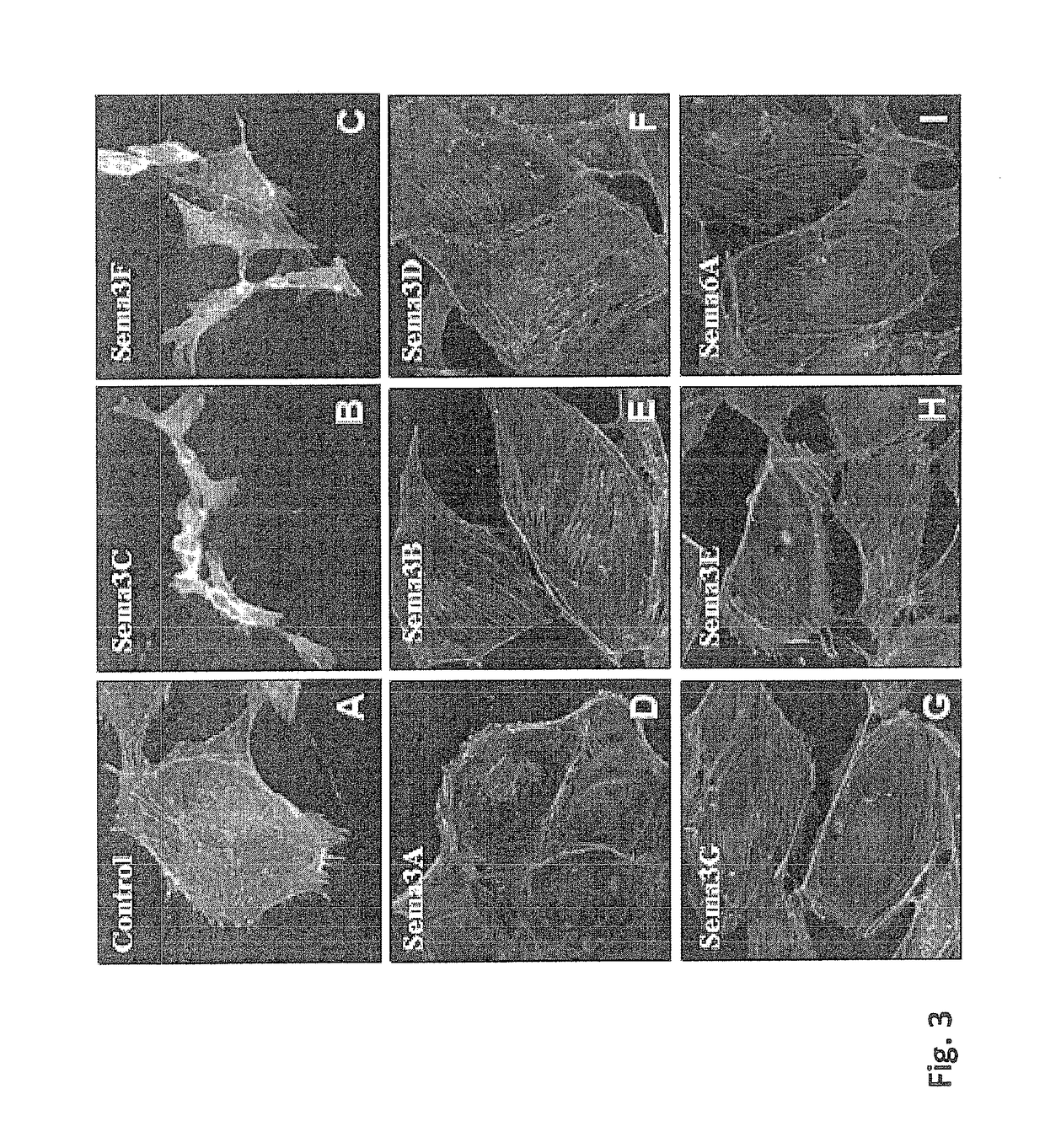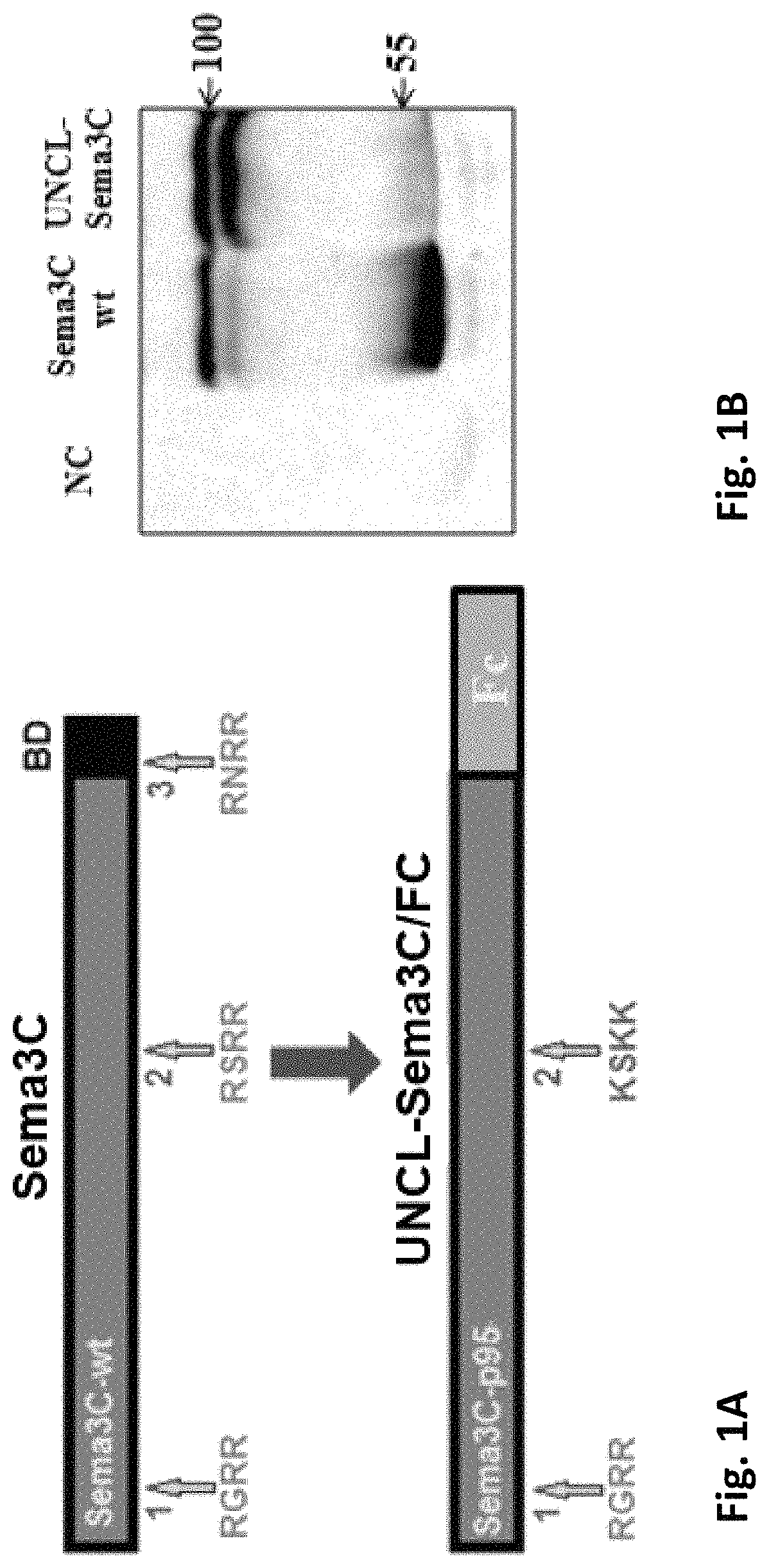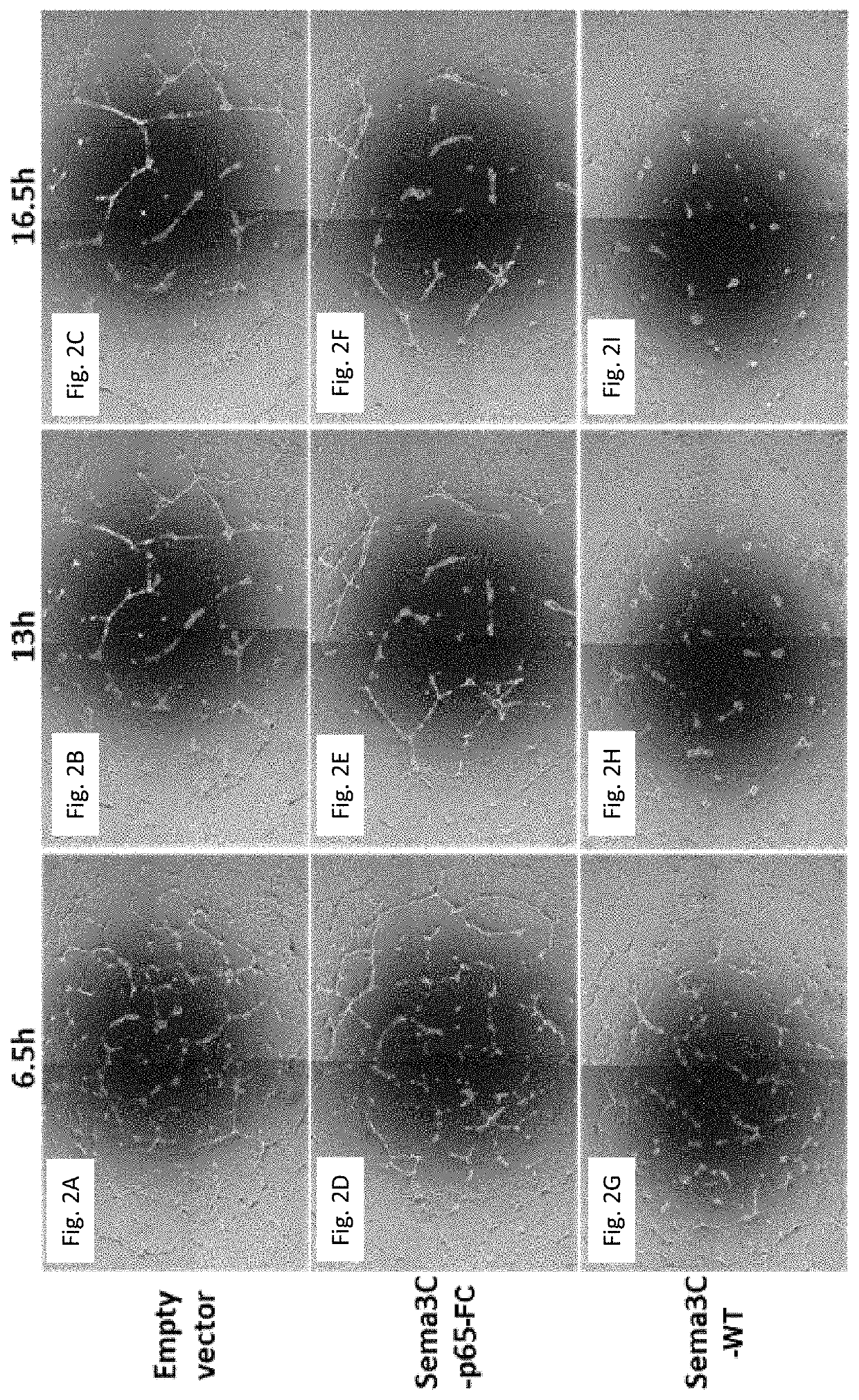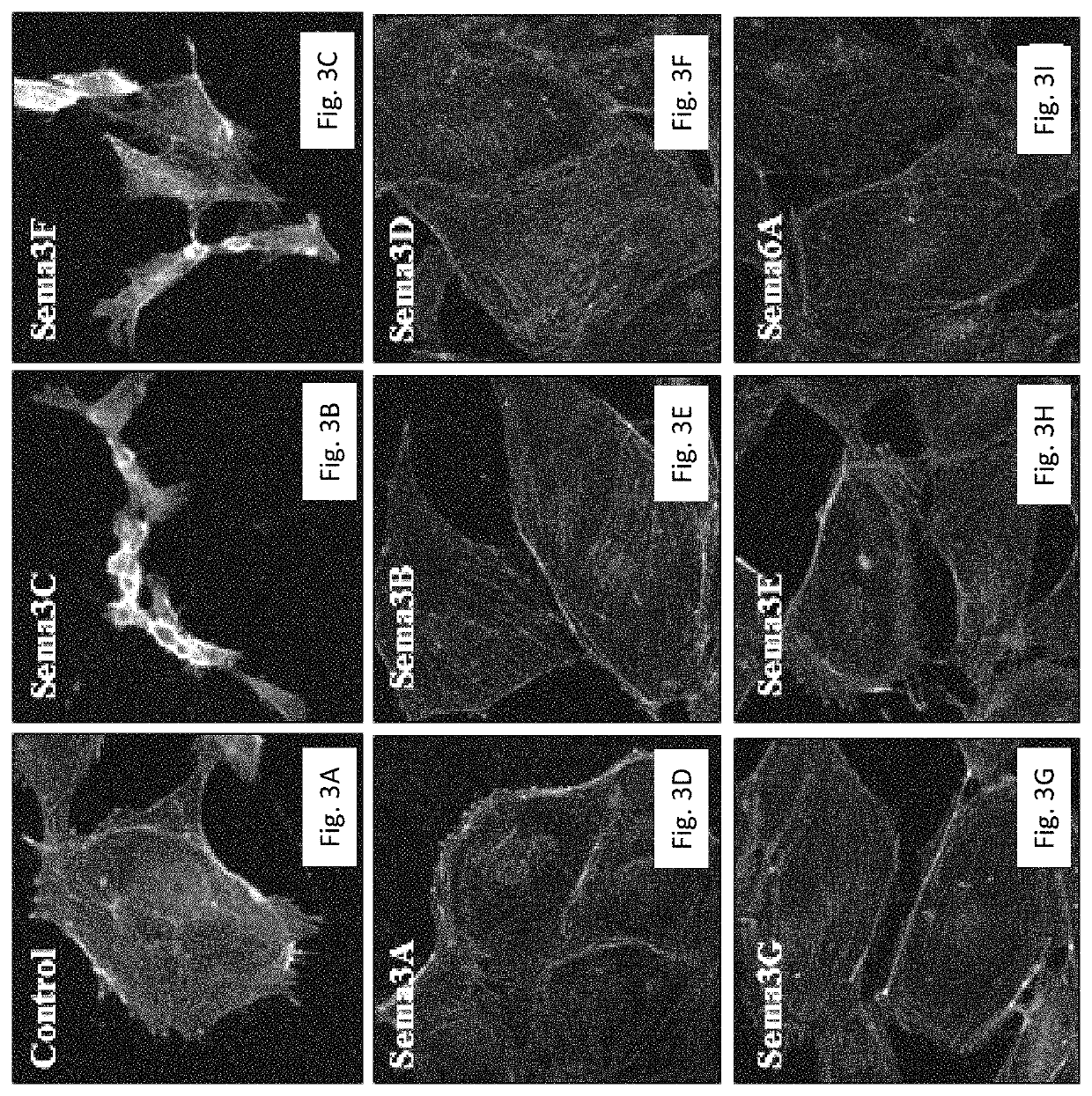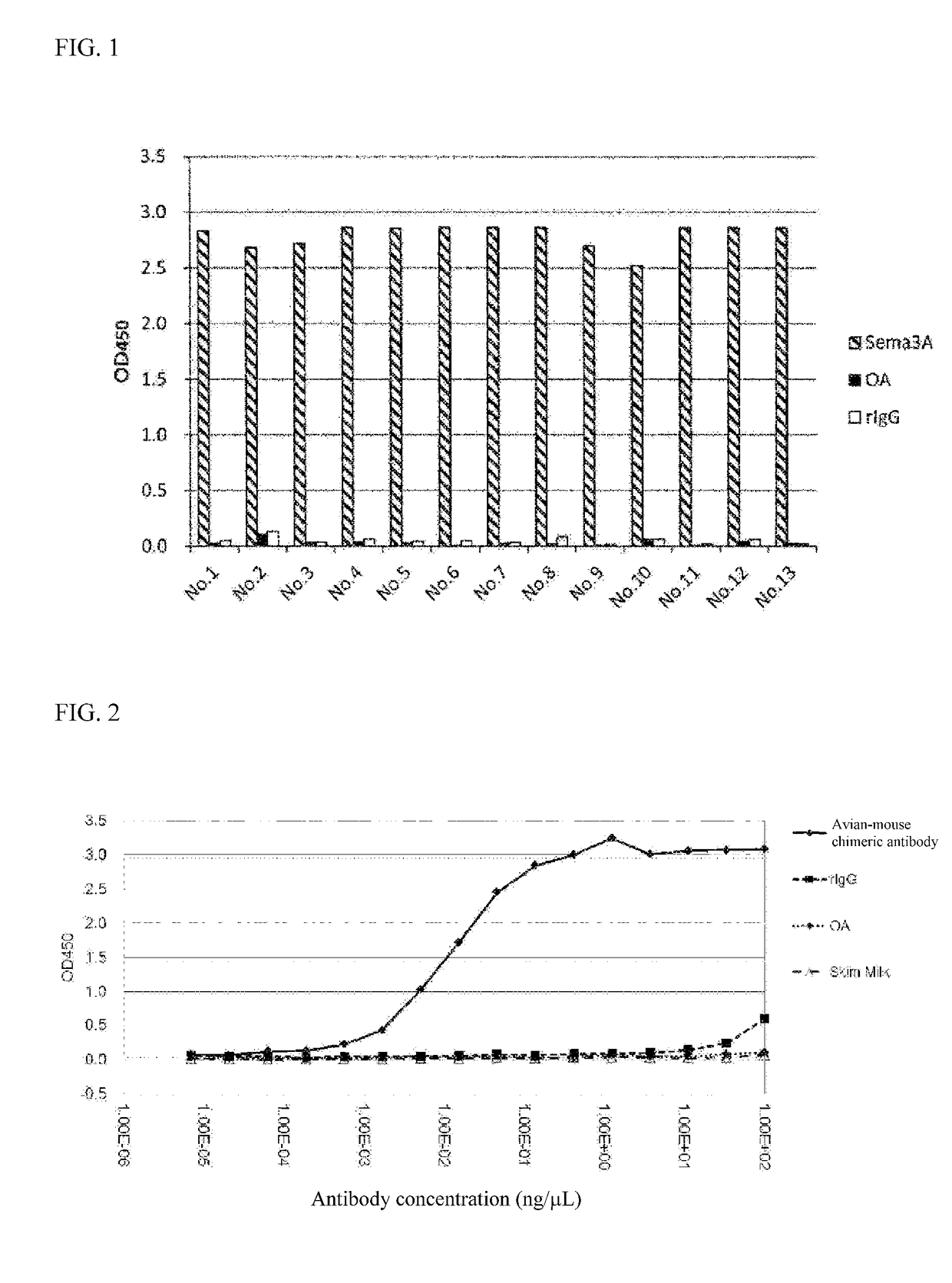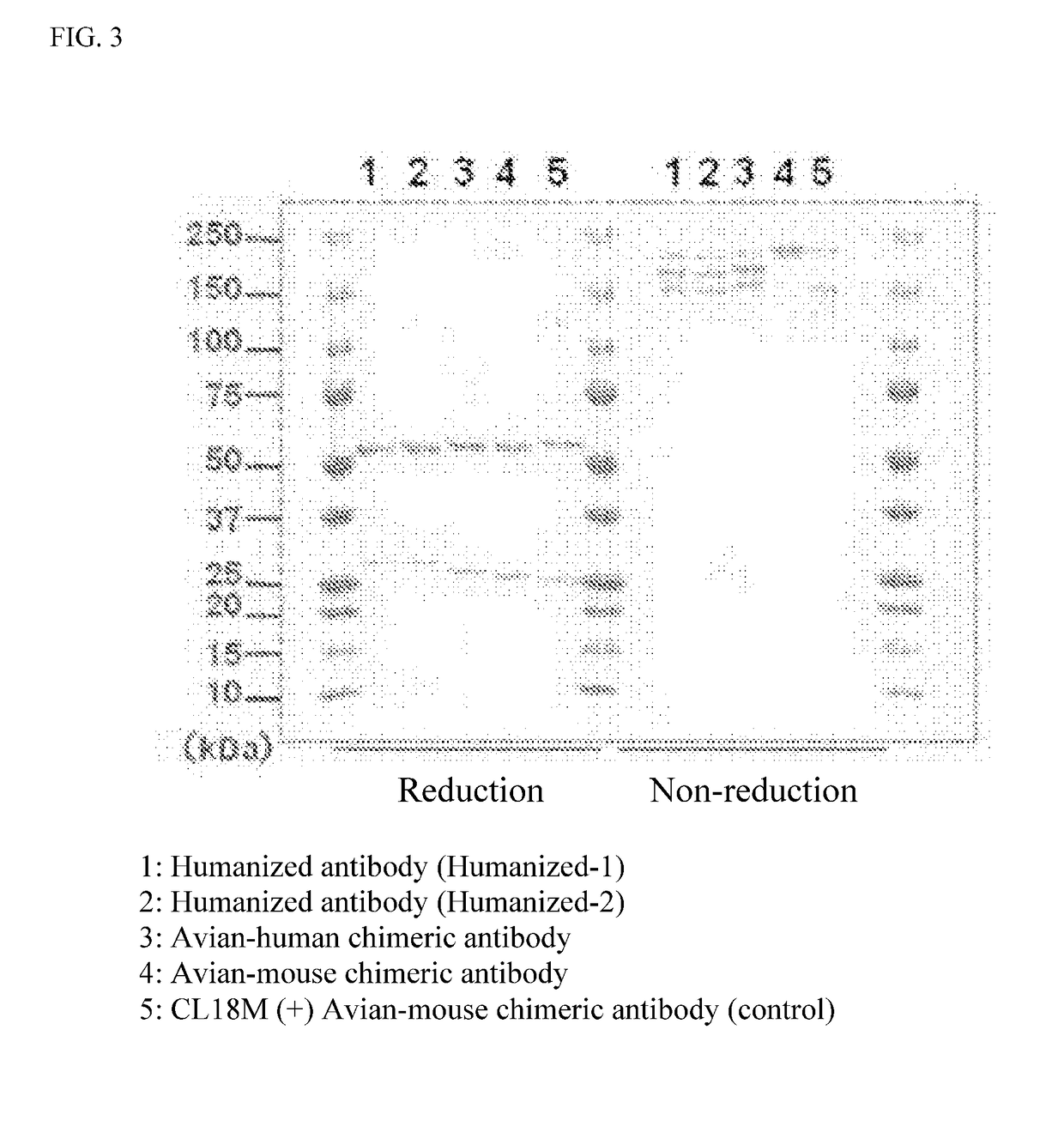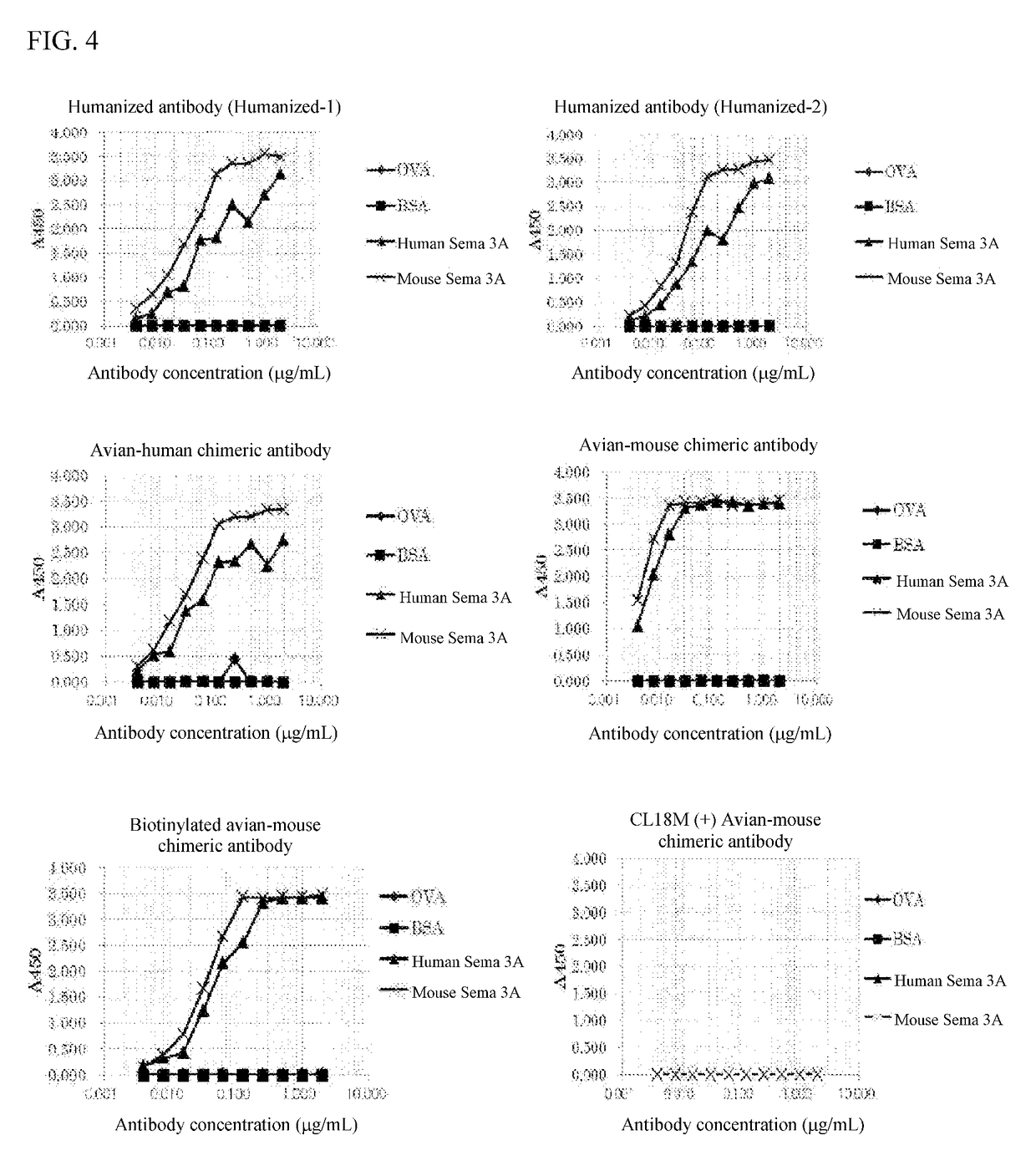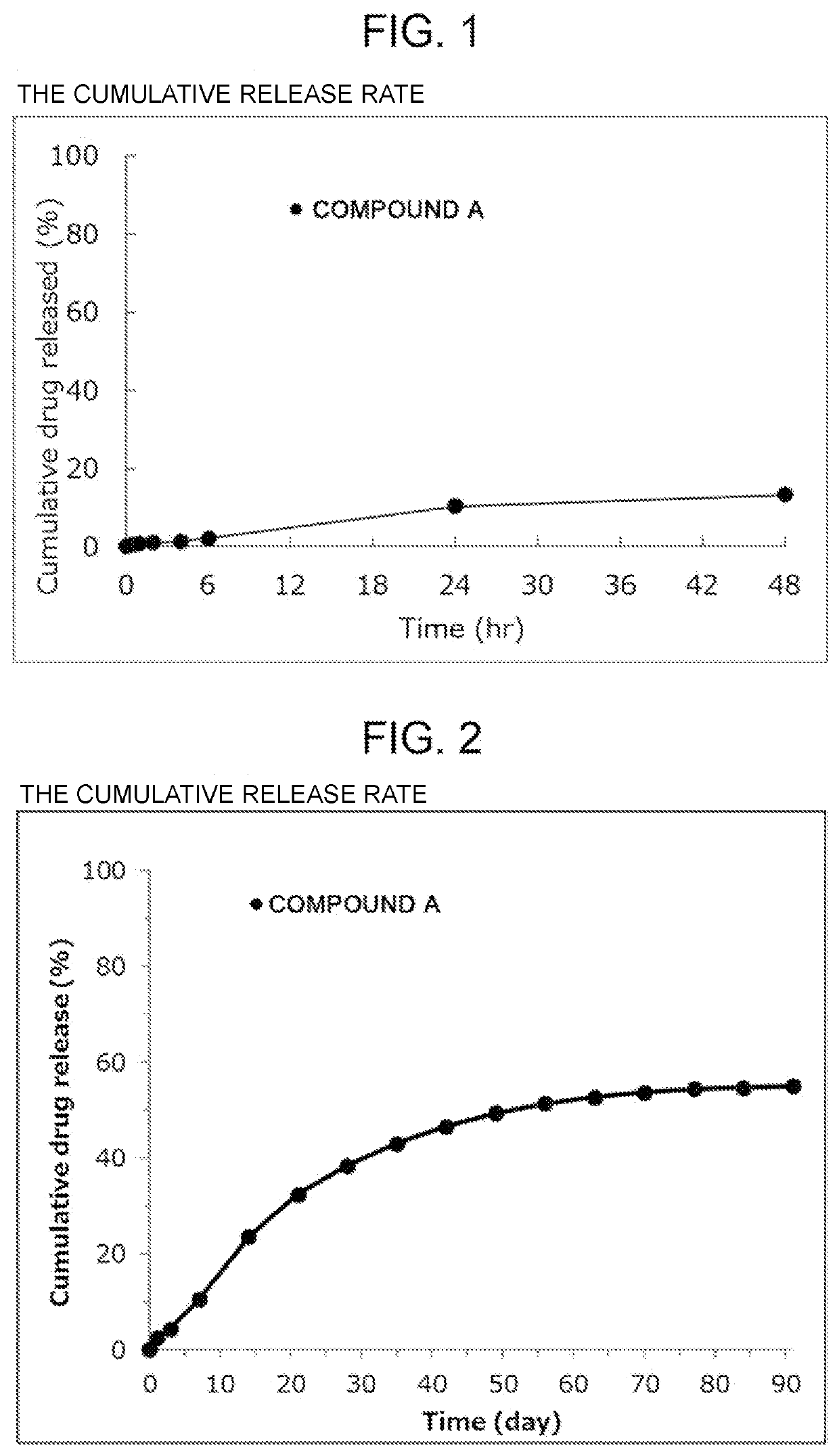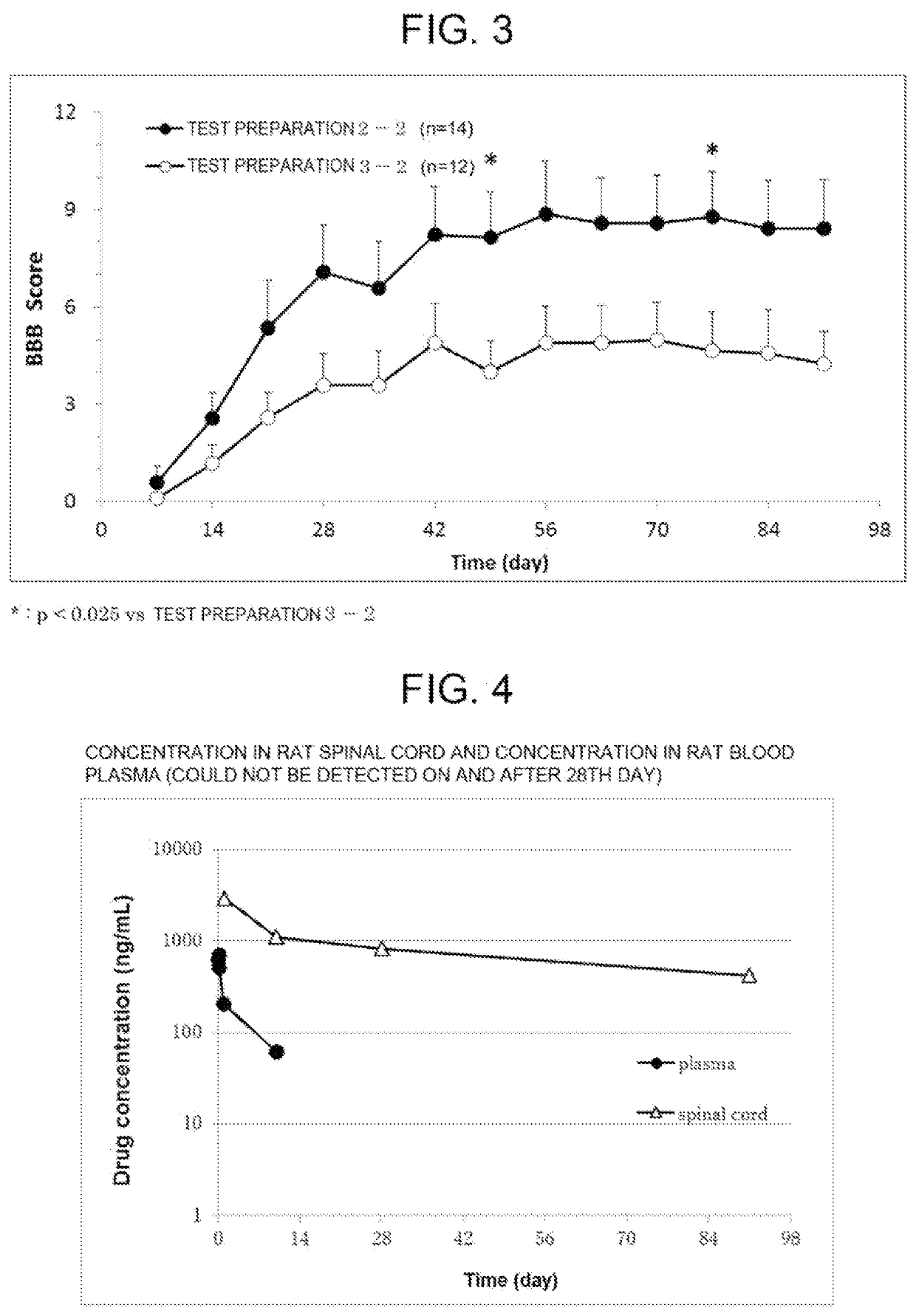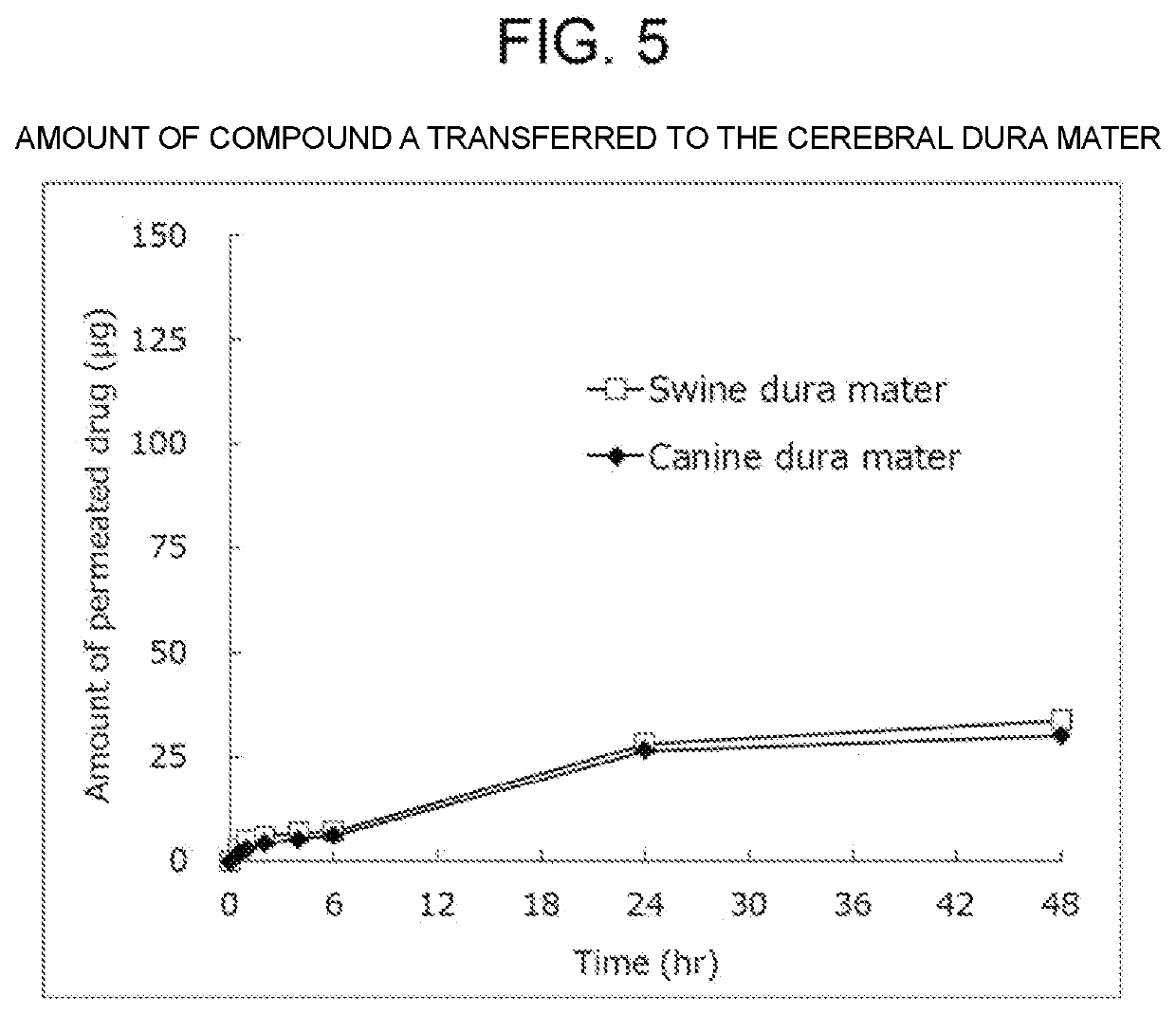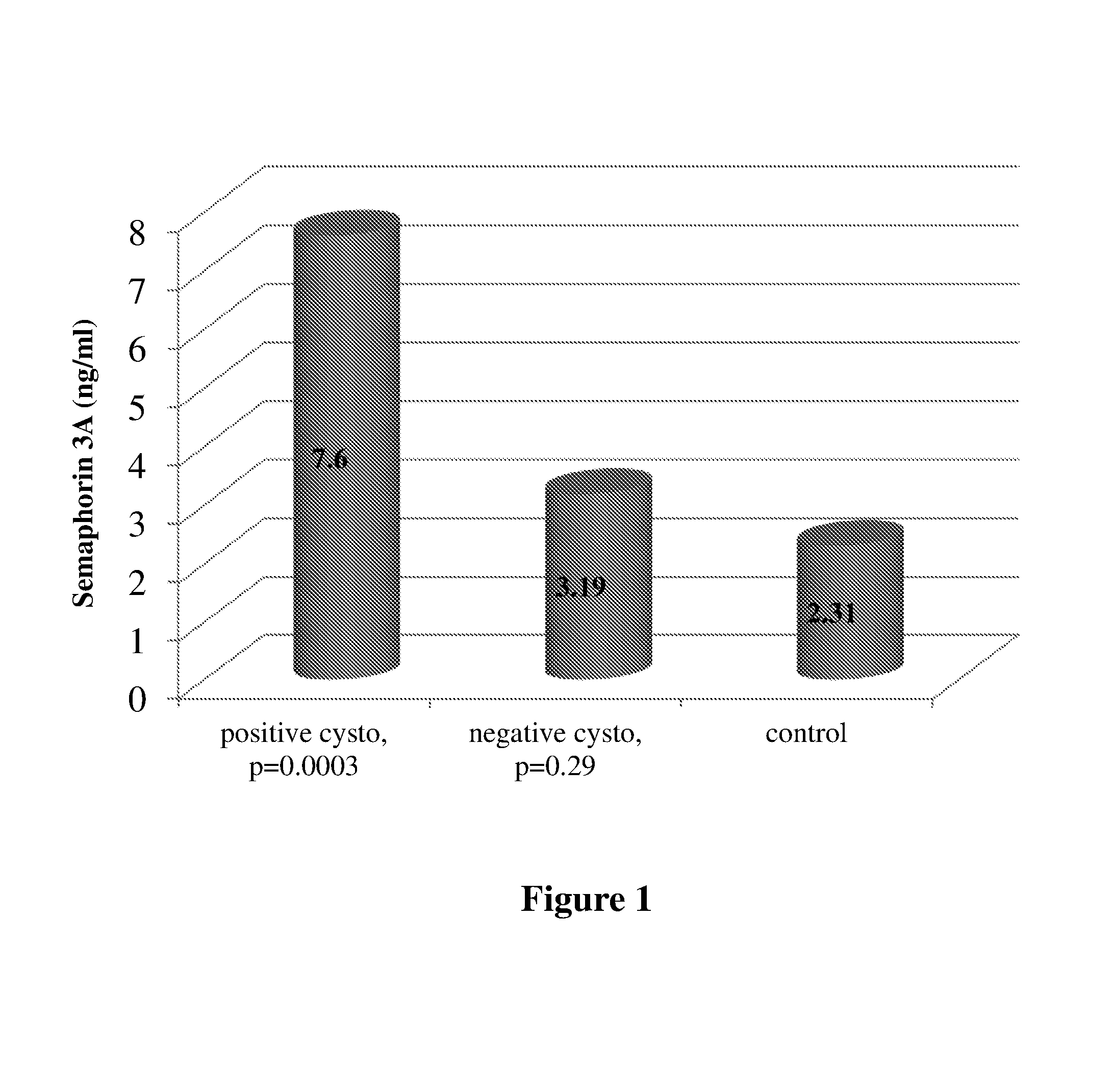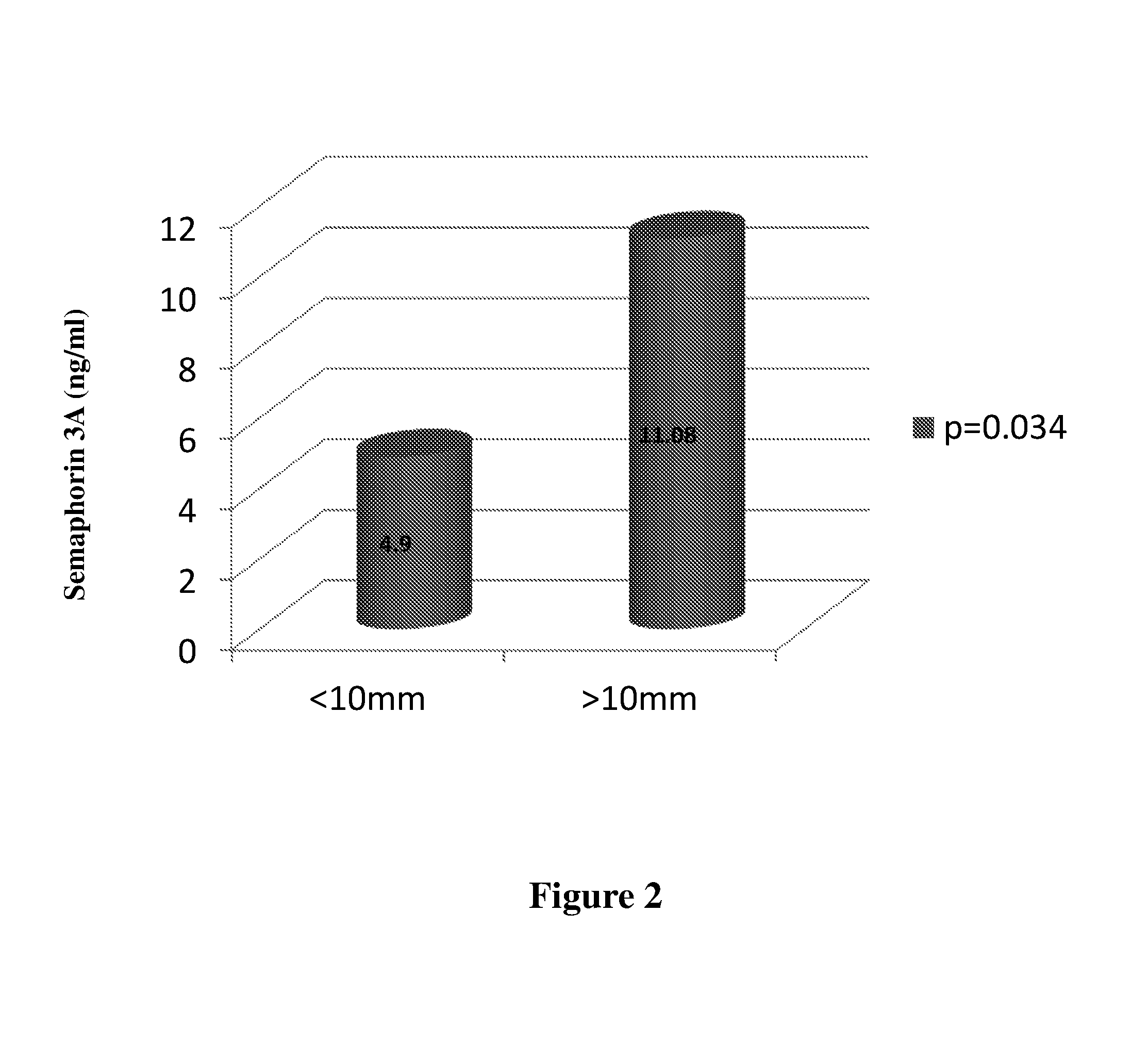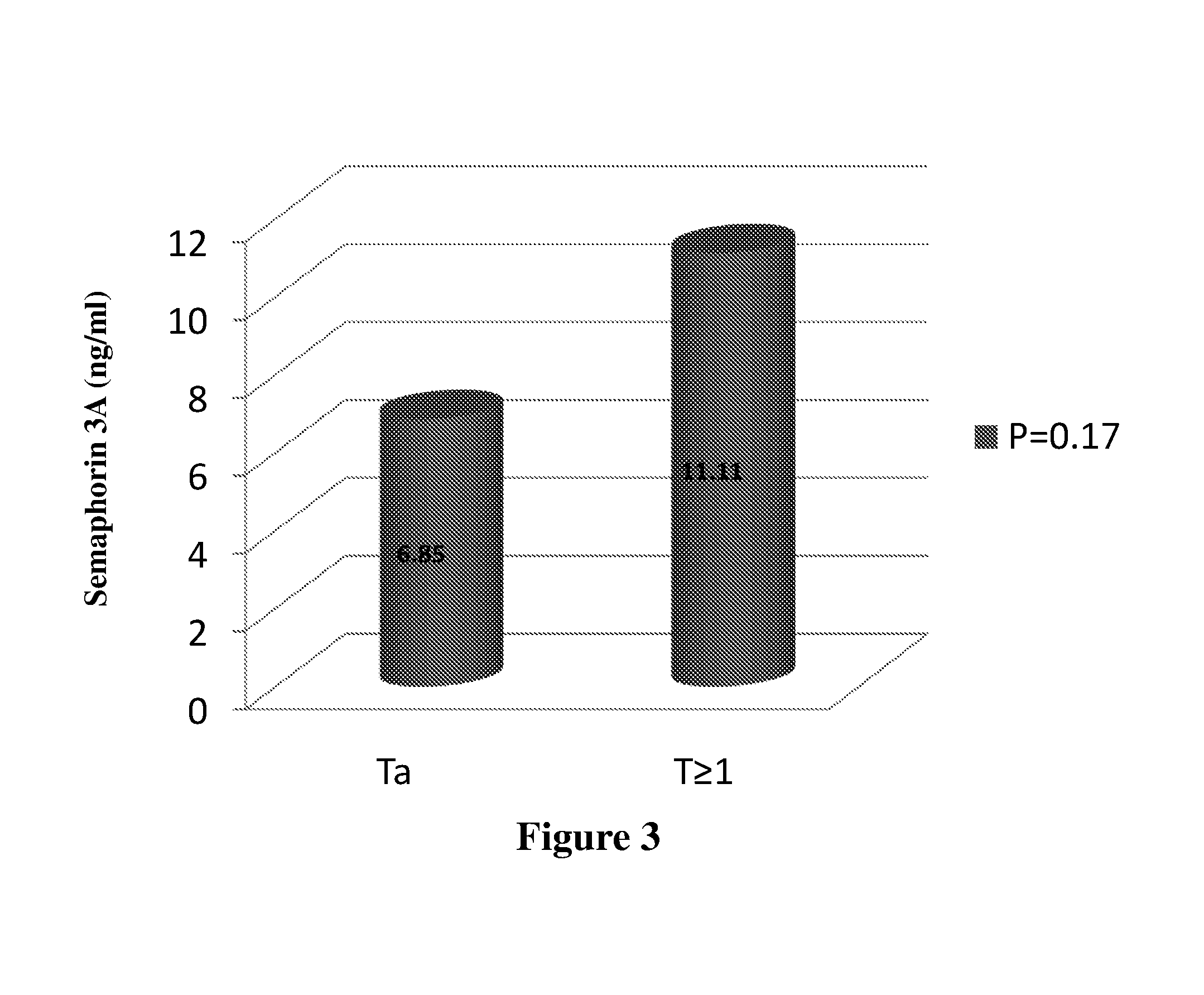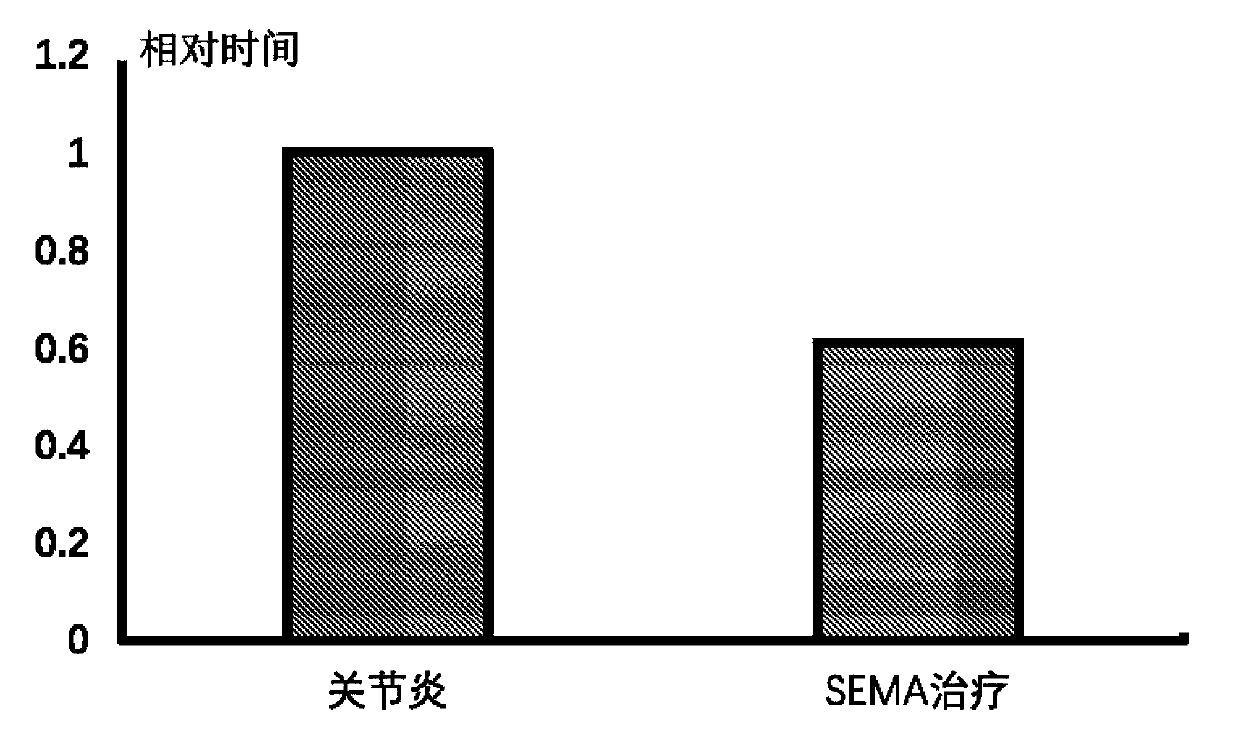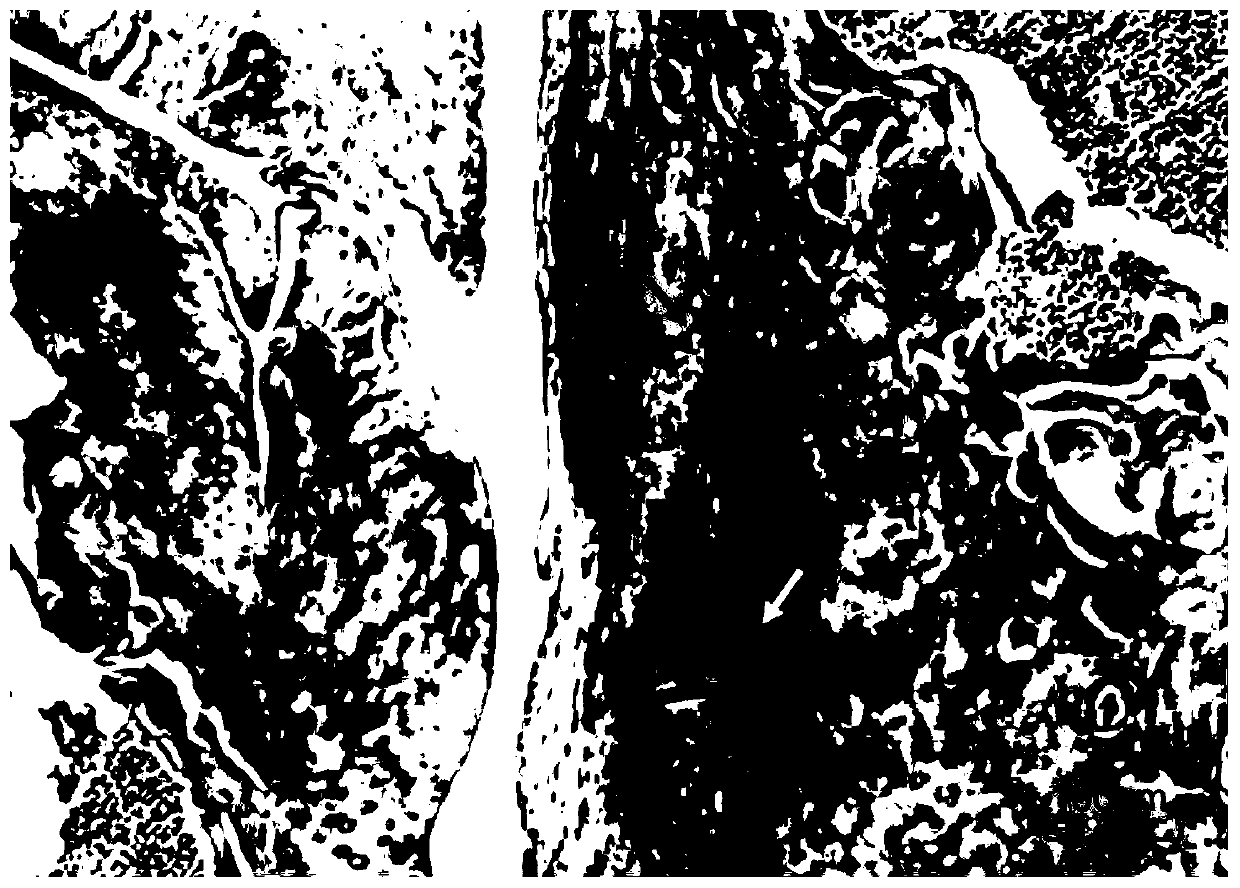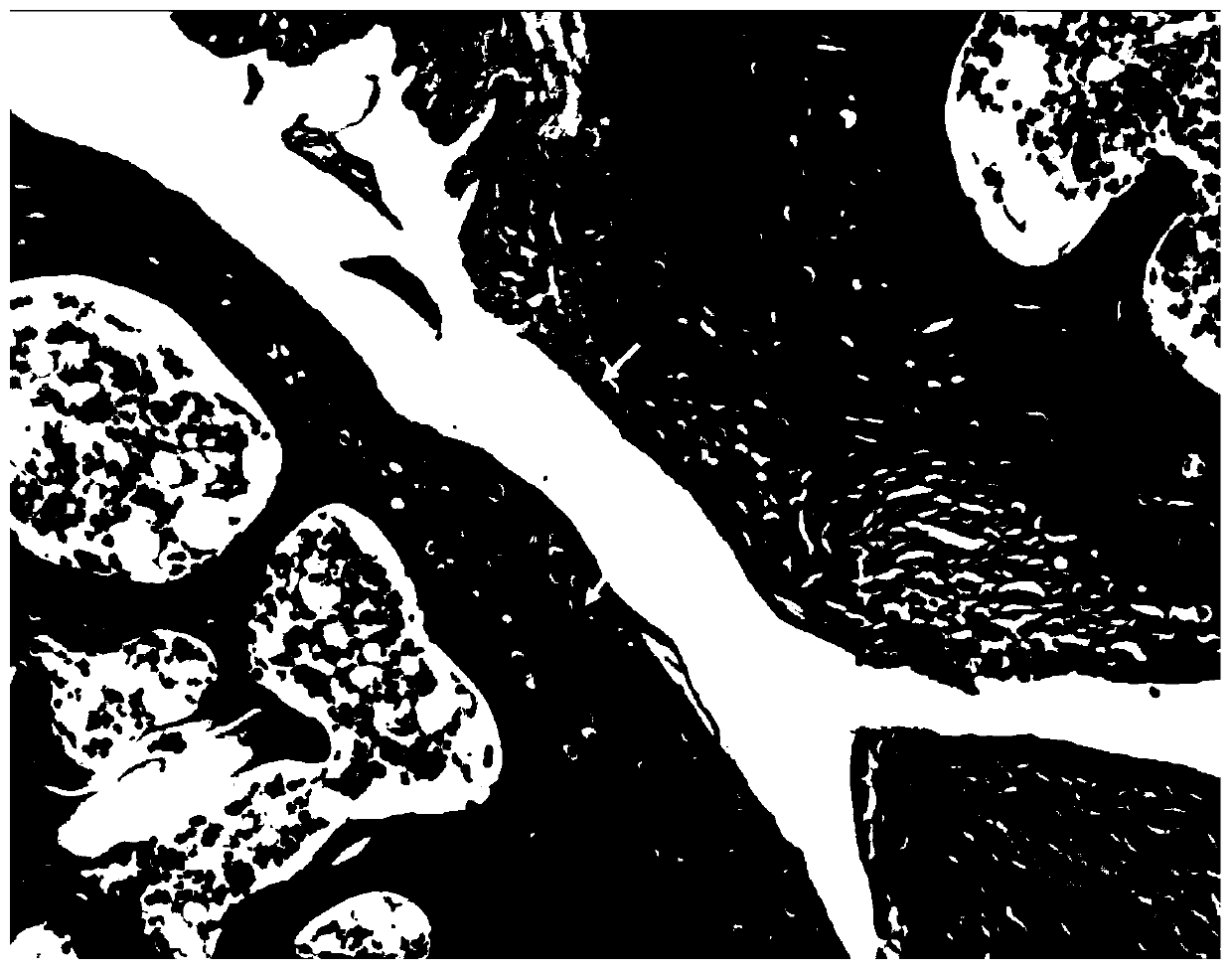Patents
Literature
35 results about "Semaphorin" patented technology
Efficacy Topic
Property
Owner
Technical Advancement
Application Domain
Technology Topic
Technology Field Word
Patent Country/Region
Patent Type
Patent Status
Application Year
Inventor
Semaphorins are a class of secreted and membrane proteins that were originally identified as axonal growth cone guidance molecules. They primarily act as short-range inhibitory signals and signal through multimeric receptor complexes. Semaphorins are usually cues to deflect axons from inappropriate regions, especially important in neural system development. The major class of proteins that act as their receptors are called plexins, with neuropilins as their co-receptors in many cases. The main receptors for semaphorins are plexins, which have established roles in regulating Rho-family GTPases. Recent work shows that plexins can also influence R-Ras, which, in turn, can regulate integrins. Such regulation is probably a common feature of semaphorin signalling and contributes substantially to our understanding of semaphorin biology.
Antibodies specific for semaphorin-like polypeptides
The invention provides novel polynucleotides and polypeptides encoded by such polynucleotides and mutants or variants thereof that correspond to a novel human secreted semaphorin-like polypeptide. These polynucleotides comprise nucleic acid sequences isolated from cDNA library from fetal liver-spleen (Hyseq clone identification numbers 5688868 (SEQ ID NO: 1)). Other aspects of the invention include vectors containing processes for producing novel human secreted semaphorin-like polypeptides, and antibodies specific for such polypeptides.
Owner:NUVELO INC
Compositions for modulating growth of embryonic and adult kidney tissue and uses for treating kidney damage
InactiveUS20080090765A1Protection from damagePeptide/protein ingredientsBone-inducing factorNephronectinMammal
Owner:THE TRUSTEES OF COLUMBIA UNIV IN THE CITY OF NEW YORK
Use of VEGF and homologues to treat neuron disorders
InactiveUS7226908B2Nervous disorderPeptide/protein ingredientsTruncal muscle weaknessSurvival of motor neuron
The present invention relates to neurological and physiological dysfunction associated with neuron disorders. In (particular, the invention relates to the involvement of vascular endothelial growth factor (VEGF) and homologues in the aetiology of motor neuron disorders. The invention further concerns a novel, mutant transgenic mouse (VEGFm / m) with a homozygous deletion in the hypoxia responsive element (HRE) of the VEGF promoter which alters the hypoxic upregulation of VEGF. These mice suffer severe adult onset muscle weakness due to progressive spinal motor neuron degeneration which is reminiscent of amyotrophic lateral sclerosis (ALS)—a fatal disorder with unknown aetiology. Furthermore, the neuropathy of these mice is not caused by vascular defects, but is due to defective VEGF-mediated survival signals to motor neurons. The present invention relates in particular to the isoform VEGF165 which stimulates survival of motor neurons via binding to neuropilin-1, a receptor known to bind semaphorin-3A which is implicated in axon retraction and neuronal death, and the VEGF Receptor-2. The present invention thus relates to the usage of VEGF, in particular VEGF165, for the treatment of neuron disorders and relates, in addition, to the usage of polymorphisms in the VEGF promotor for diagnosing the latter disorders.
Owner:LIFE SCI RES PARTNERS VZW +1
Anti-semaphorin 3a antibody and treatment of alzheimer's disease and inflammatory immune diseases using same
ActiveUS20150368327A1Effectively prevent and treatSymptoms improvedAntibacterial agentsSenses disorderDisseminated coagulopathyAutoimmune disease
The present invention mainly addresses the problem of providing an antibody against semaphorin 3A protein, said antibody enabling effective prevention and / or treatment of a disease, in which Sema 3A protein participates, such as a neurodegenerative disease, autoimmune disease, inflammatory disease, cancer, infectious disease, etc. or disseminated intravascular coagulation syndrome. An anti-Sema 3A antibody comprising CDRs having specific amino acid sequences (SEQ ID NOS: 1-6, 60-62, 64-66, 68-70, 72-74, 76-78, 80-82, 84-86 and 88-90) enables effective prevention and / or treatment of a disease, in which Sema 3A protein participates, such as a neurodegenerative disease, autoimmune disease, inflammatory disease, cancer, infectious disease, etc. or disseminated intravascular coagulation syndrome and, therefore, remarkably ameliorates symptoms associated with such a disease.
Owner:CHIOME BIOSCIENCE INC +1
Use of vegf and homologues to treat neuron disorders
InactiveUS20030105018A1Impaired hypoxic upregulationDeterioration progressNervous disorderPeptide/protein ingredientsTruncal muscle weaknessSurvival of motor neuron
The present invention relates to neurological and physiological dysfunction associated with neuron disorders. In (particular, the invention relates to the involvement of vascular endothelial growth factor (VEGF) and homologues in the aetiology of motor neuron disorders. The invention further concerns a novel, mutant transgenic mouse (VEGFm / m) with a homozygous deletion in the hypoxia responsive element (HRE) of the VEGF promoter which alters the hypoxic upregulation of VEGF. These mice suffer severe adult onset muscle weakness due to progressive spinal motor neuron degeneration which is reminiscent of amyotrophic lateral sclerosis (ALS)-a fatal disorder with unknown aetiology. Furthermore, the neuropathy of these mice is not caused by vascular defects, but is due to defective VEGF-mediated survival signals to motor neurons. The present invention relates in particular to the isoform VEGF165 which stimulates survival of motor neurons via binding to neuropilin-1, a receptor known to bind semaphorin-3A which is implicated in axon retraction and neuronal death, and the VEGF Receptor-2. The present invention thus relates to the usage of VEGF, in particular VEGF165, for the treatment of neuron disorders and relates, in addition, to the usage of polymorphisms in the VEGF promotor for diagnosing the latter disorders.
Owner:LIFE SCI RES PARTNERS VZW +1
Compositions and methods of use for modulators of nectin 4, semaphorin 4b, igsf9, and kiaa0152 in treating disease
Microarray analysis, confirmed by RT-PCT, demonstrated that mRNA derived from cancerous tissues hybridized specifically and preferentially to human nectin 4, semaphorin 4b, IgSF9, and KIAA0152. Microarray analysis also demonstrated that RNA from malignant bladder, pancreas, and stomach tissue hybridized specifically to human nectin 4, semaphorin 4b, IgSF9, and KIAA0152, all of which are transmembrane proteins that provide a therapeutic target for treating cancer. Modulators of nectin 4, semaphorin 4b, IgSF9, and KIAA0152 are provided for the diagnosis and treatment of proliferative disorders such as cancer and psoriasis. The invention further provides methods of treating cancer with therapeutic agents directed toward nectin 4, semaphorin 4b, IgSF9, and KIAA0152.
Owner:FIVE PRIME THERAPEUTICS
Novel compounds as semaphorin inhibitors
Compounds represented by the general formula (1) wherein R1 and R3 are each independently hydrogen or a carboxyl group and R2 and R4 are each independently hydrogen or a hydroxyl group, or pharmaceutically acceptable salts thereof, which exhibit semaphorin-inhibitory activity and are useful as preventives or remedies for neuropathic and neurodegenerative diseases are provided.
Owner:SUMITOMO DAINIPPON PHARMA CO LTD
Therapeutic agent for corneal sensory nerve damage containing semaphorin inhibitor as active ingredient
InactiveUS20140018416A1Treat and prevent sensory neuropathyEasy to useBiocideSenses disorderDiseaseHydrogen atom
A compound represented by formula (1), or a pharmaceutically acceptable salt thereof is effective as a therapeutic agent or a prophylactic agent for a corneal disease or sensory nerve damage due to corneal surgery, and as a regeneration accelerator for corneal sensory nerves:wherein R1 represents a hydrogen atom or a carboxyl group, R2 represents a hydrogen atom or a hydroxy group, R3 represents a hydrogen atom or a carboxyl group, and R4 represents a hydrogen atom or a hydroxy group.
Owner:KEIO UNIV +1
Semaphorin 3A as a diagnostic marker for urothelial cancer
ActiveUS10139412B2Simple and reliable processSensitive highDisease diagnosisBiological testingSemaphorinCancer treatment
The present invention is directed to methods and kits useful for diagnosis and / or prognosis of urothelial cancer in a subject. The present invention further relates to methods of assessing severity of cancer and methods of determining efficacy of a treatment for cancer. The methods and kits of the invention comprise determining the levels of semaphorin 3A in a biological sample of a subject.
Owner:MEDICAL RES & DEV FUND FOR HEALTH SERVICES BNAI ZION MEDICAL CENT +1
Human sema4a protein antibodies and uses thereof
InactiveUS20070237773A1Immunoglobulins against animals/humansAntibody ingredientsDendritic cellSemaphorin
The invention relates to a novel costimulatory pathway mediated by a member of the semaphorin protein family, Sema4A, which is selectively expressed on the surface of dendritic cells. In addition, the invention relates to the use of Sema4A protein and protein derivatives in a method for the identification of immunomodulatory substances and to therapeutic applications making use thereof.
Owner:KIKUTANI HITOSHI +2
Semaphorin 7A Plays a Critical Role in TGF-Beta1-Induced Pulmonary Fibrosis and Alveolar Destruction
The present invention provides methods of treating a subject diagnosed with, or at risk for developing, pathogenic fibrosis, particularly pulmonary fibrosis. The method of the invention comprises administering to the subject a compound or composition which inhibits semaphorin (SEMA) 7A, SEMA 7A receptors, or downstream effectors. A SEMA 7A inhibitor comprises an antibody, a soluble SEMA 7A receptor, an siRNA, a ribozyme, an antisense, an aptamer, a peptidomimetic, a small molecule, a soluble receptor, or any combinations thereof.
Owner:YALE UNIV
Therapeutic agent for corneal sensory nerve damage containing semaphorin inhibitor as active ingredient
ActiveCN103379906APrevention of sensory neuropathySenses disorderNervous disorderCorneal diseaseHydrogen atom
A compound represented by formula (1) (wherein R1 represents a hydrogen atom or a carboxyl group, R2 represents a hydrogen atom or a hydroxy group, R3 represents a hydrogen atom or a carboxyl group, and R4 represents a hydrogen atom or a hydroxy group) or a pharmaceutically acceptable salt thereof is effective as a therapeutic agent or a prophylactic agent for a corneal disease or sensory nerve damage due to corneal surgery, and as a regeneration accelerator for corneal sensory nerves.
Owner:KEIO UNIV +1
Semaphorin 3a for treatment and assessment of severity of asthma
ActiveUS20150216929A1Function increaseHigh expressionPeptide/protein ingredientsDisease diagnosisSemaphorinAsthma severity
The present invention relates to methods of treating Asthma using Semaphorin 3A. The invention further relates to assessing Asthma severity or treatment efficacy, comprising determining Semaphorin 3A level in a biological sample of a subject afflicted with Asthma.
Owner:MEDICAL RES & DEV FUND FOR HEALTH SERVICES BNAI ZION MEDICAL CENT
Preparation method and application of bionic silicified collagen material
The invention discloses a preparation method and application of a bionic silicified collagen material. The preparation method disclosed by the invention comprises the step of soaking ACE collagen in a pretreatment solution to obtain a bionic silicified collagen material, wherein the pretreatment solution is composed of choline chloride and an orthosilicic acid solution. The bionic silicified collagen material constructed by the invention has good physical and chemical properties, and can promote the growth of peripheral sensory nerve axons and activate a sensory nerve mTOR signal channel to secrete Semaphorins 3A.
Owner:FOURTH MILITARY MEDICAL UNIVERSITY
Semaphorin 3c variants, compositions comprising said variants and methods of use thereof
ActiveUS20160311873A1Collapse is inducedSmall sizePeptide/protein ingredientsAntibody mimetics/scaffoldsSemaphorinPro protein
The present invention relates, according to some embodiments, to variants of Semaphorin 3C (Sema3C) having amino acid modifications at furin-like pro-protein convertase cleavage sites, rendering these sites resistant to cleavage. The invention further provides, according to certain embodiments, compositions comprising the Sema3C variants, and methods of using the compositions for suppressing the growth of tumors and / or inhibiting the development of tumor metastases.
Owner:TECHNION RES & DEV FOUND LTD
Methods and materials relating to semaphorin-like polypeptides and polynucleotides
InactiveUS20040121948A1Minimize side effectsNervous disorderSugar derivativesCDNA libraryAntiendomysial antibodies
The invention provides novel polynucleotides and polypeptides encoded by such polynucleotides and mutants or variants thereof that correspond to a novel human secreted semaphorin-like polypeptide. These polynucleotides comprise nucleic acid sequences isolated from cDNA library from fetal liver-spleen (Hyseq clone identification numbers 5688868 (SEQ ID NO: 1)). Other aspects of the invention include vectors containing processes for producing novel human secreted semaphorin-like polypeptides, and antibodies specific for such polypeptides.
Owner:NUVELO INC
Semaphorin gene: Semaphorin W
The present invention provides Semaphorin W inhibiting neurite outgrowth, and a gene therefor, as well as other Semaphorins hybridizing to said Semaphorin W gene, modified proteins or partial peptides of said Semaphorin W, antibodies against said Semaphorin W, antisense nucleotides against said Semaphorin W gene, and the use of such substances as pharmaceutical or diagnostic agents or laboratory reagents. The present invention further provides a method of screening for Semaphorin W antagonists employing said Semaphorin W, Semaphorin W antagonists obtained by said screening method, pharmaceutical agents comprising such antagonists, and transgenic animals involving said Semaphorin W.
Owner:SUMITOMO DAINIPPON PHARMA CO LTD
Compounds as semaphorin inhibitors
Compounds represented by the general formula (1)wherein R1 and R3 are each independently hydrogen or a carboxyl group and R2 and R4 are each independently hydrogen or a hydroxyl group, or pharmaceutically acceptable salts thereof, which exhibit semaphorin-inhibitory activity and are useful as preventives or remedies for neuropathic and neurodegenerative diseases are provided.
Owner:SUMITOMO DAINIPPON PHARMA CO LTD
Preparation for treatment of spinal cord injury
The present invention is a solid sustained-release formulation comprising an agent for inhibiting semaphorin 3A as an active ingredient, which comprises an agent for inhibiting semaphorin 3A and pharmaceutically acceptable hardly water-soluble solid substance, in which the carrier is silicone.
Owner:SUMITOMO DAINIPPON PHARMA CO LTD +1
Methods of identifying compounds capable of modulating t cell immune responses involving sema4a protein
InactiveUS20070160604A1Stimulate immune responseImmunoglobulins against animals/humansAntibody ingredientsDendritic cellSemaphorin
The invention relates to a novel costimulatory pathway mediated by a member of the semaphorin protein family, Sema4A, which is selectively expressed on the surface of dendritic cells. In addition, the invention relates to the use of Sema4A protein and protein derivatives in a method for the identification of immunomodulatory substances and to therapeutic applications making use thereof.
Owner:KIKUTANI HITOSHI +2
Semaphorin 3A for treatment and assessment of severity of Asthma
ActiveUS10568932B2Function increaseHigh expressionPeptide/protein ingredientsDisease diagnosisEfficacySemaphorin
The present invention relates to methods of treating Asthma using Semaphorin 3A. The invention further relates to assessing Asthma severity or treatment efficacy, comprising determining Semaphorin 3A level in a biological sample of a subject afflicted with Asthma.
Owner:MEDICAL RES & DEV FUND FOR HEALTH SERVICES BNAI ZION MEDICAL CENT
Semaphorin 3c variants, compositions comprising said variants and methods of use thereof in treating eye diseases
ActiveUS20170173111A1Inhibiting and suppressing lymphangiogenesisPeptide/protein ingredientsPharmaceutical delivery mechanismSemaphorinPro protein
The present invention relates, according to some embodiments, method of treating eye diseases, such as AMD by administering Semaphorin 3C (Sema3C) or a variant thereof having amino acid modifications at furin-like pro-protein convertase cleavage sites, rendering these sites resistant to cleavage.
Owner:RAMBAM MED TECH +1
Application of Semaphorin 4D in preventing and treating bone metabolic diseases
InactiveCN104127862ADifferentiation does not affectPeptide/protein ingredientsGenetic material ingredientsDiseaseAntiendomysial antibodies
The invention belongs to the field of biomedical medicines and discloses a new target for preventing and treating the bone metabolic disease, namely a brain signal protein family member Semaphorin 4D protein or Sema4d gene, and application of recombinant proteins or antibodies and interfering RNAs all related to the target in preventing or treating bone metabolic diseases.
Owner:WUHAN UNIV
Semaphorin 7A plays a critical role in TGF-.beta..sub.1-induced pulmonary fibrosis and alveolar destruction
The present invention provides methods of treating a subject diagnosed with, or at risk for developing, pathogenic fibrosis, particularly pulmonary fibrosis. The method of the invention comprises administering to the subject a compound or composition which inhibits semaphorin (SEMA) 7A, SEMA 7A receptors, or downstream effectors. A SEMA 7A inhibitor comprises an antibody, a soluble SEMA 7A receptor, an siRNA, a ribozyme, an antisense, an aptamer, a peptidomimetic, a small molecule, a soluble receptor, or any combinations thereof.
Owner:YALE UNIV
Semaphorin 3C variants, compositions comprising said variants and methods of use thereof
ActiveUS9896490B2Collapse is inducedSmall sizePeptide/protein ingredientsAntibody mimetics/scaffoldsLymphatic SpreadSemaphorin
Owner:TECHNION RES & DEV FOUND LTD
Semaphorin 3C variants, compositions comprising said variants and methods of use thereof in treating eye diseases
The present invention relates, according to some embodiments, method of treating eye diseases, such as AMD by administering Semaphorin 3C (Sema3C) or a variant thereof having amino acid modifications at furin-like pro-protein convertase cleavage sites, rendering these sites resistant to cleavage.
Owner:RAMBAM MED TECH +1
Anti-semaphorin 3A antibody and treatment of Alzheimer's disease and inflammatory immune diseases using same
The present invention mainly addresses the problem of providing an antibody against semaphorin 3A protein, said antibody enabling effective prevention and / or treatment of a disease, in which Sema 3A protein participates, such as a neurodegenerative disease, autoimmune disease, inflammatory disease, cancer, infectious disease, etc. or disseminated intravascular coagulation syndrome. An anti-Sema 3A antibody comprising CDRs having specific amino acid sequences (SEQ ID NOS: 1-6, 60-62, 64-66, 68-70, 72-74, 76-78, 80-82, 84-86 and 88-90) enables effective prevention and / or treatment of a disease, in which Sema 3A protein participates, such as a neurodegenerative disease, autoimmune disease, inflammatory disease, cancer, infectious disease, etc. or disseminated intravascular coagulation syndrome and, therefore, remarkably ameliorates symptoms associated with such a disease.
Owner:CHIOME BIOSCIENCE INC +1
Novel administration method
PendingUS20220000834A1Lessen the burden on the bodyPartly effectiveOrganic active ingredientsNervous disorderInjury brainMeninges
The present invention addresses the problem of providing a formulation for applying a semaphorin inhibitor without surgery to remove the dura mater. A sheet formulation comprising a semaphorin inhibitor for treating spinal cord injury or brain injury by epidural administration is provided.
Owner:SUMITOMO DAINIPPON PHARMA CO LTD
Semaphorin 3a as a diagnostic marker for urothelial cancer
ActiveUS20160299142A1Simple and reliable processSensitive highDisease diagnosisSemaphorinCancer treatment
The present invention is directed to methods and kits useful for diagnosis and / or prognosis of urothelial cancer in a subject. The present invention further relates to methods of assessing severity of cancer and methods of determining efficacy of a treatment for cancer. The methods and kits of the invention comprise determining the levels of semaphorin 3A in a biological sample of a subject.
Owner:MEDICAL RES & DEV FUND FOR HEALTH SERVICES BNAI ZION MEDICAL CENT +1
Purpose of neuronal guidance factor semaphorin 3a for preparing medicine capable of treating osteoarthritis
ActiveCN110772632ARelieve painPromote hyperplasiaPeptide/protein ingredientsAntipyreticPharmaceutical drugSemaphorin
The invention provides a purpose of a neuronal guidance factor semaphorin 3a for preparing a medicine capable of treating osteoarthritis. The invention also provides a new medicine for treating the osteoarthritis, and the medicine takes the semaphorin 3a as an active ingredient. A ratio of cartilages on an osteoarthritis position can be improved to realize the effective treatment of the osteoarthritis, and a course of the osteoarthritis can be reversed. The purpose has a good application prospect.
Owner:WEST CHINA HOSPITAL SICHUAN UNIV
Features
- R&D
- Intellectual Property
- Life Sciences
- Materials
- Tech Scout
Why Patsnap Eureka
- Unparalleled Data Quality
- Higher Quality Content
- 60% Fewer Hallucinations
Social media
Patsnap Eureka Blog
Learn More Browse by: Latest US Patents, China's latest patents, Technical Efficacy Thesaurus, Application Domain, Technology Topic, Popular Technical Reports.
© 2025 PatSnap. All rights reserved.Legal|Privacy policy|Modern Slavery Act Transparency Statement|Sitemap|About US| Contact US: help@patsnap.com
